Diversity at the HFBK Hamburg
Understanding
Diversity refers to the diversity of an organisation or society in terms of various individual or structural dimensions such as social and cultural background and affiliation, gender identity, sexual orientation, age, mental and health impairment, but also religion and family background.
Internationality, polyphony and diversity characterize the HFBK Hamburg to a particular degree. The diversity of its members is valued, respectfully lived and promoted, as it is inspiration, opportunity and benefit at the same time for an art school.
The university's already firmly established equal opportunities work is continually being expanded to include diversity-oriented aspects. All advice services are intended to be open to everyone and are to be continually expanded. Participation and suggestions are always welcome!
Policies and more
- Anti-Discrimination Policy HFBK Hamburg
- Guideline against gender-based discrimination and sexual violence at the HFBK Hamburg
- In 2014, the HFBK Hamburg received an »audit familiengerechte Hochschule« (family-friendly university audit) certificate from Berufundfamilie gGmbH, an initiative of the not-for-profit Hertie-Stiftung foundation. Re-certification took place in 2017, in 2020 the consolidation.
- Recommendations for the use of gender-sensitive language at HFBK Hamburg (available only in German language)
- The Hochschule für bildende Künste Hamburg is delighted to have achieved the top position in the CEWS University Ranking for Gender Equality 2023, which is the result of the current eleventh edition of this established and long-standing quality assurance tool for gender equality at universities. With 8 out of a possible 8 points, the HFBK Hamburg once again leads the table of Germany's 39 universities of the arts after 2019, this time holding its own in ranking group 1.
- In November 2018 the HFBK was one of the first signatories of the Hamburger Erklärung der VIELEN (Hamburg Declaration). The VIELEN are a dialogue-oriented network of artists and cultural practitioners with a clear commitment to openness and freedom in art.
- We are currently developing a conceptual diversity guideline for the HFBK Hamburg.
Contact and counselling service for anti-discrimination and diversity issues
We want to be the contact point for your questions, concerns and complaints. Please do not hesitate to contact us. The exchange of information is of course confidential.
The following contact persons are at your disposal:
Overview of the contact persons.
Diversity officer
Anti-Semitism officer
Delegate for equality for administrative staff
- Gerald Meißner
- Aliaksandra Petrusevich (subsitute)
Vice President, area of responsibility International+Diversity
Psychosocial Counselling
Representative for Students with Disabilities
The HFBK Steering Group for Diversity is available to all university members as an advisory committee and assumes the function of the Complaints Office in accordance with the General Equal Treatment Act (AGG) and the Anti-Discrimination Policy.
Psychosocial Counseling Services of the HFBK Hamburg
The challenges of studying art are great and it is not uncommon to be confronted with difficulties and crises in everyday life beyond one's own artistic development process, which can be overwhelming. For this reason, the HFBK is maintaining Psychosocial Counseling Services, which are open to all students as a point of contact and initial counseling and can provide support with the following issues:
- in dealing with conflicts, crises and fears
- difficulties in working together with teachers and other students
- in situations of psychological stress
- identity and orientation problems
- in the case of experiences of discrimination (e.g. ableism, classism, anti-Semitism, racism, sexism).
The counseling sessions are free of charge, anonymous and confidential. They take place in German or English, as desired.
Open office hours
Tue 4-6 p.m. / Thu 12 -2 p.m. (cancelled on 07/04 and 29/04)
And appointments by arrangement (by phone or email)
You are also welcome to take advantage of a consultation if the issue is still unclear. We listen to you, support you in sorting out your thoughts and look for solutions together. If necessary, we will refer you to further offers.
Contact
Nina Arthkamp, diploma pedagogue / supervisor
Room K15
Phone: +49 40 23 85 82 211
Mail: ps.beratung@hfbk.hamburg.de
Studies and family
In 2014, the HFBK Hamburg received an »audit familiengerechte Hochschule« (family-friendly university audit) certificate from Berufundfamilie gGmbH, an initiative of the not-for-profit Hertie-Stiftung foundation. Re-certification took place in 2017. In the spirit of this audit, the HFBK aims to make working and study conditions progressively more family-friendly, and, in particular, to support students with children in combining family activities with studying. Numerous measures have already been implemented by the HFBK to achieve this. Please find an overview here.
More info on studying with children and child care can be found here: Studierendenwerk Hamburg and Familienbüro der Uni Hamburg
Supplementary ID card of dgti
Personal documents do not always match one's own personal details: As long as the change of name and/or personal status has not yet been achieved, it is possible for all trans*, inter* and non-binary persons to have their self-chosen first name and other self-chosen personal data recognized with a dgti supplementary identity card.
The HFBK Hamburg recognizes the supplementary ID card in all application, hiring and admission procedures. This also applies to the course of studies and graduation at the HFBK Hamburg (e.g. student ID, certificates and other mentions in online communication). The supplementary ID card can also be used to subsequently change the entry in the Students Office (for students) and/or Human Resources (for employed students and staff).
In combination with an official identity card, the dgti supplementary identity card is an identity document recognized by the Federal Ministry of the Interior (BMI). It contains all self-selected personal data as well as a current passport photo.The supplementary ID card can be applied for here, even if the process of a change of personal status is not being sought at all.
Recommendations for the use of gender-sensitive language at HFBK Hamburg
The members of the Hamburg University of Fine Arts - students, professors and staff - are a plural community in which different interests, perspectives and experiences meet. We see this fact as an opportunity and an enrichment. Our goal is to offer a non-discriminatory space in which respectful, professional and appreciative interaction is practiced.
This includes a sensitive approach to our language, because it is an important tool for conveying differentiated role models and avoiding discrimination of all kinds. Gender-sensitive language can contribute to an appreciative address of all persons.
In order to ensure reflective communication between all university members and to ensure respectful addressing of all persons - female, male, trans, intergender and non-binary - or to include them in our language, these recommendations have been developed.
Download the Recommendations for the use of gender-sensitive language at HFBK Hamburg (available only in German language)
International
The HFBK actively supports international student exchanges. The large number of partner universities included in the EU’s exchange programme Erasmus+ enables a high degree of international mobility. Students receive particularly generous support within the framework of the Art School Alliance.
The proportion of foreign students, who come not only from Europe, but especially from China, Korea and South America, is traditionally very high at the HFBK Hamburg and currently stands at 30%. Please find here more info.
Help and advice for students
Some situations require a trusting exchange with others and professional support. For this purpose we have put together various counseling services. Please find them here.
More links concerning diversity and equality
• The Hamburg Center for Gender & Diversity offers numerous courses on women's and gender studies for students at the participating universities. You can find more information here or at the Zentrum Gender & Diversity, Universität Hamburg
HFBK events in the framework of diversity and equality
• Exhibition series „Folgendes“
• Professionalization program at the HFBK
• Lecture series »Cross-Cultural Challenges«, part of the program Artistic and Cultural Orientation for asylum seekers and refugees
• hhintersection is a mediation platform, which as an internet site, through performances, workshops and exhibitions focuses on issues of diversity and promotes experimental learning formats in the art school and beyond.
• Talks and symposia with thematic reference under http://mediathek.hfbk.net and www.podcampus.de/channels/nJNYn
Anti-discrimination complaints office (for employees and applicants)
Contact: Janina Heller
Selected events in SuSe 2025
- Ringvorlesung "Formen der Kritik"
- Themen die noch fehlten, studentischer Studientag, Diversity AG und Sustainability Group
- Liebe | Love, Seminar von Prof. Dr. Juliane Rebentisch
- Hass | Hate, Seminar von Prof. Dr. Juliane Rebentisch
- Cine*Ami*es. Historiography of the HFBK Film Department, Prof. Dr. Elisa Linseisen
- cute., Seminar von Prof. Dr. Elisa Linseisen
- Mute/Unmute, Podcast von Prof. Dr. Astrid Mania
- weitere Veranstaltungen auch am ZGD
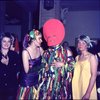
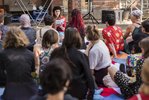
 Dr. Anja Steidinger
Dr. Anja Steidinger
 Ingo Offermanns
Ingo Offermanns
 Bärbel Hartje
Bärbel Hartje
 Tim Albrecht
Tim Albrecht
 Steering Group Diversity
Steering Group Diversity
 Critical Diversity AG
Critical Diversity AG
 Vortragsreihe ohne Namen. Unsicherheiten zwischen solidarischem Sprechen und Cancel Culture
Vortragsreihe ohne Namen. Unsicherheiten zwischen solidarischem Sprechen und Cancel Culture
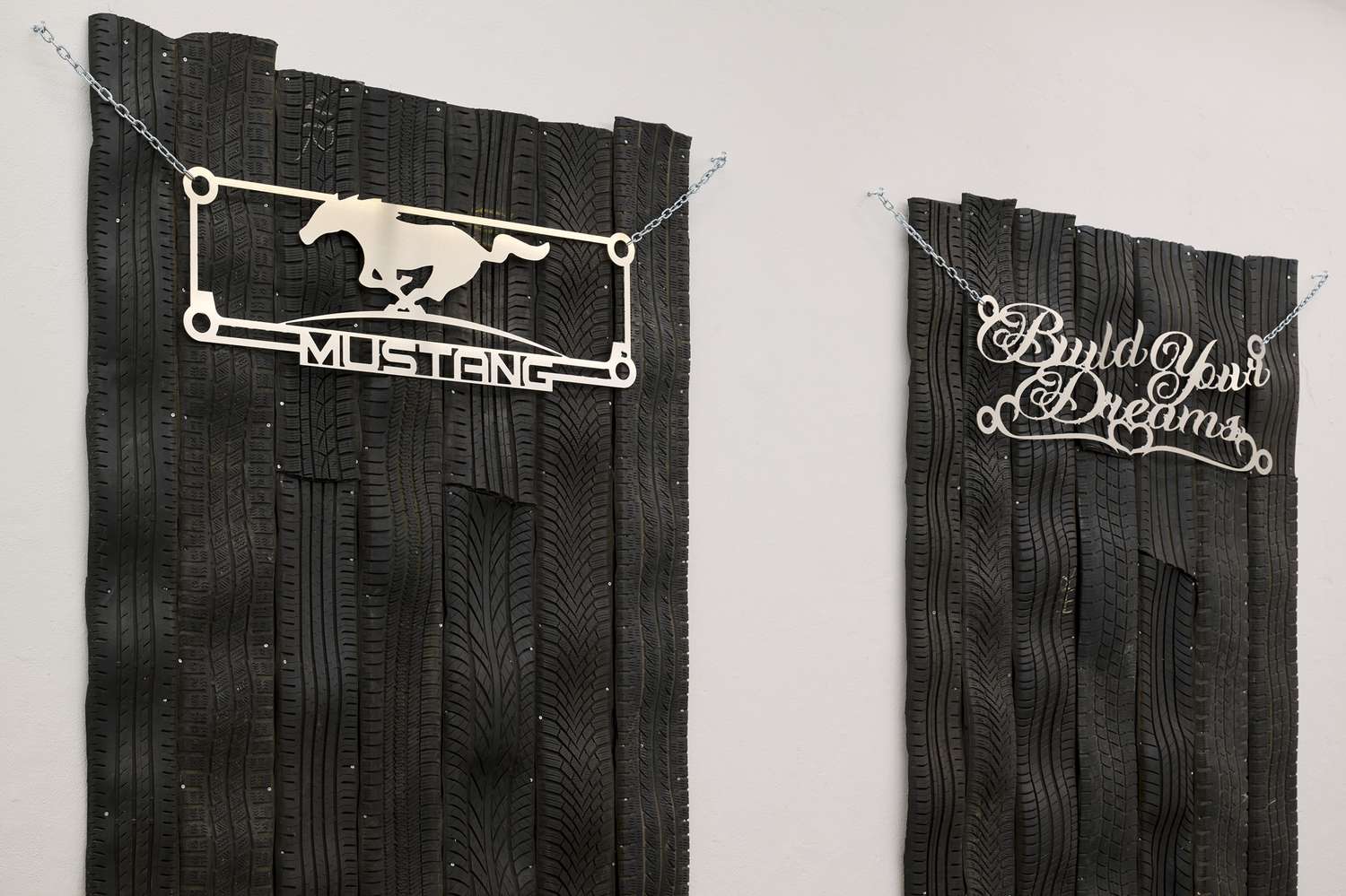
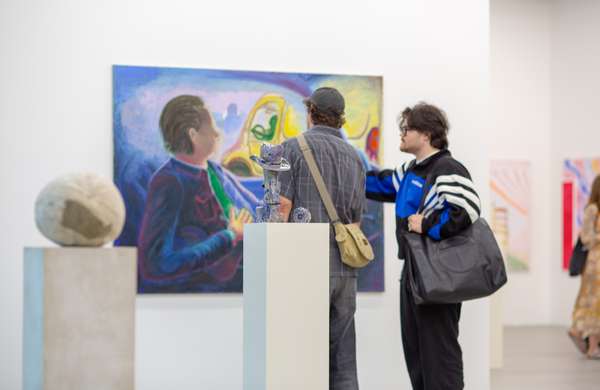


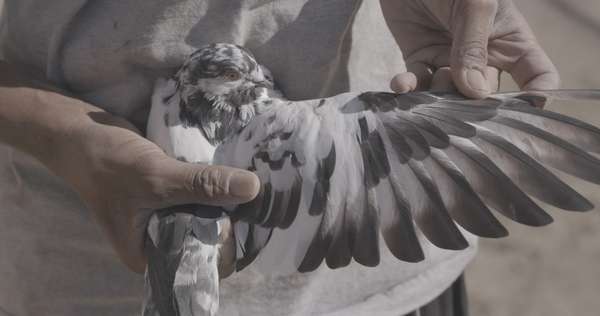
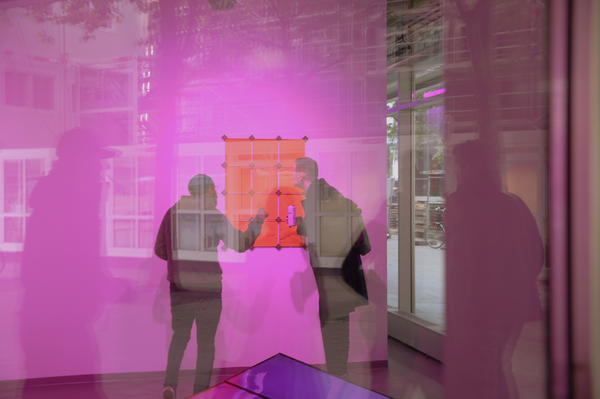
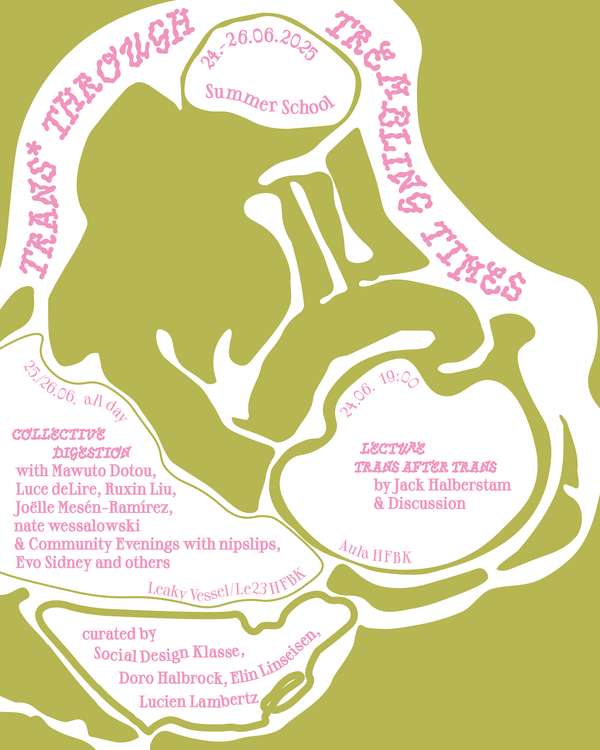
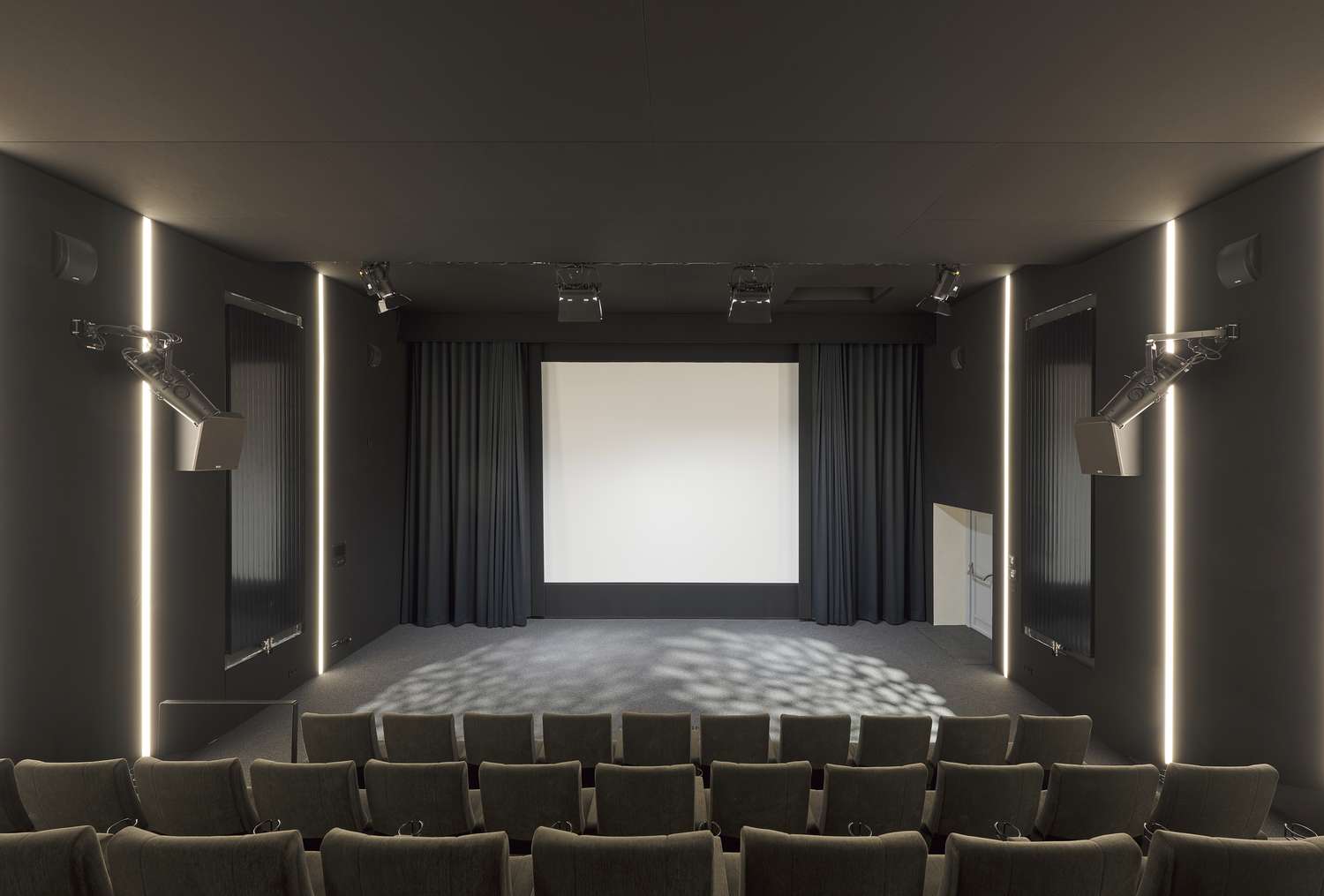
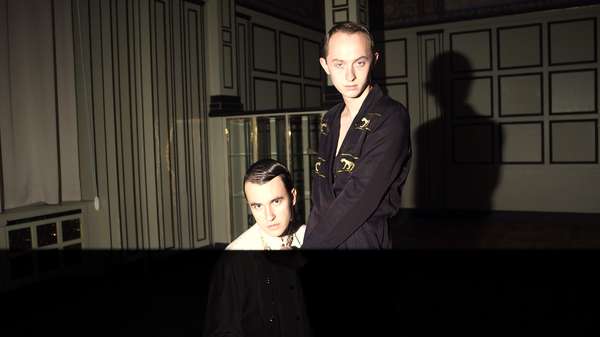
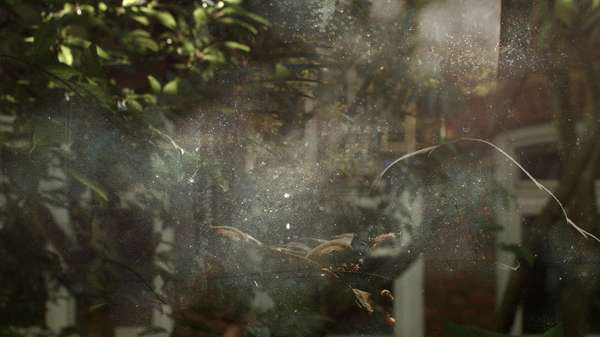
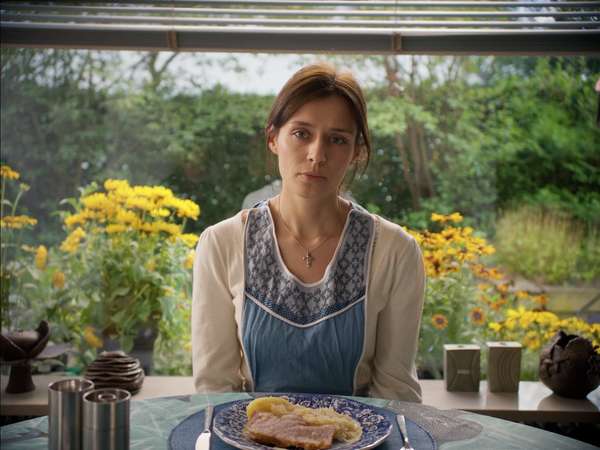

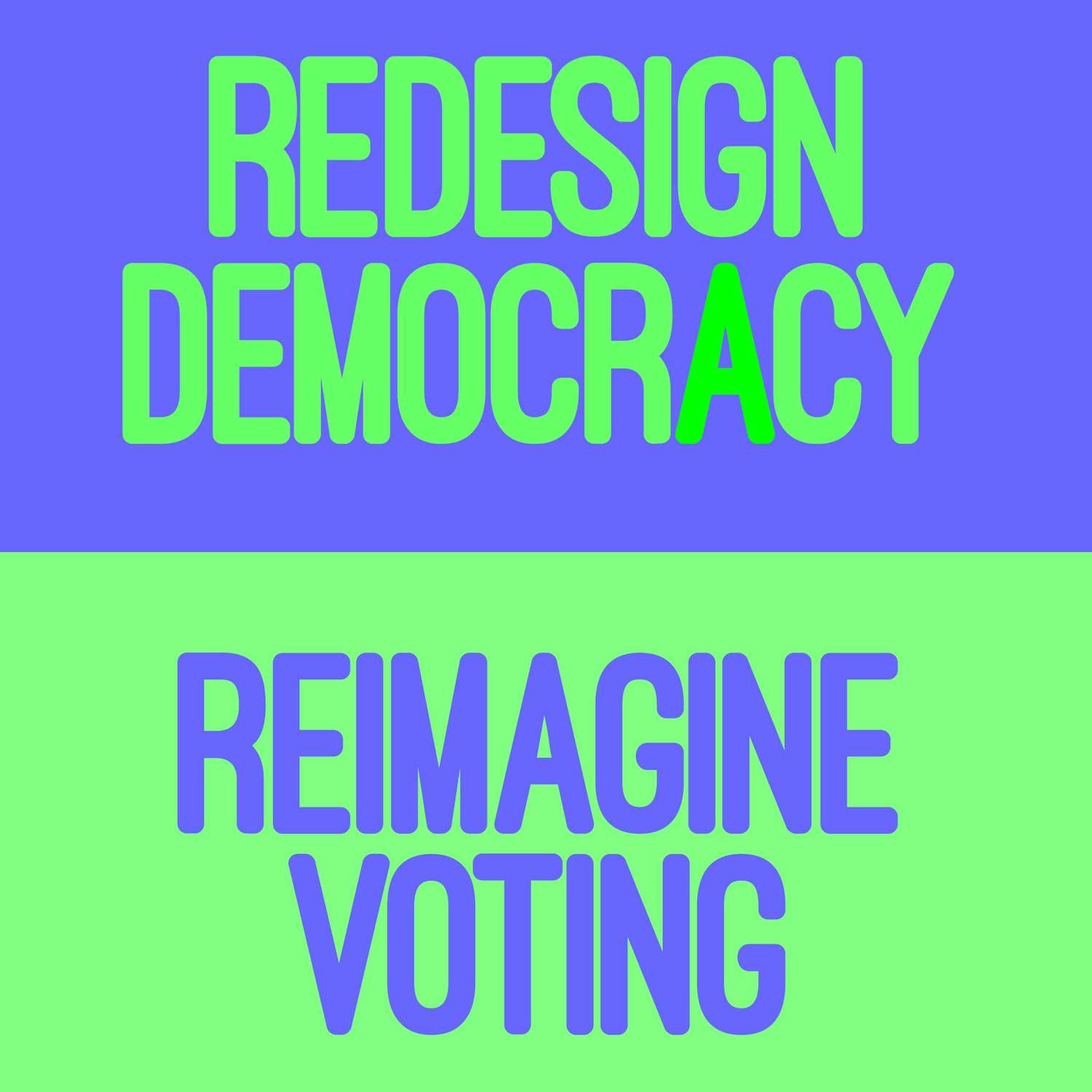
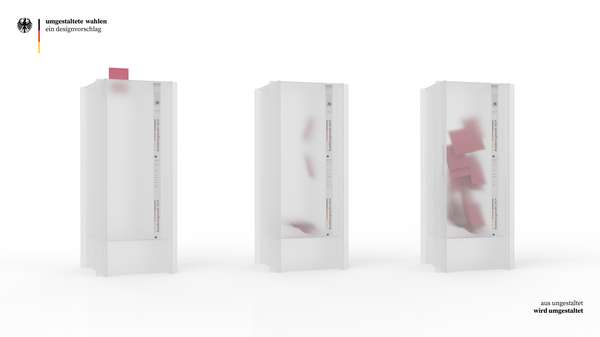
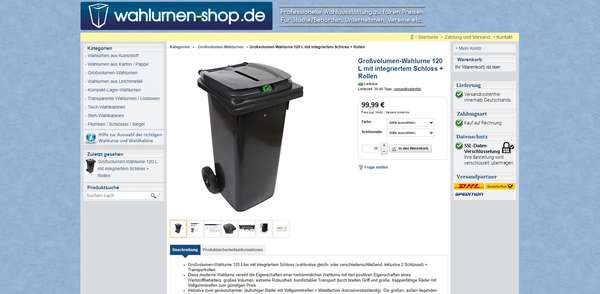
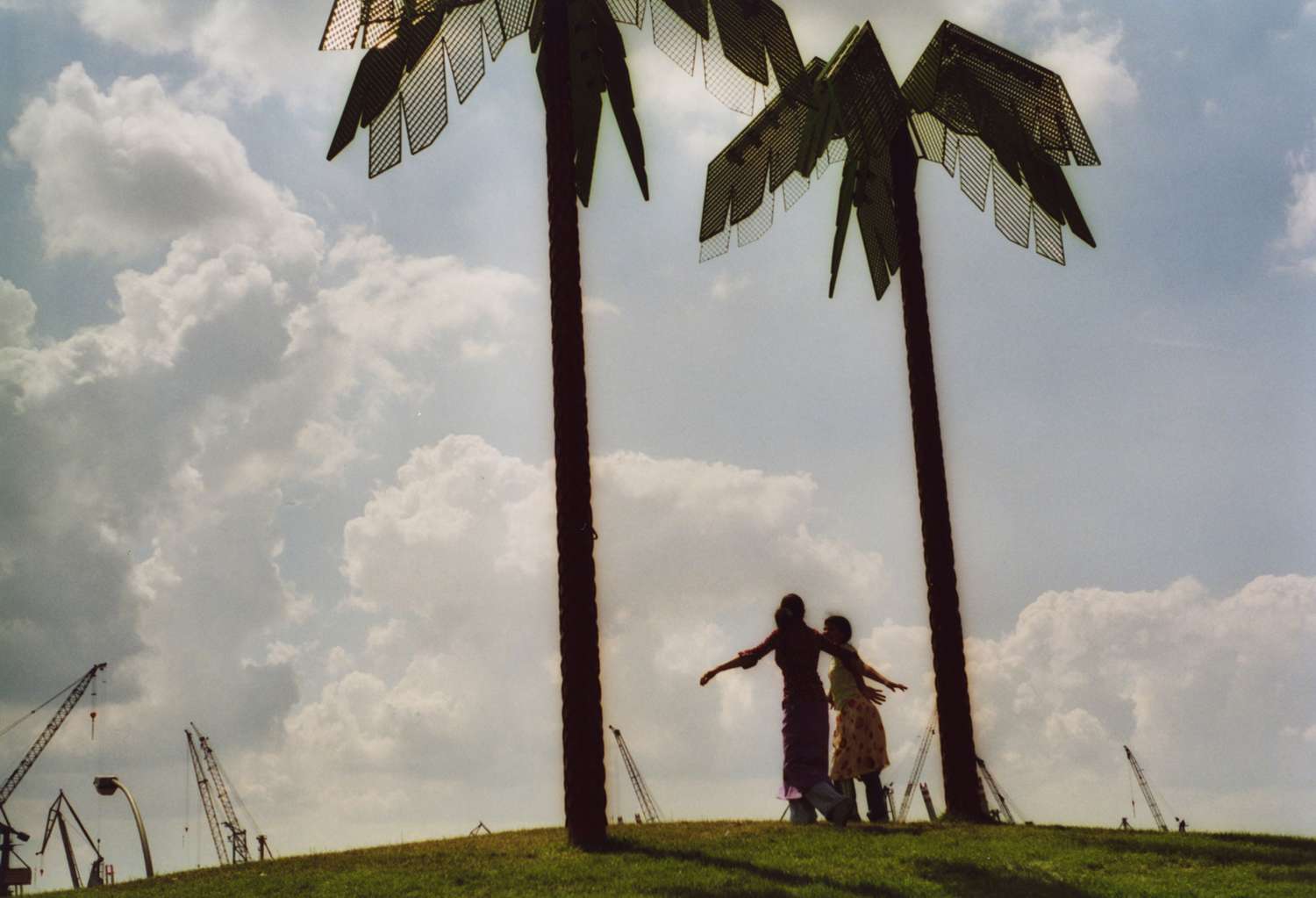
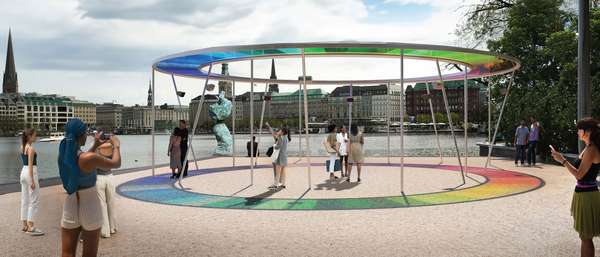
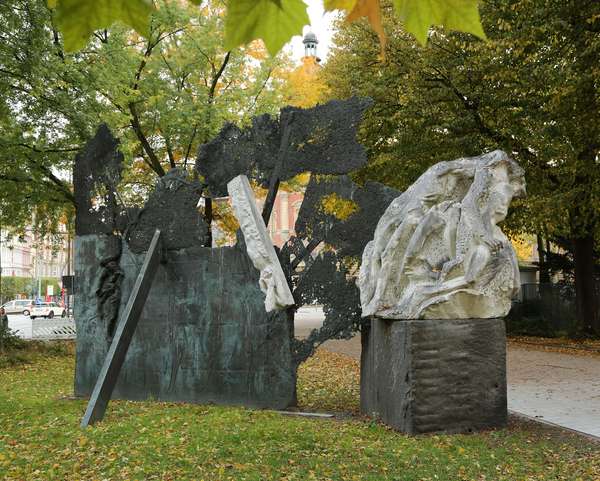
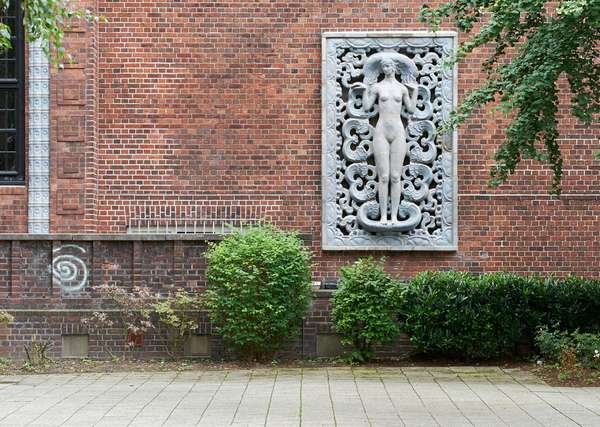
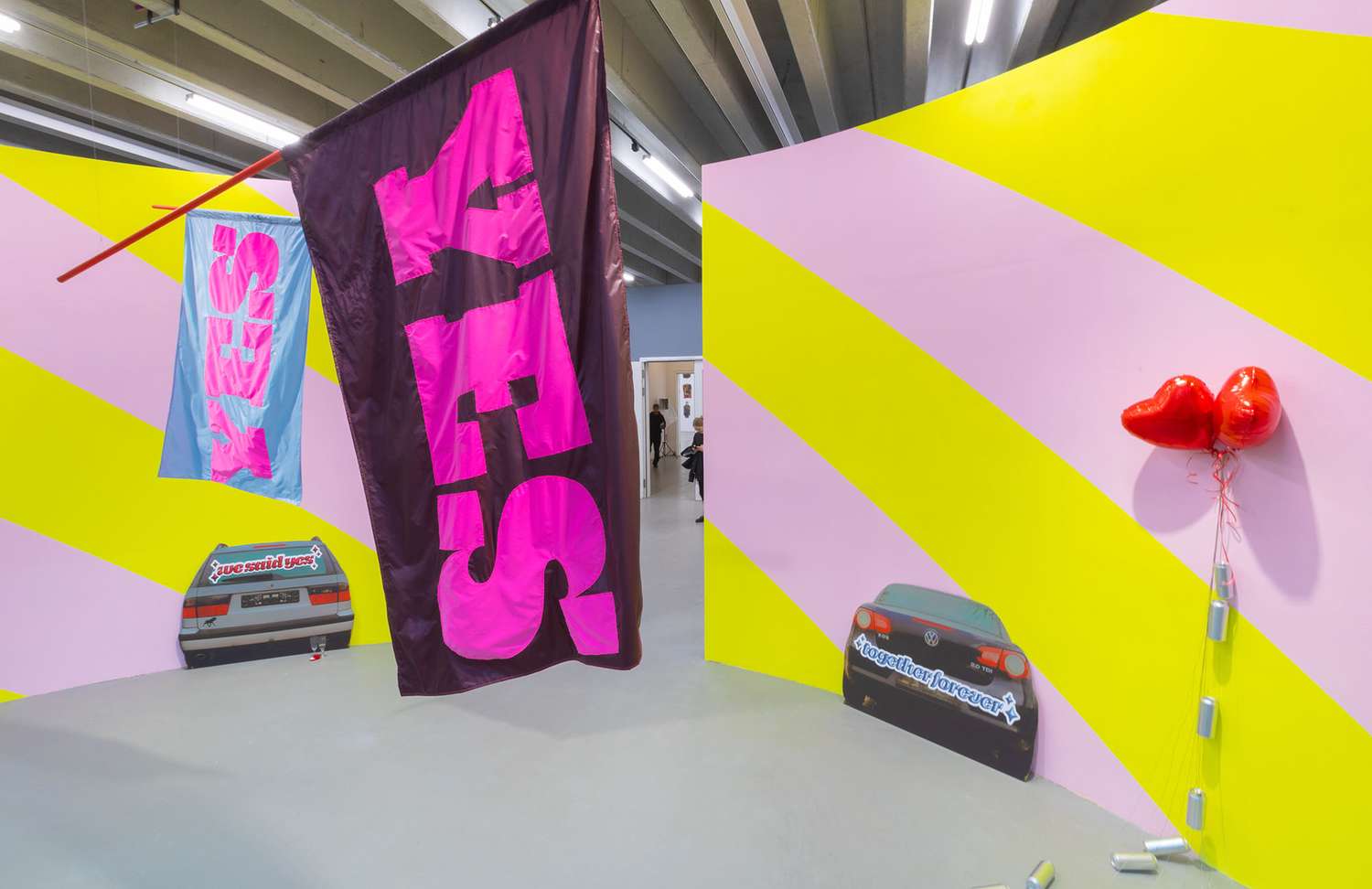
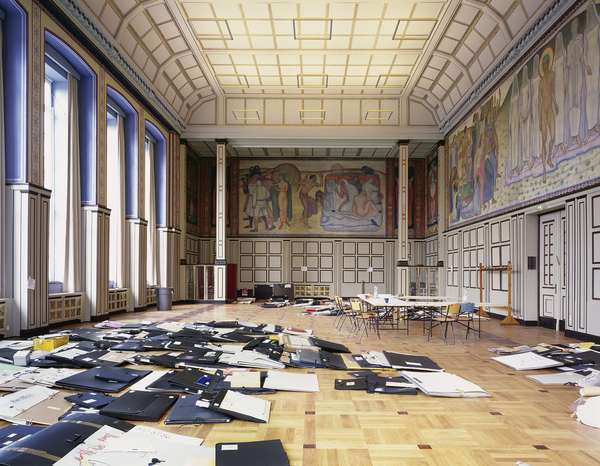
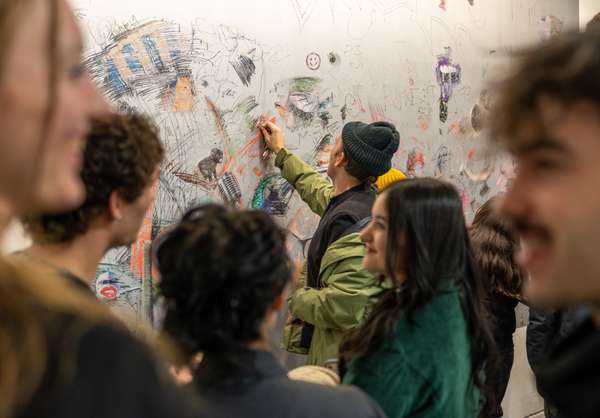
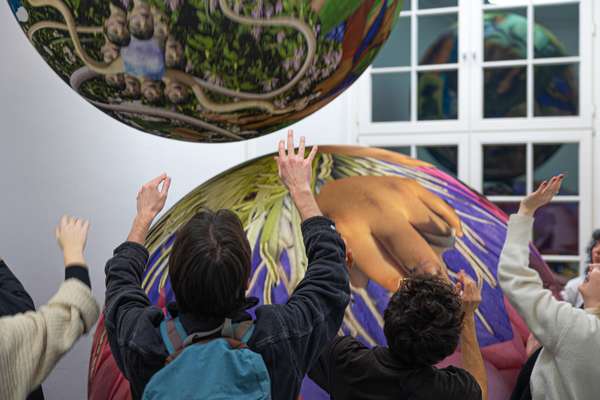


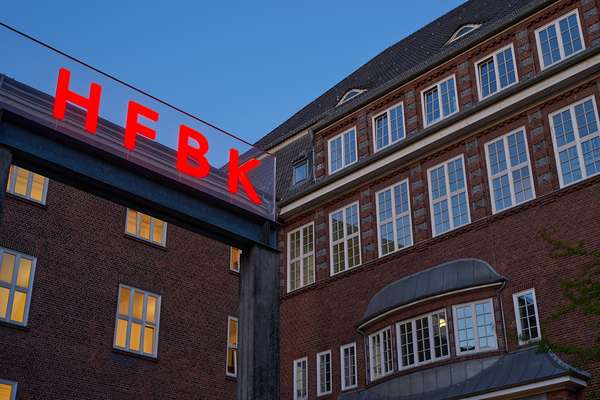
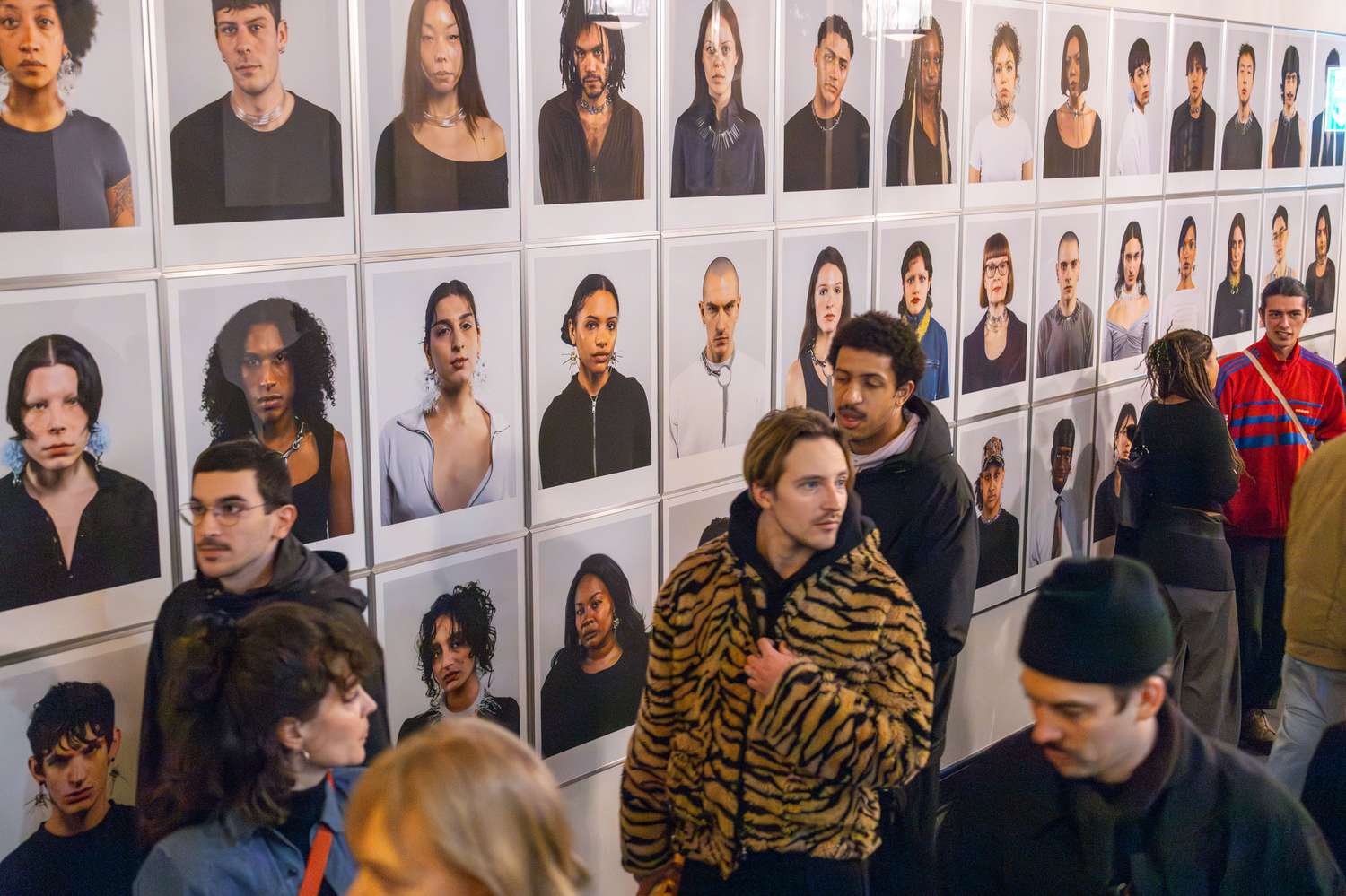

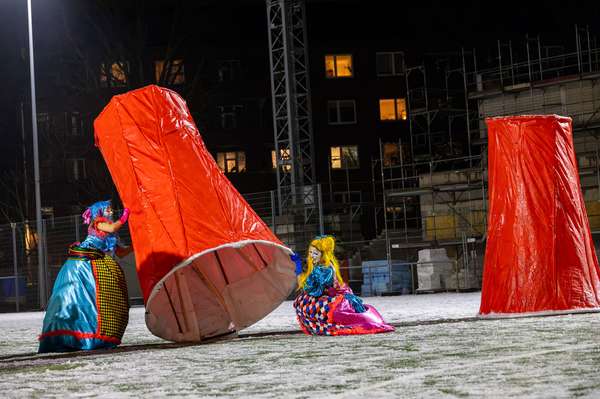
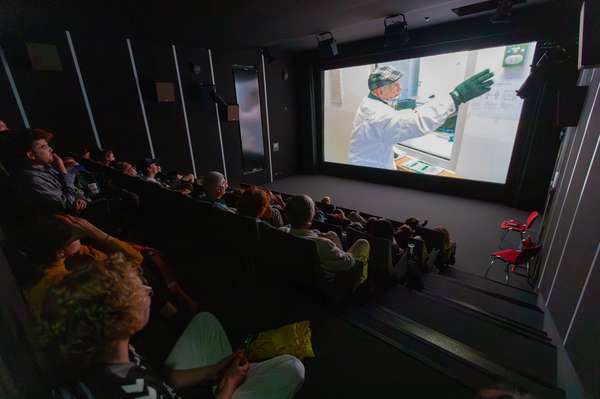
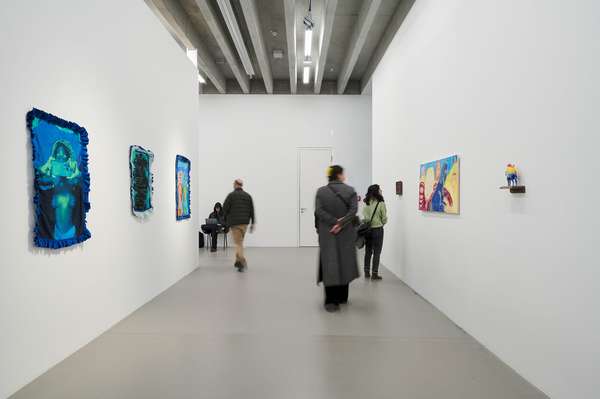
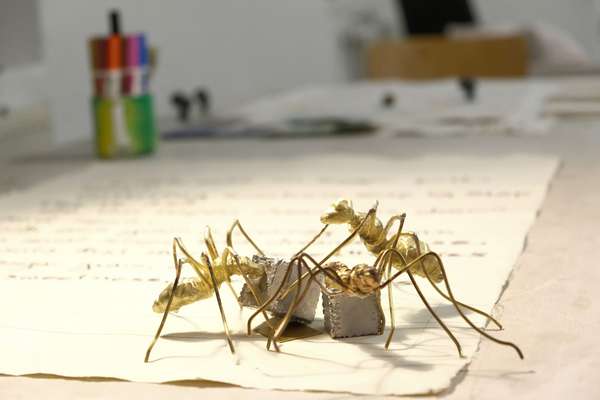
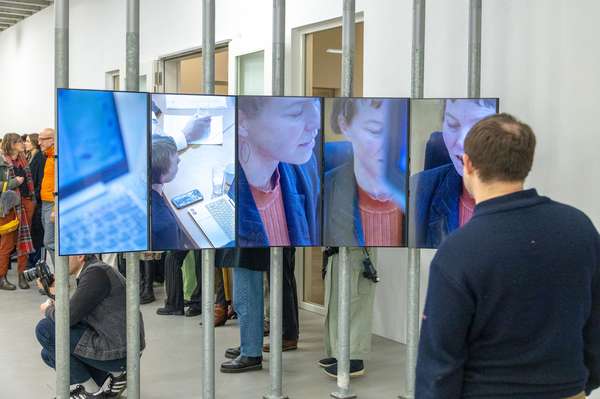
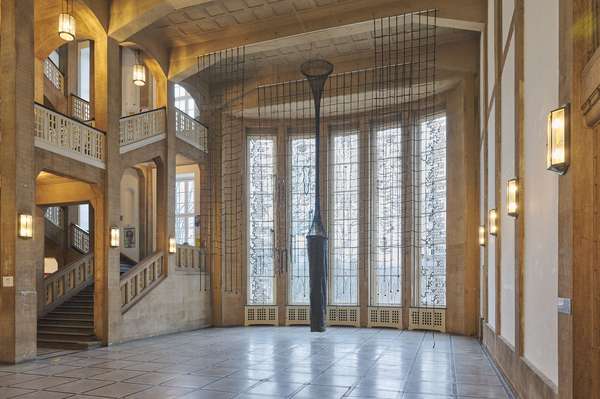
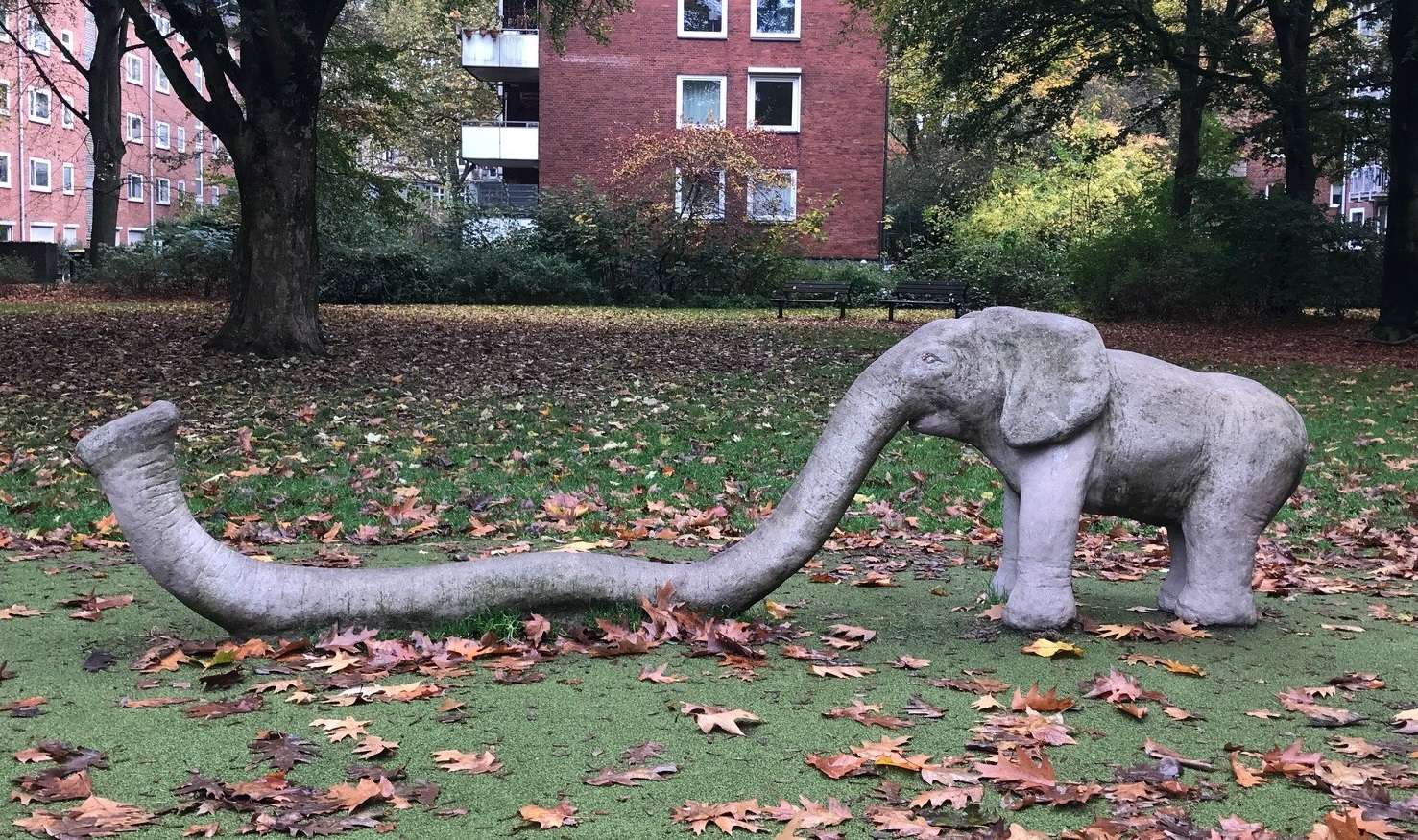
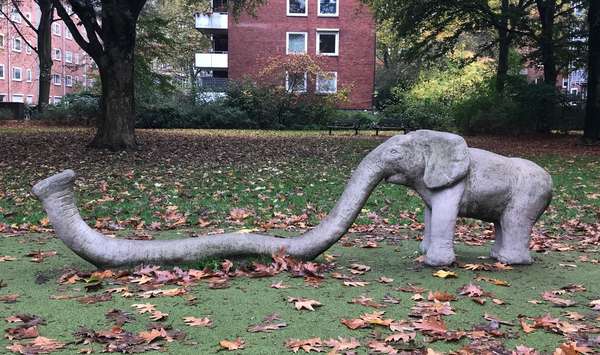
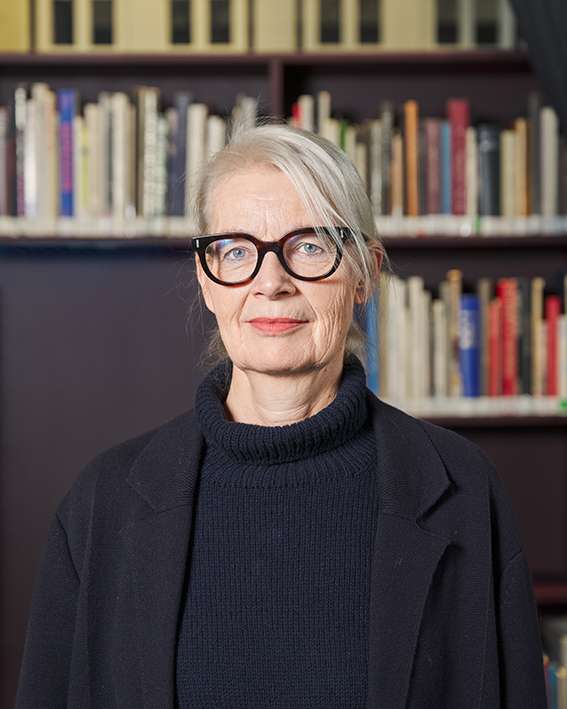
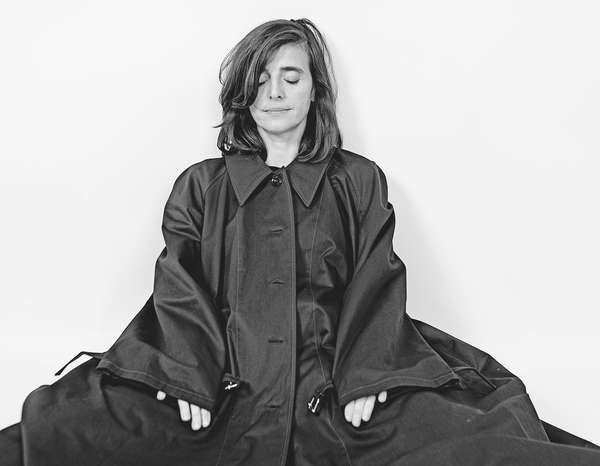
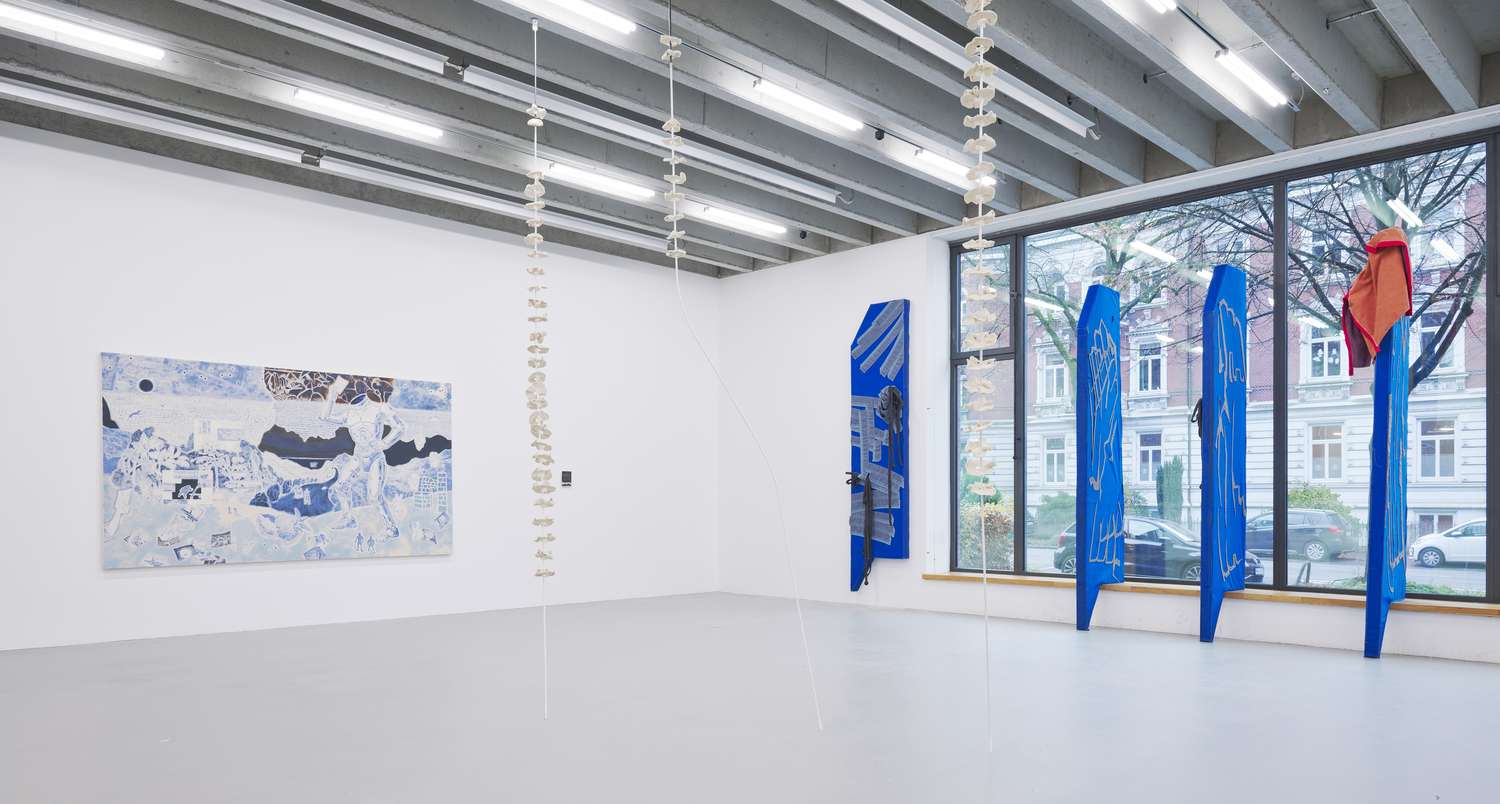
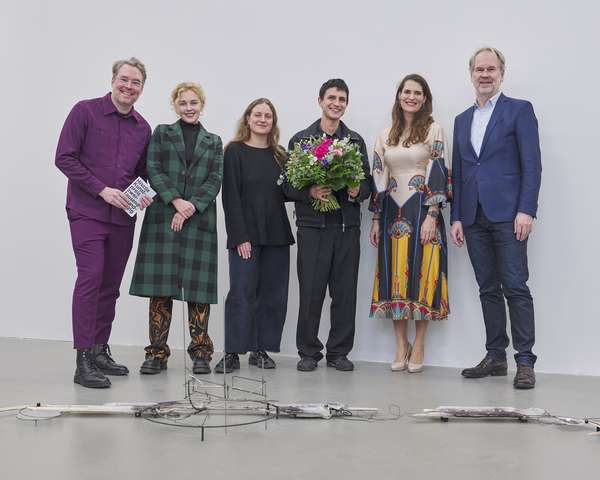
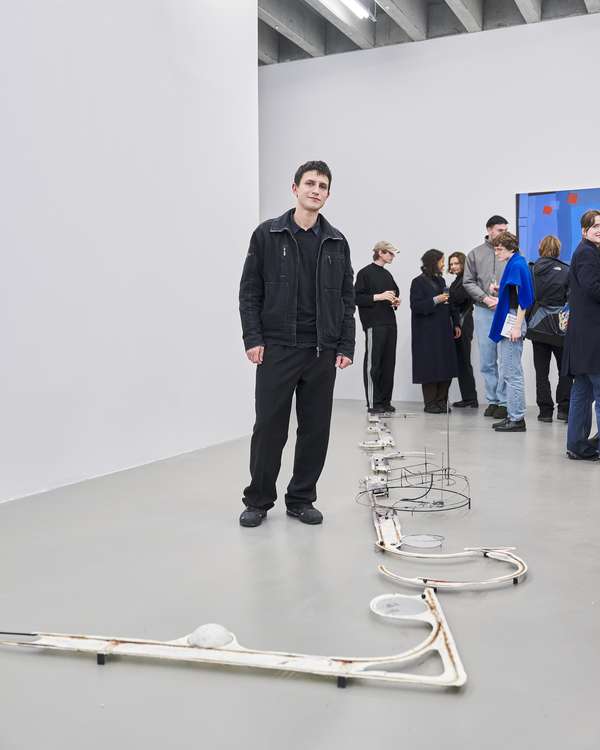
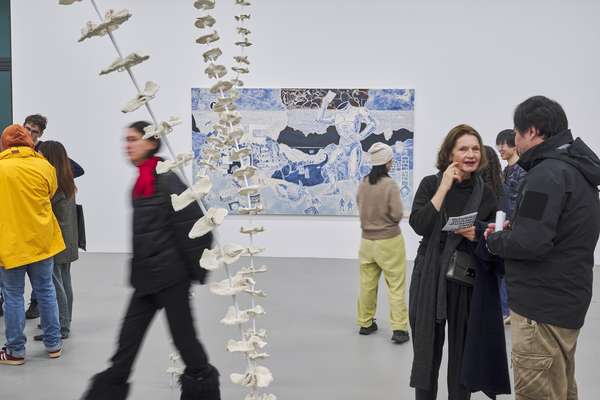
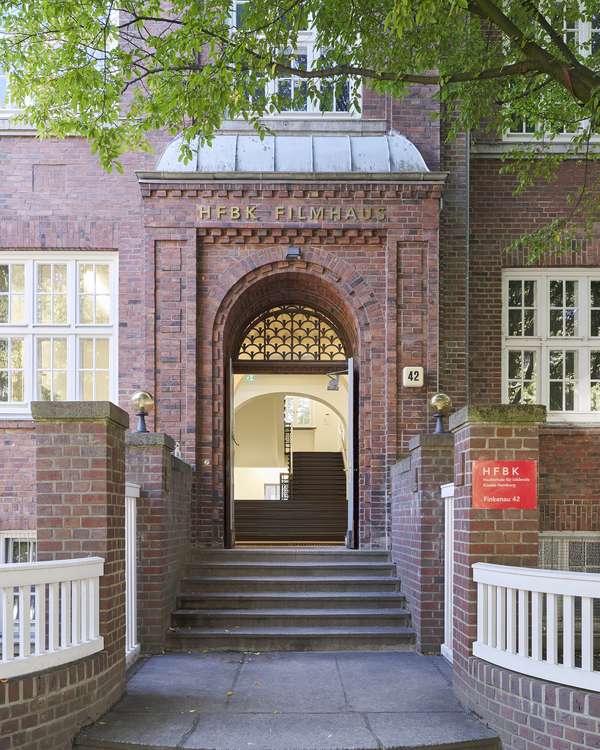
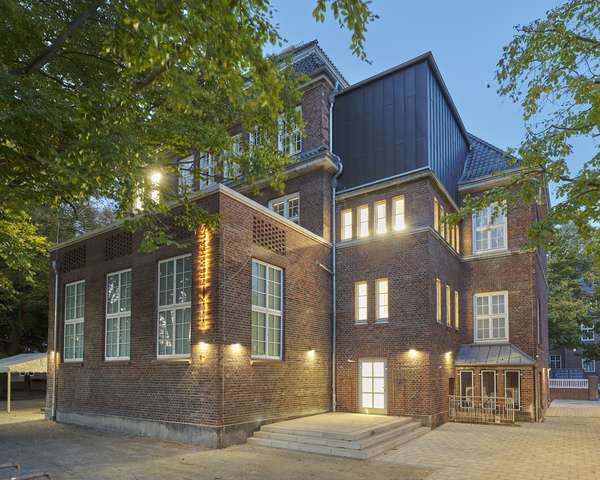
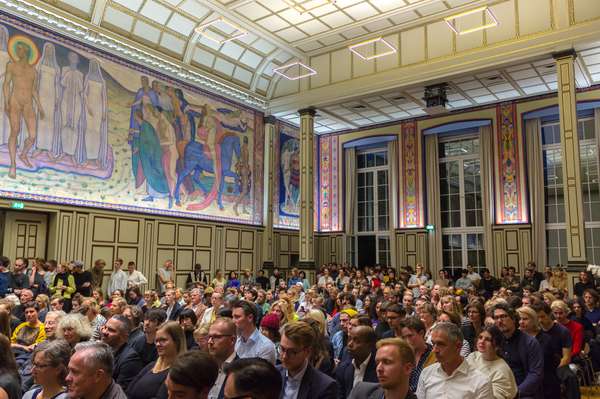
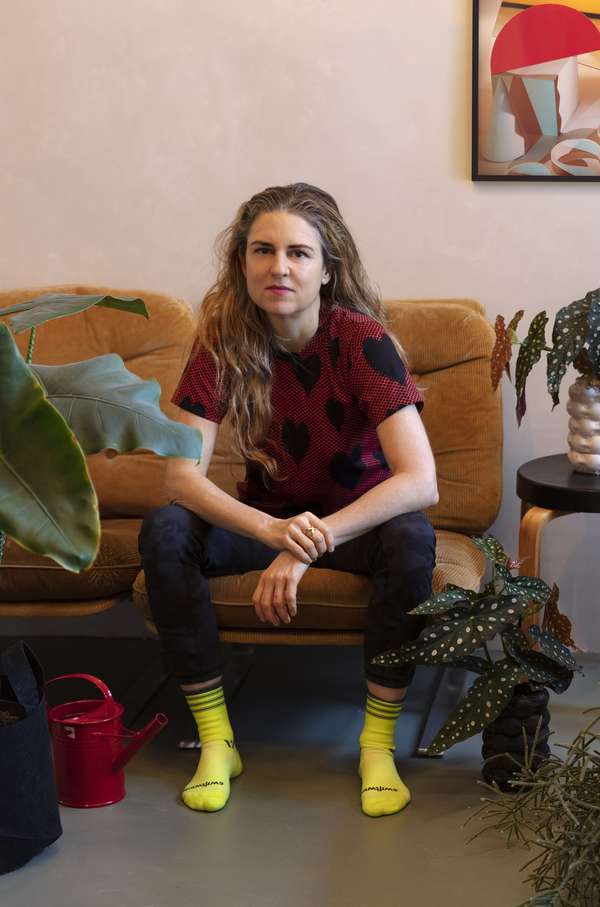
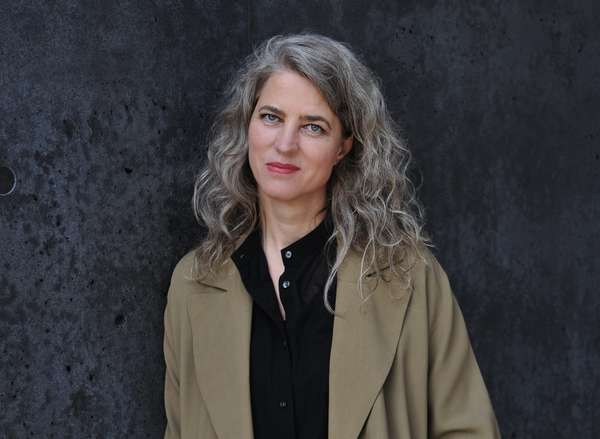
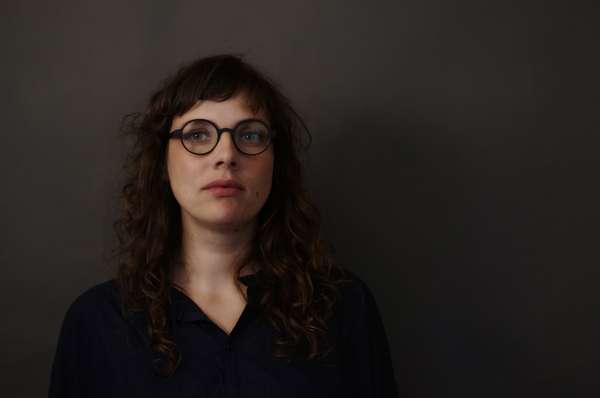
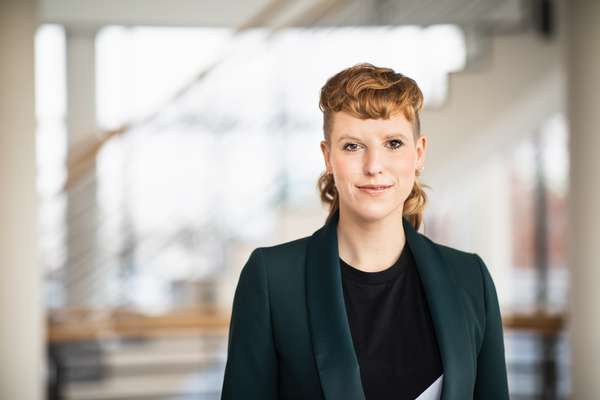
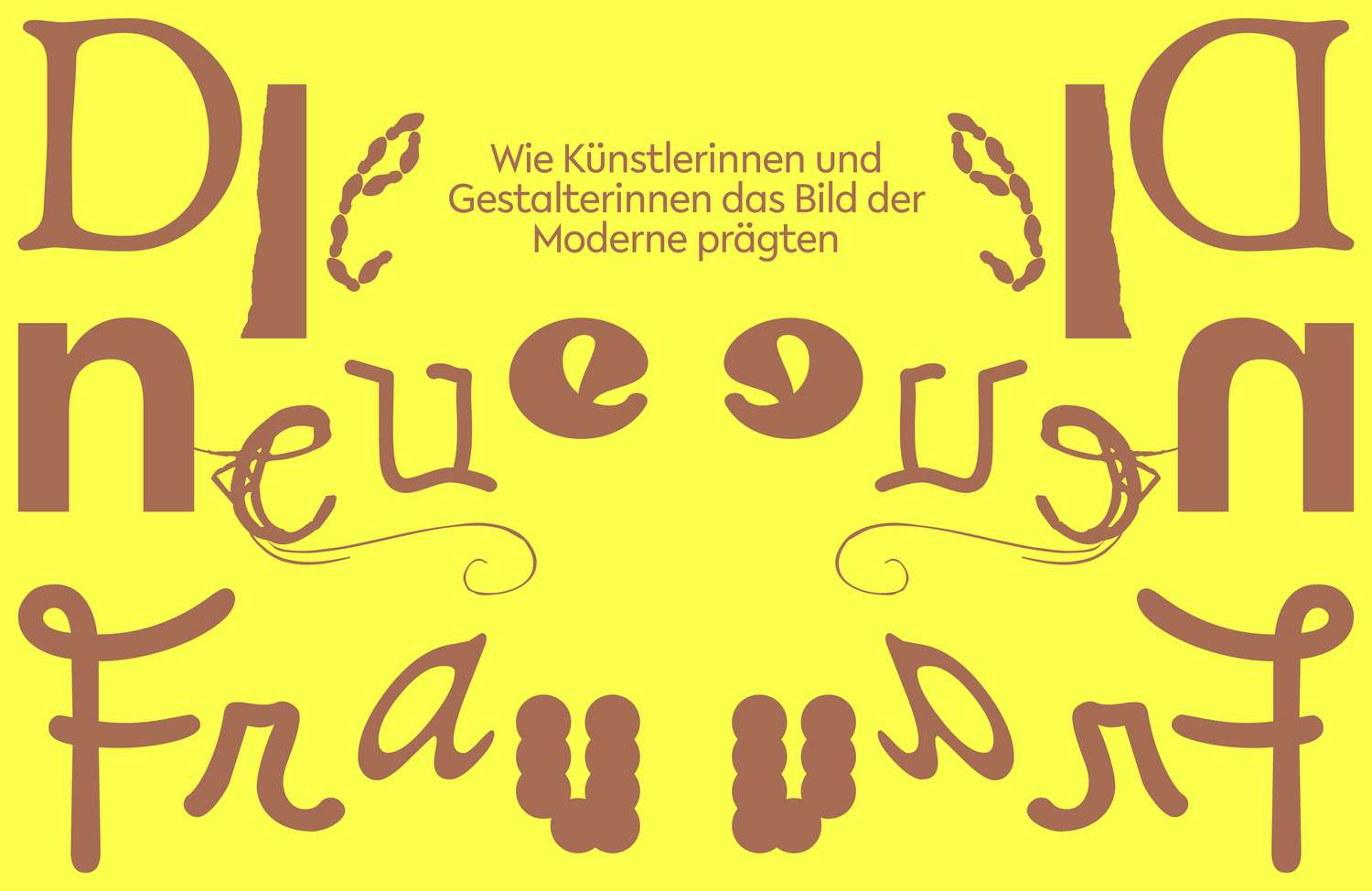
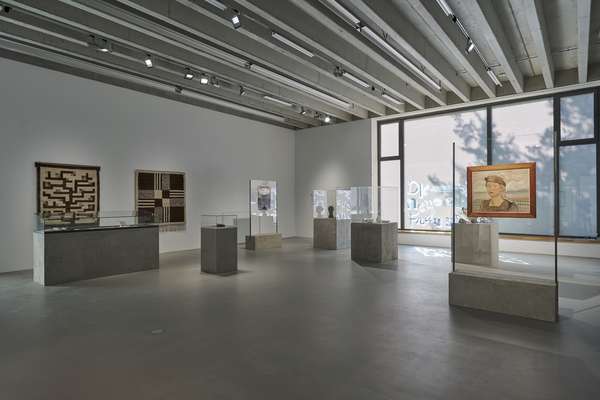
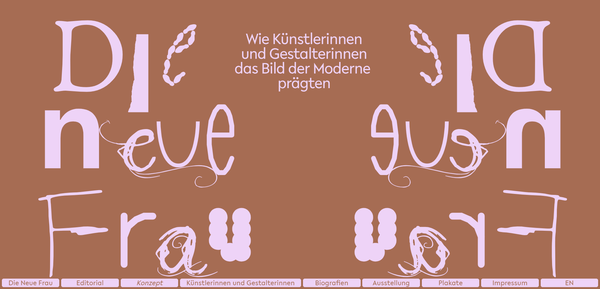
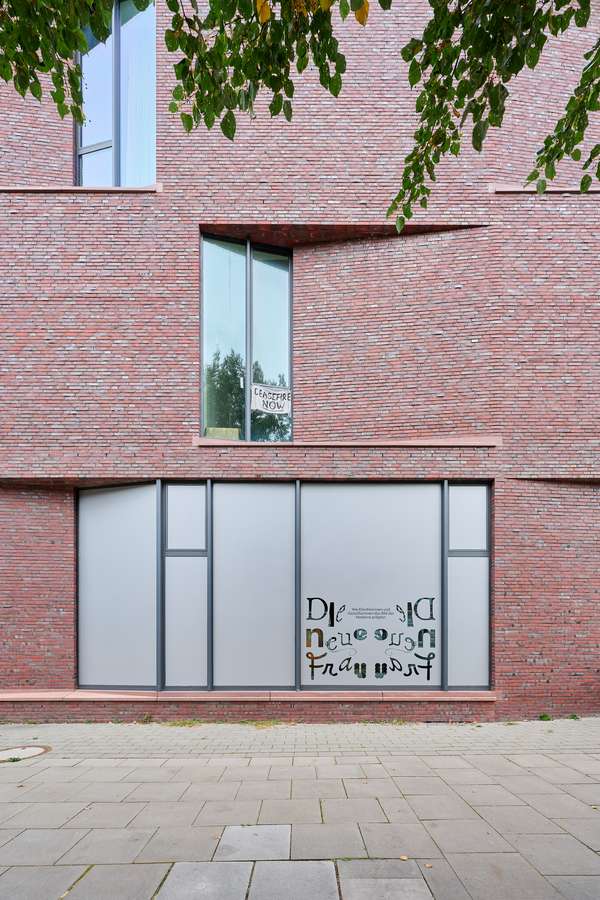
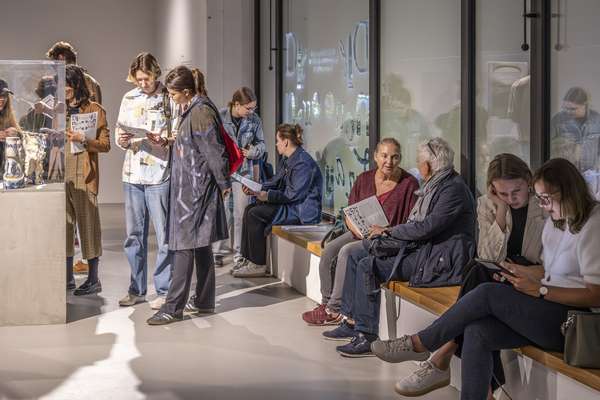
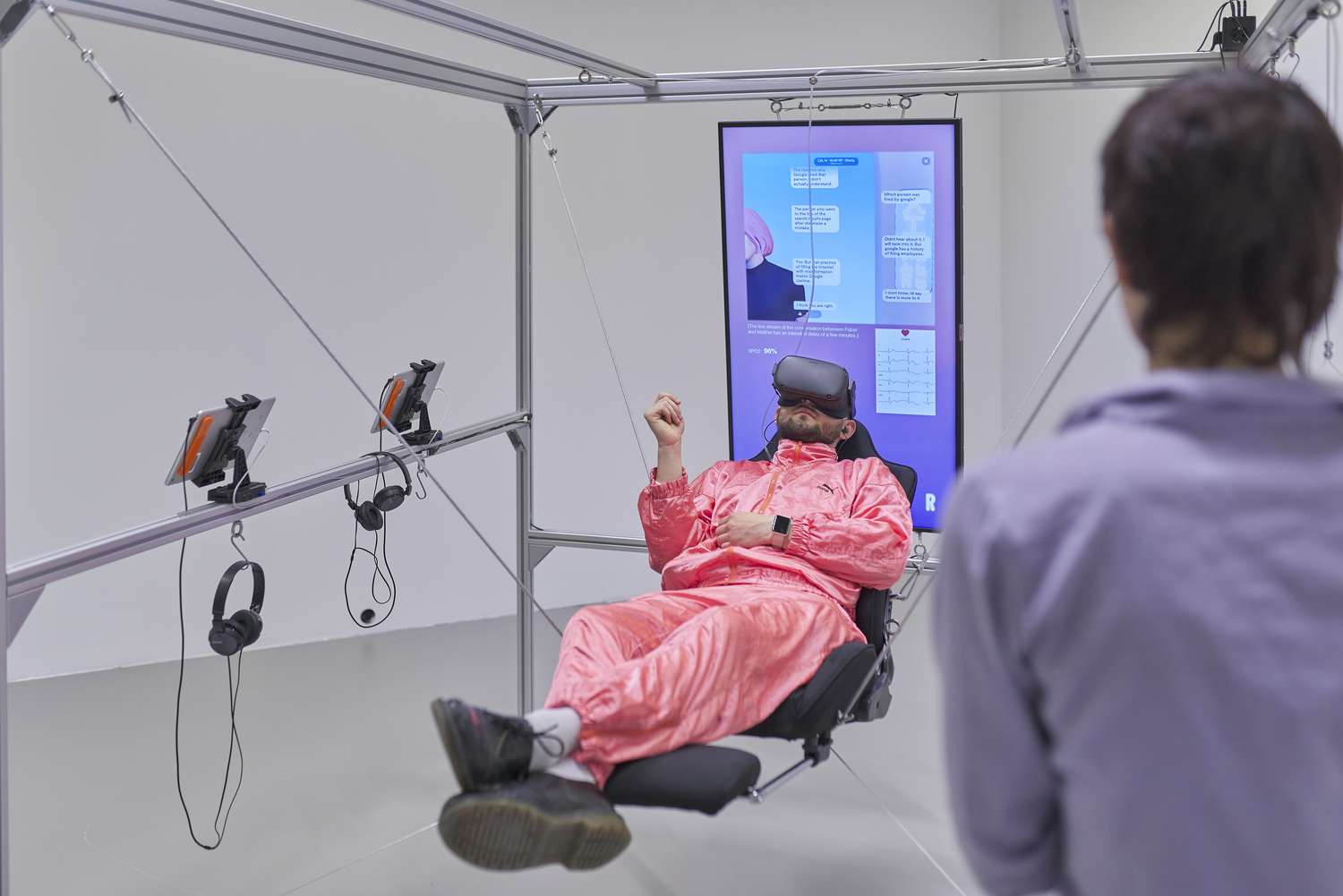
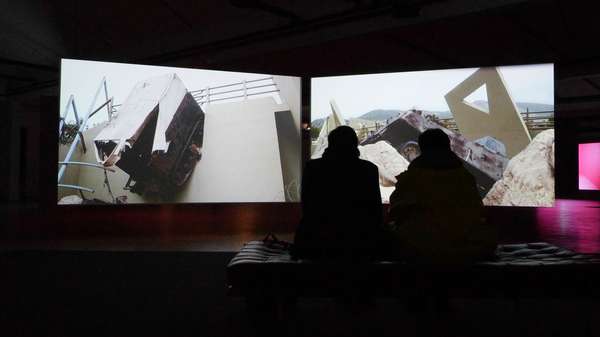
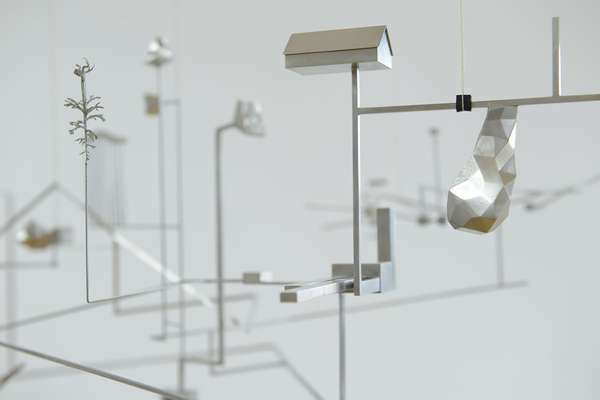
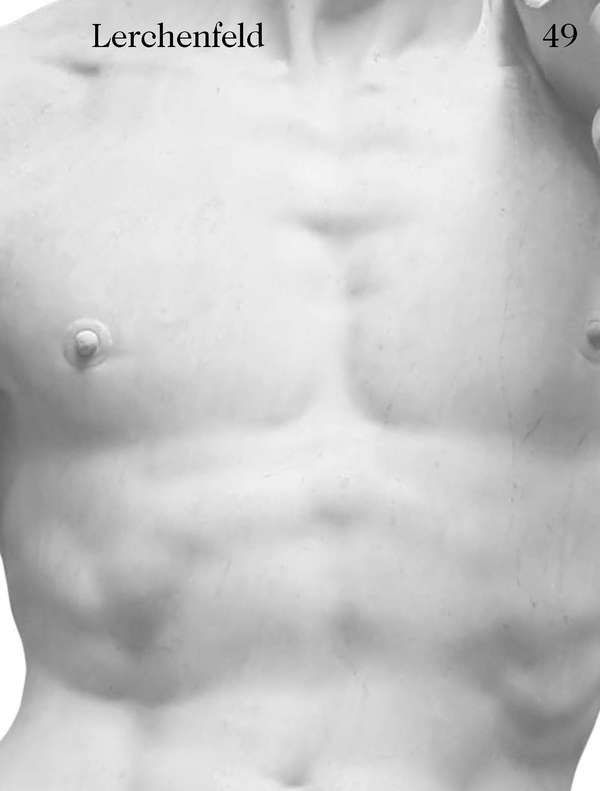
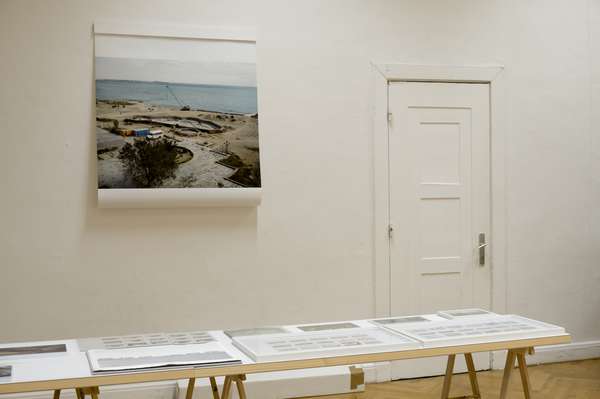
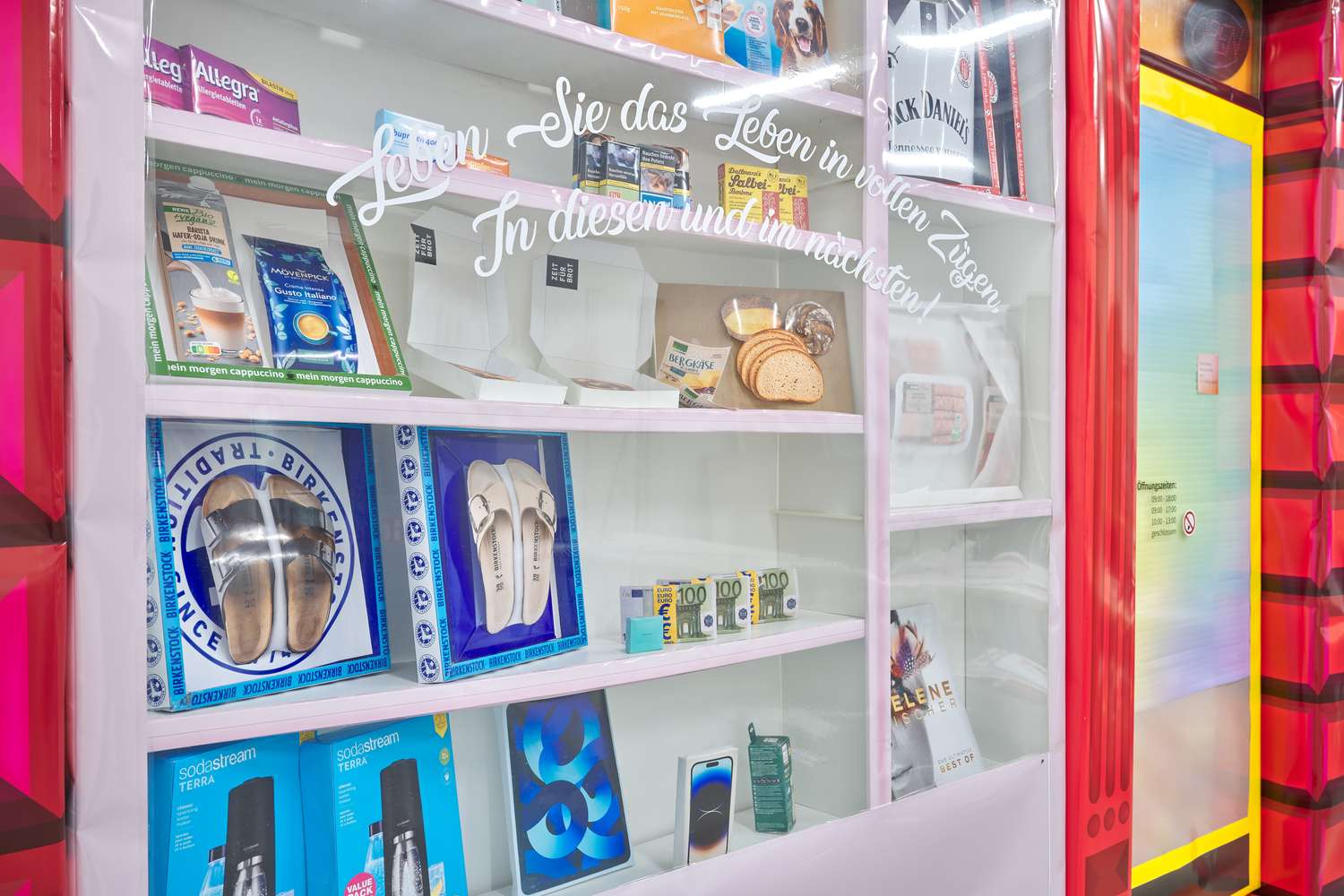
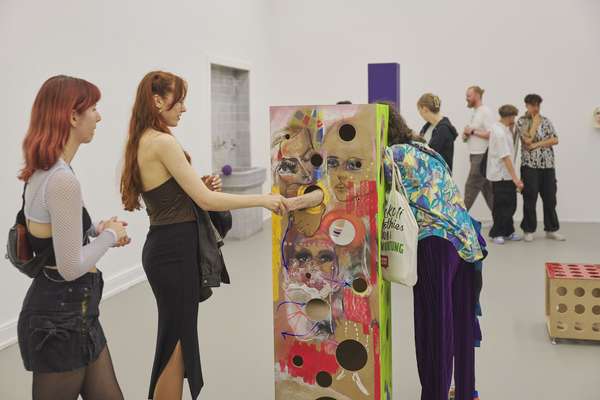
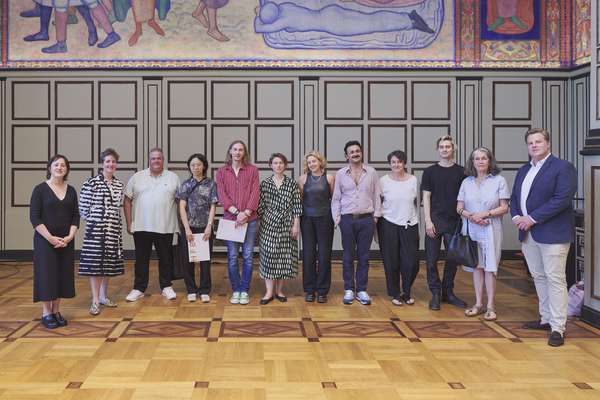
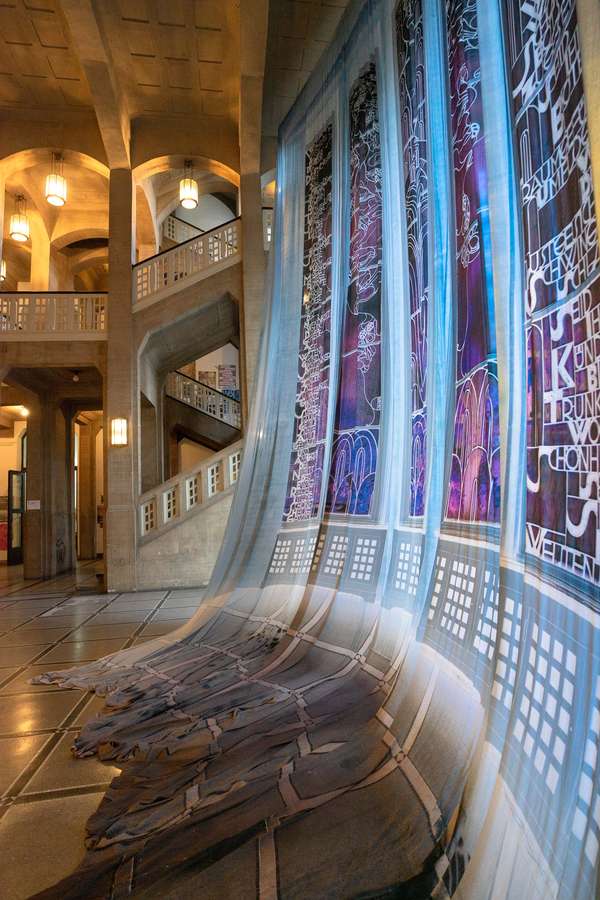
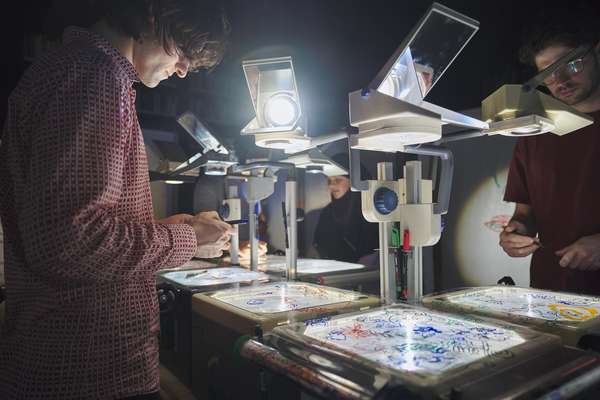
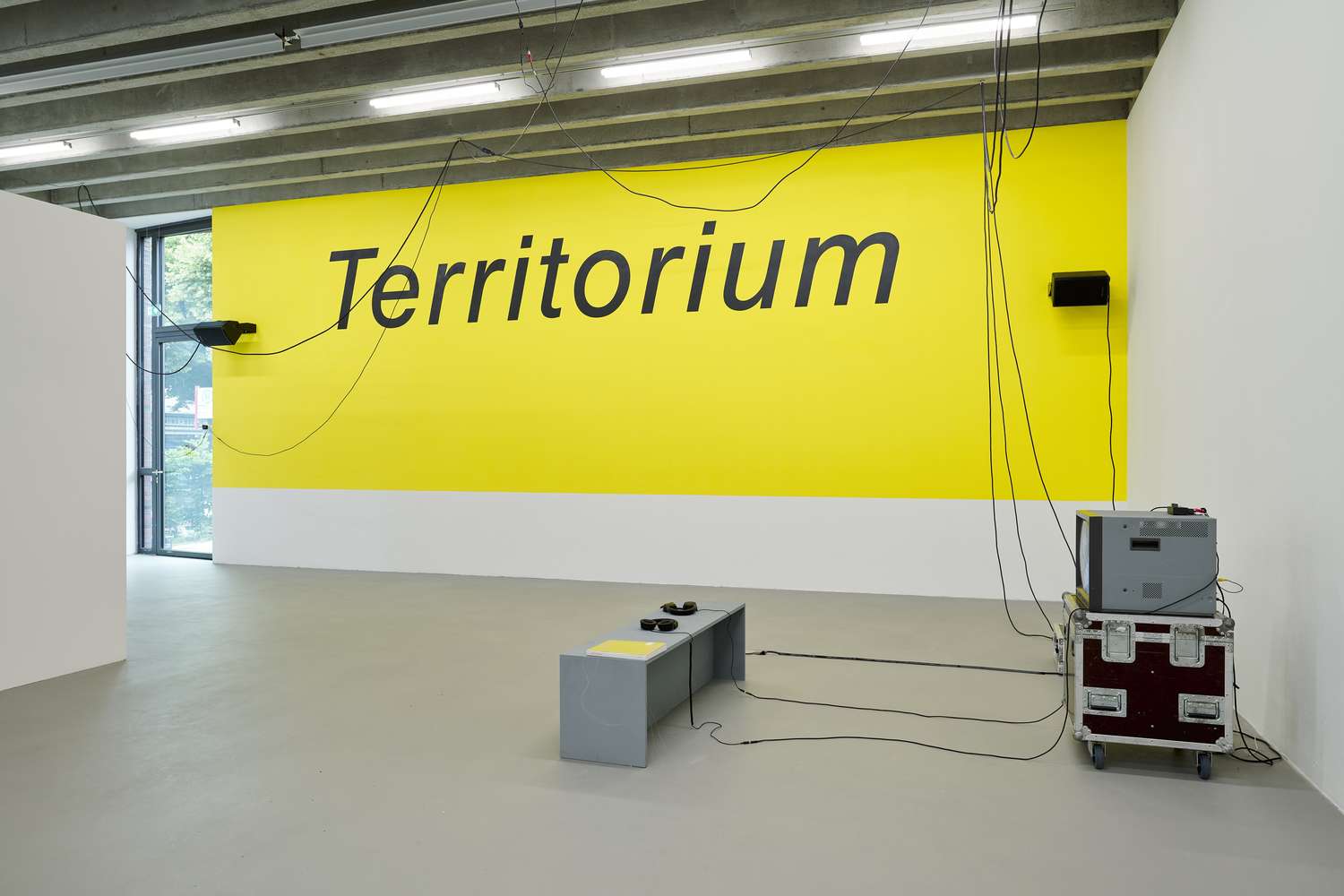
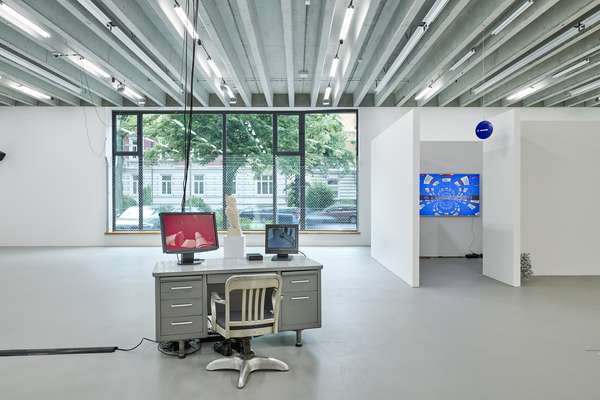
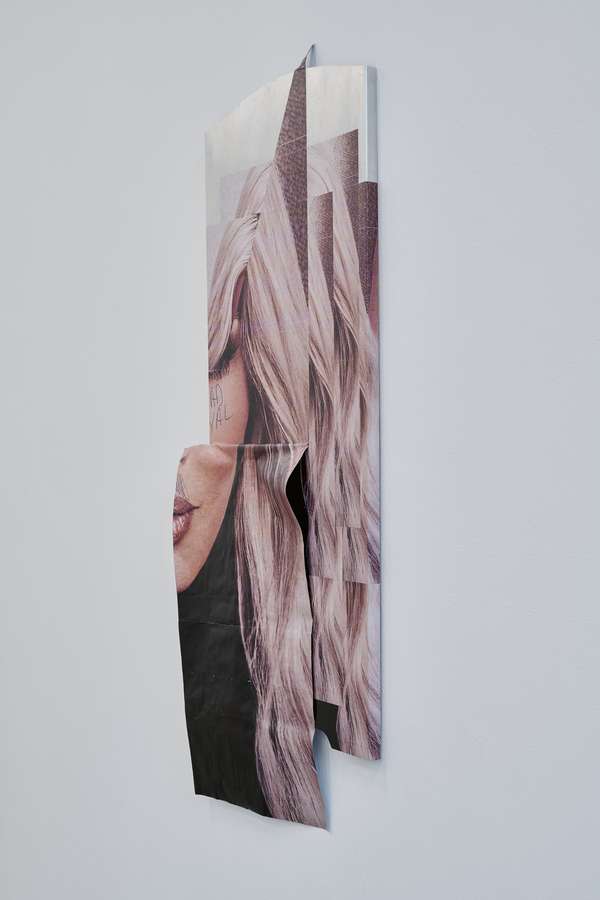
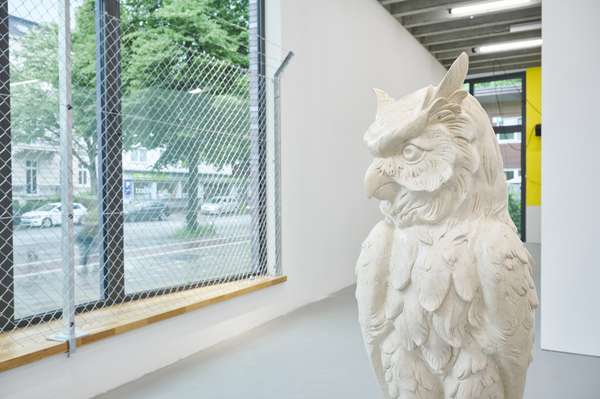
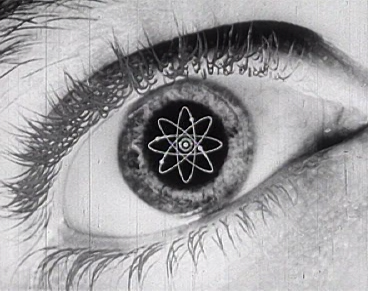
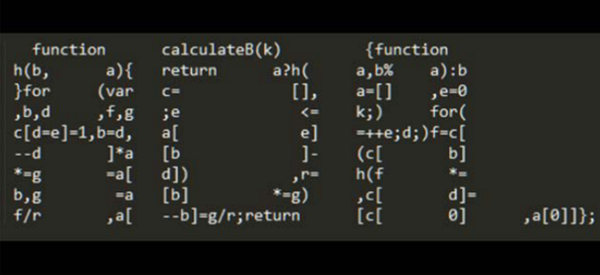
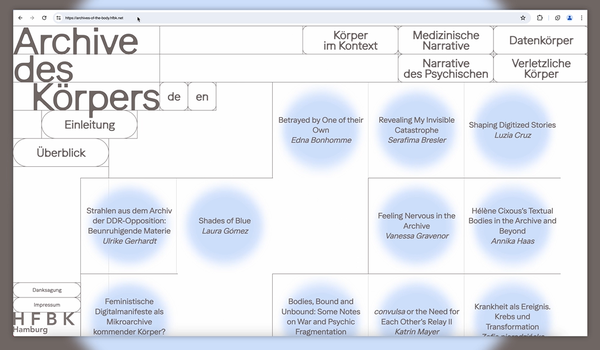
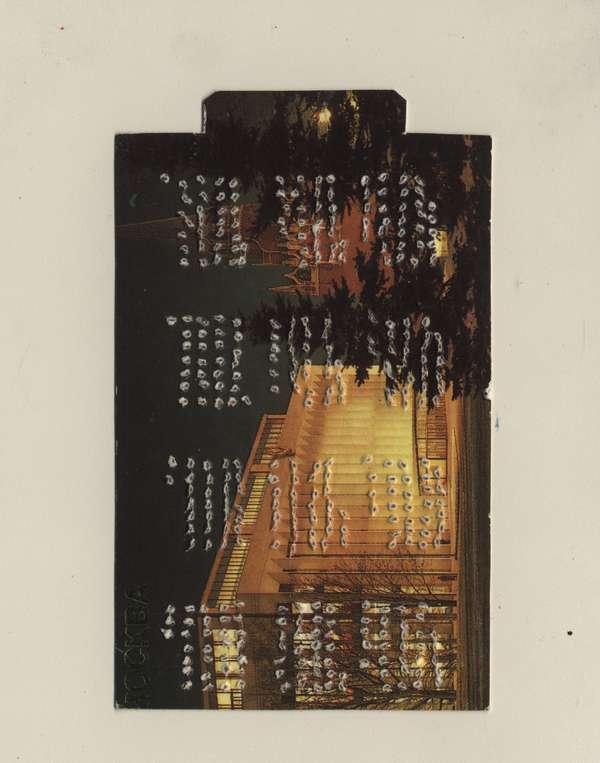
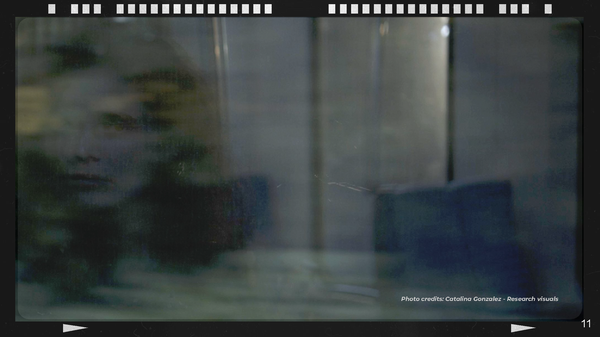
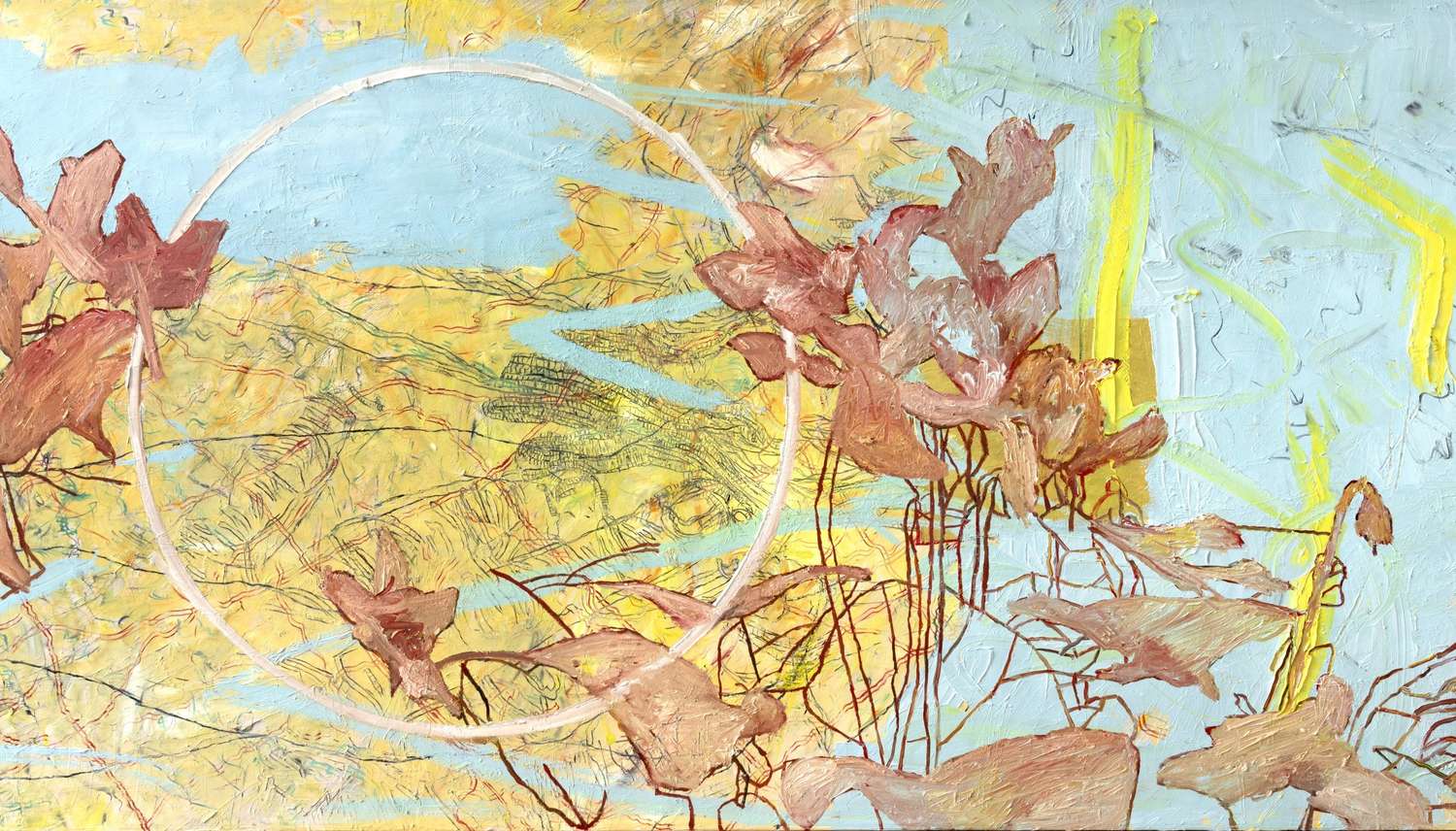
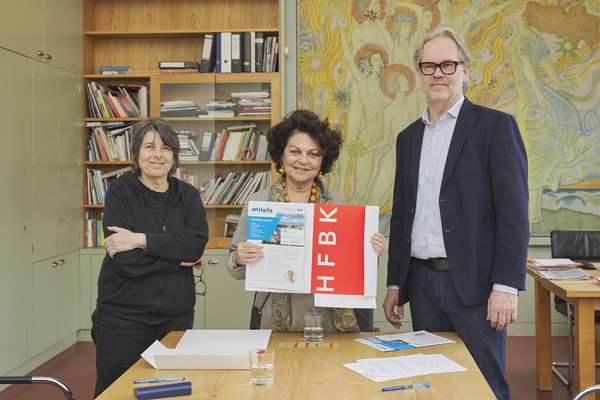
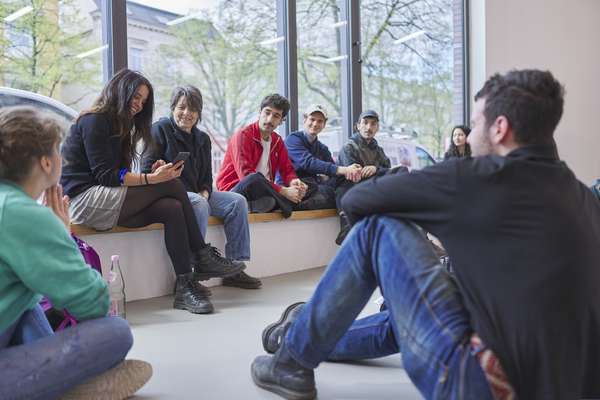
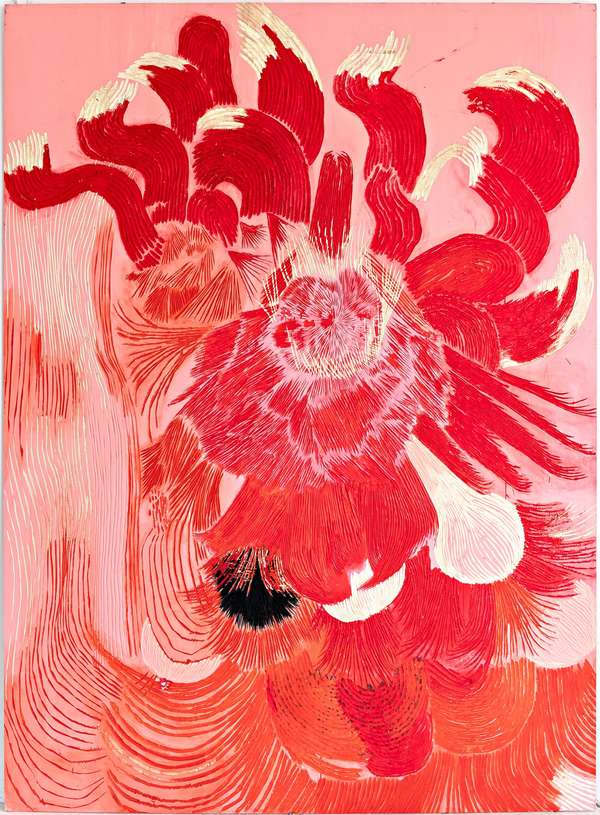
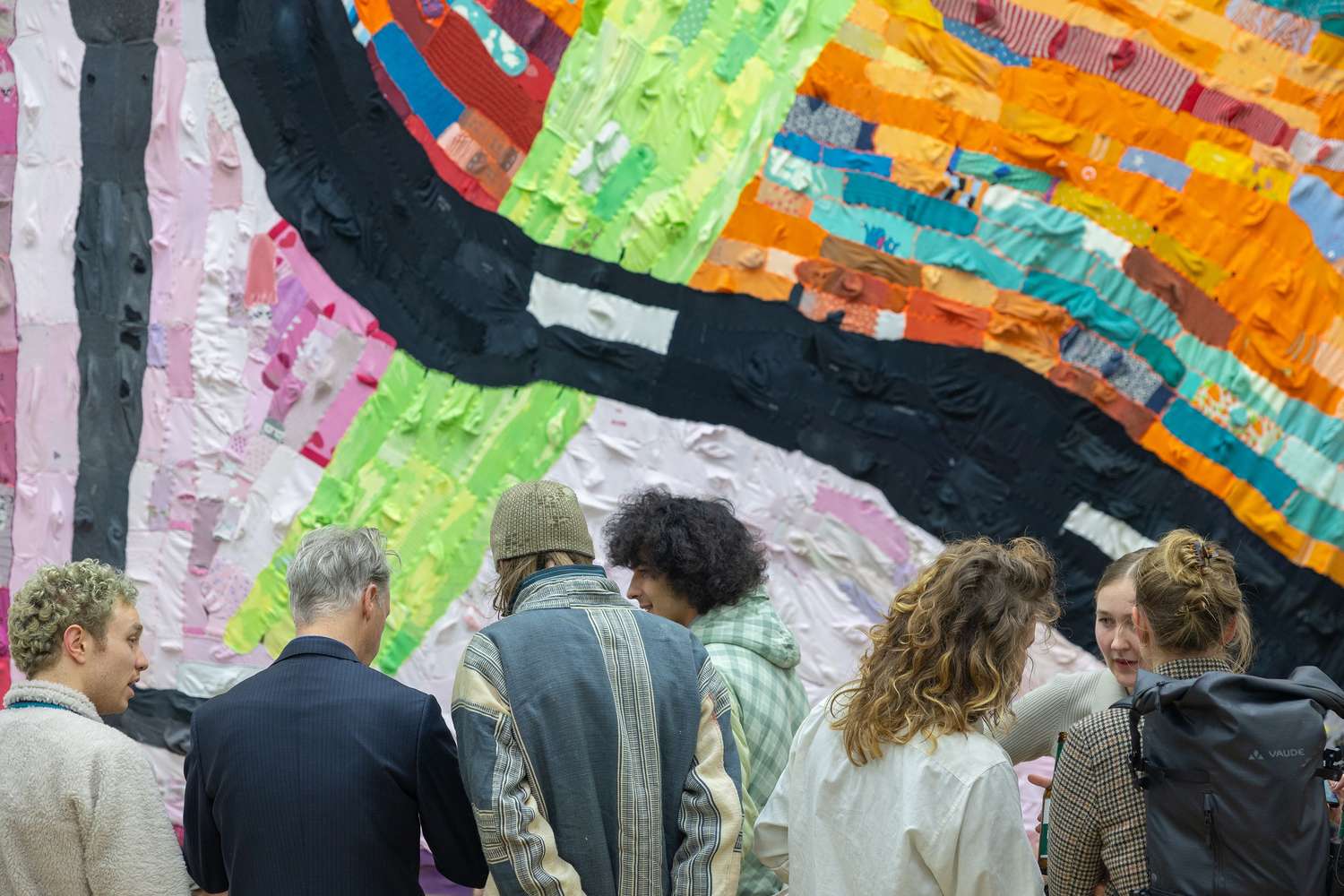
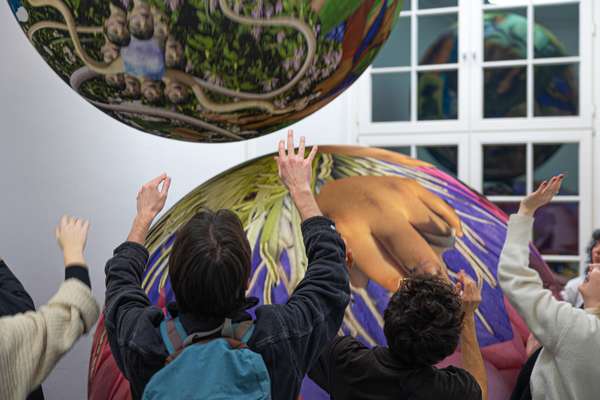
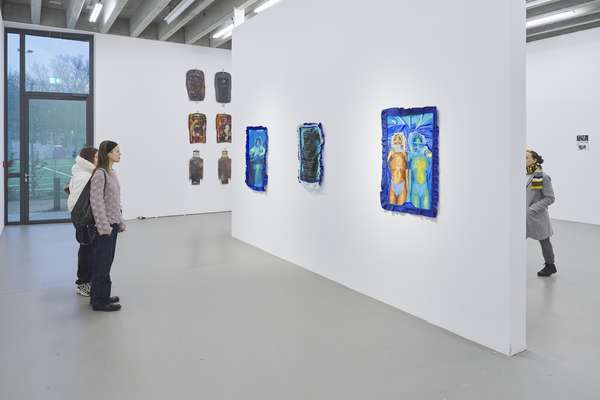
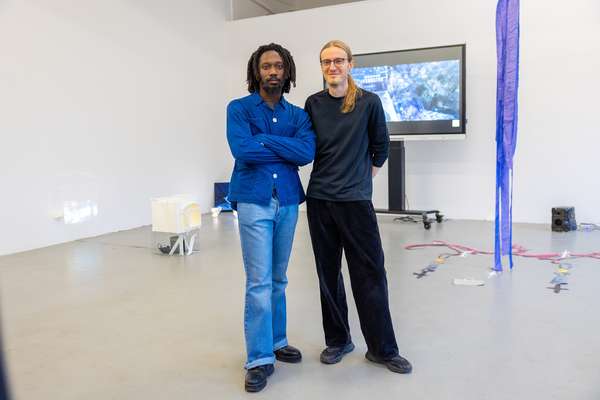
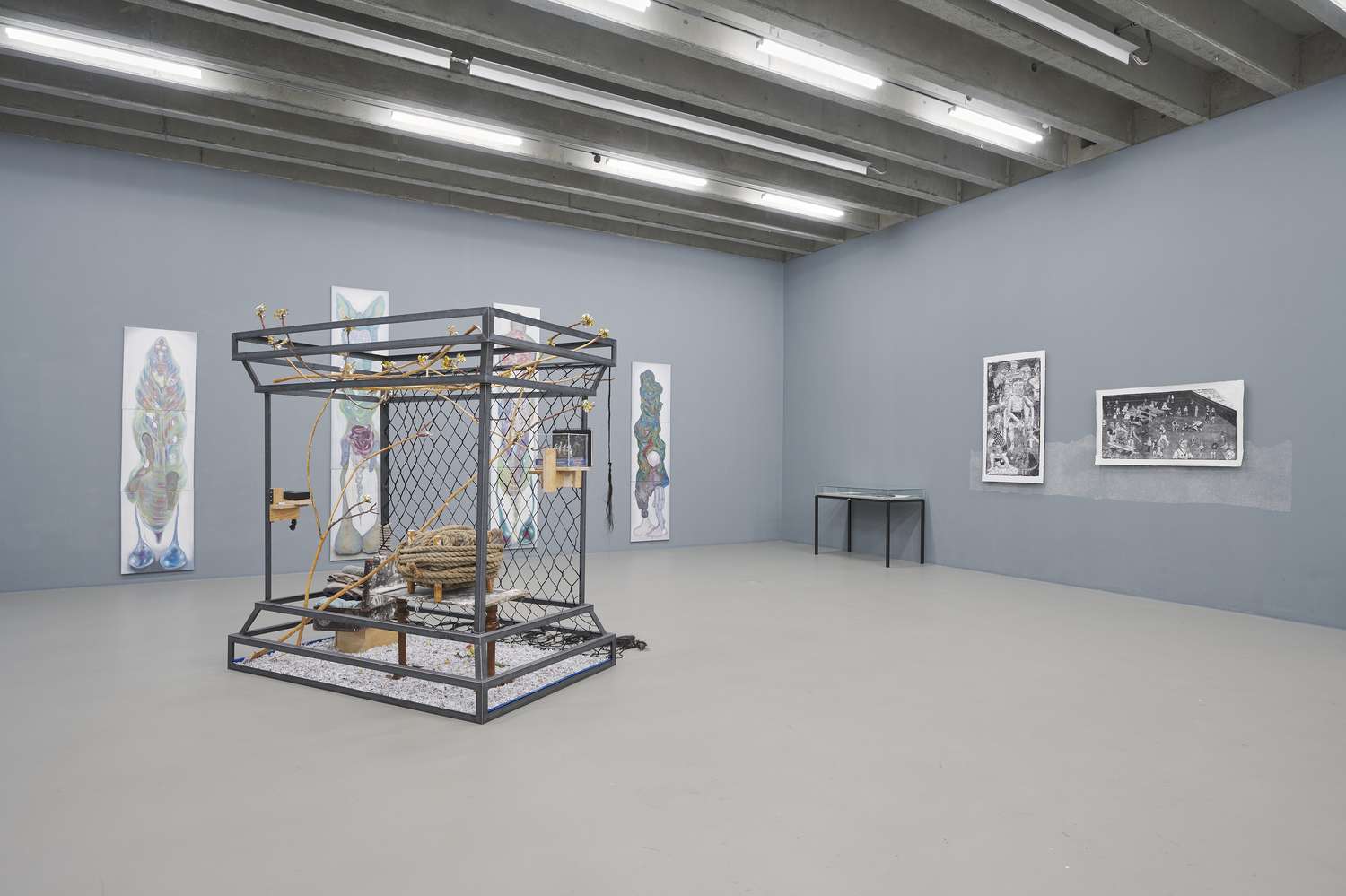
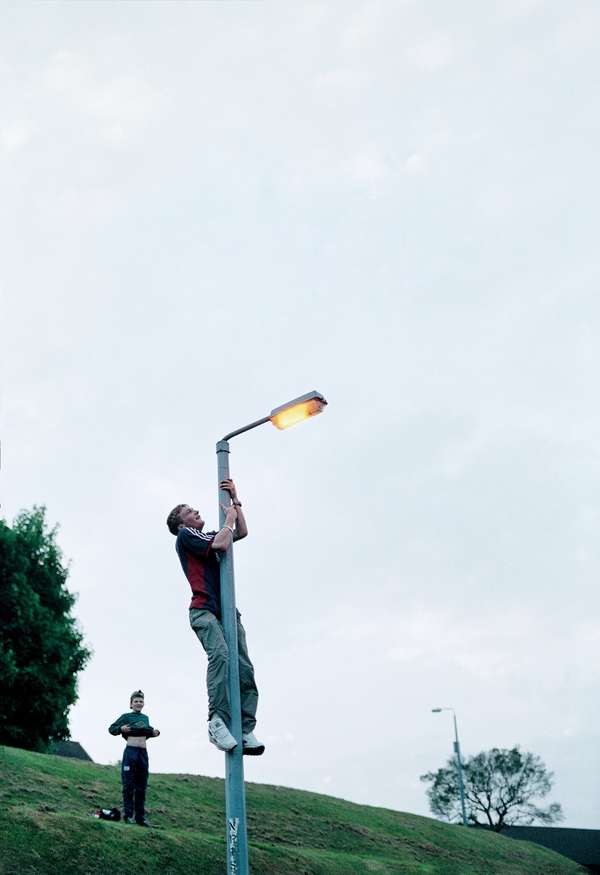
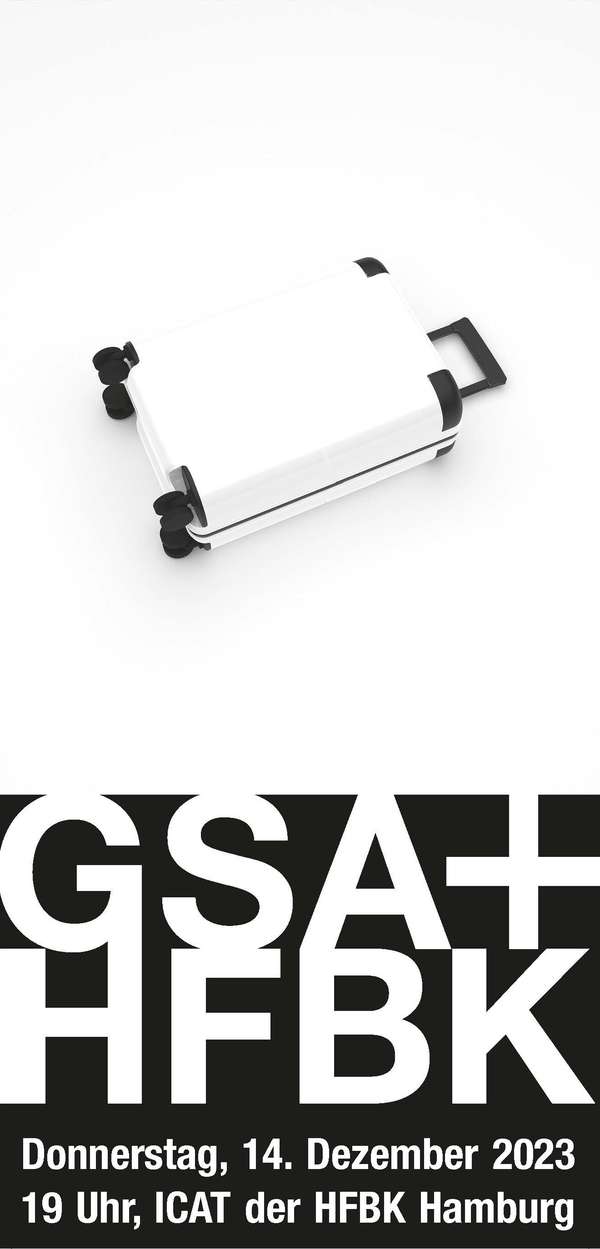
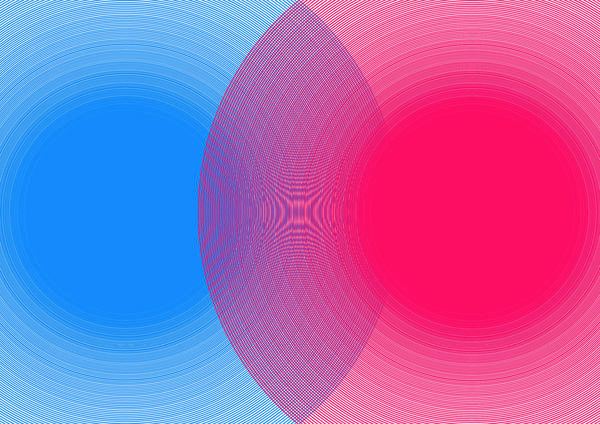
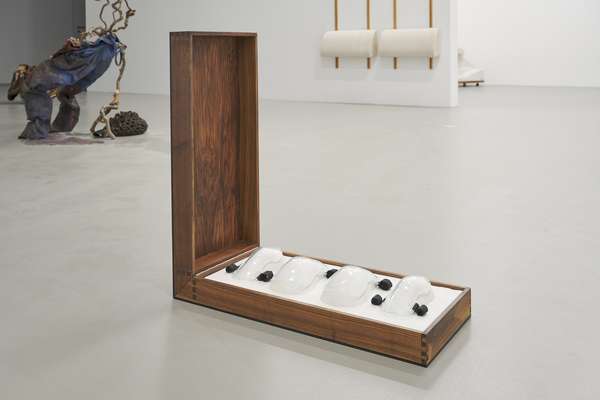
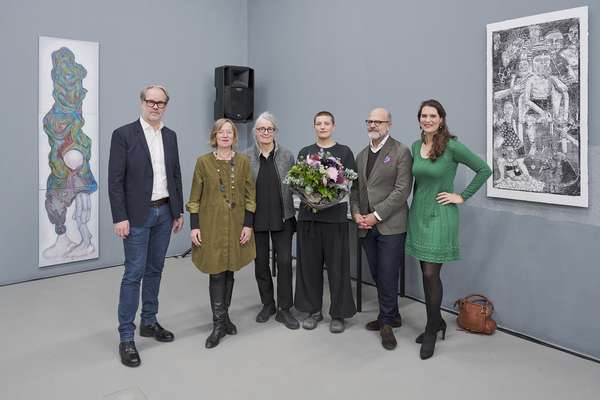
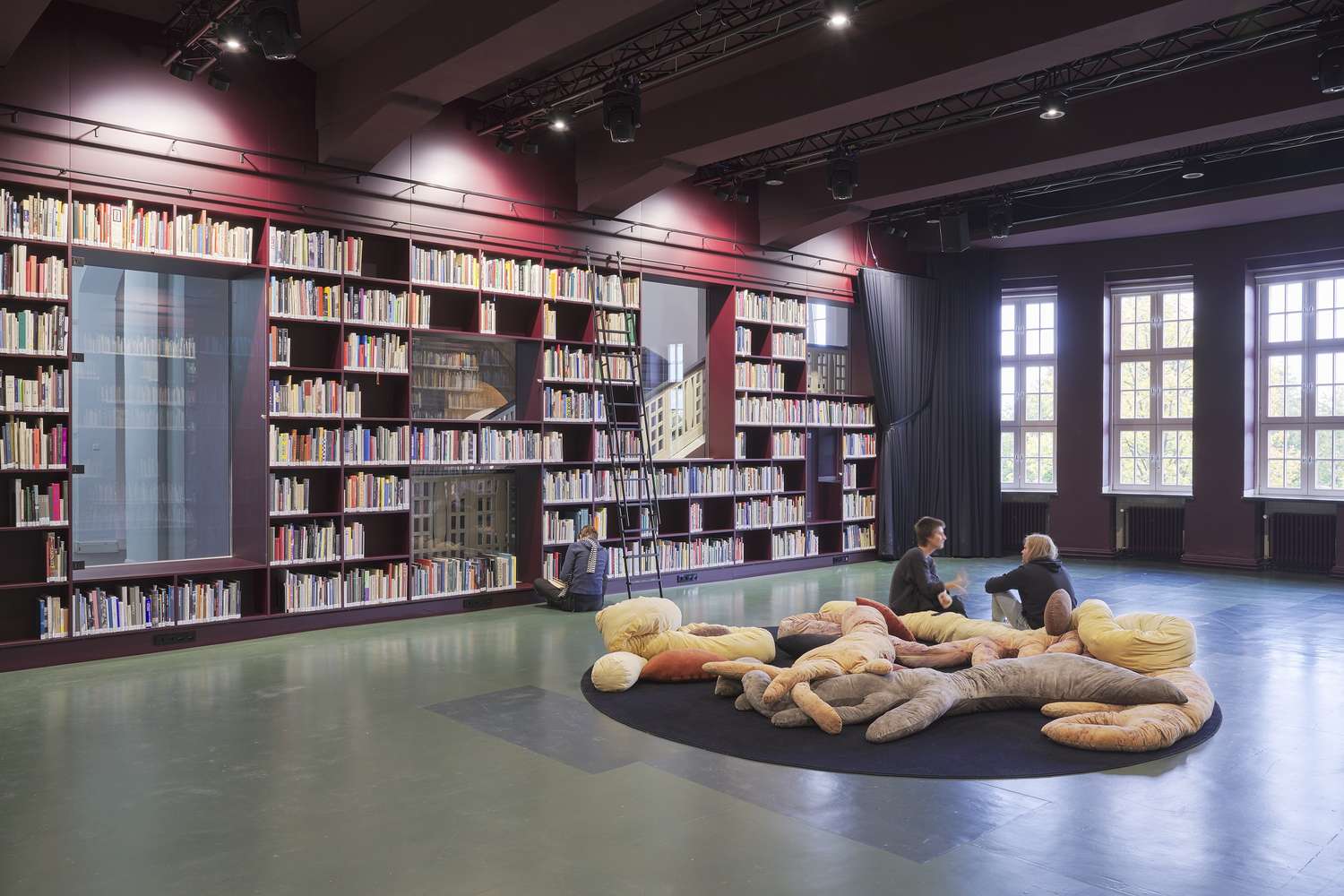
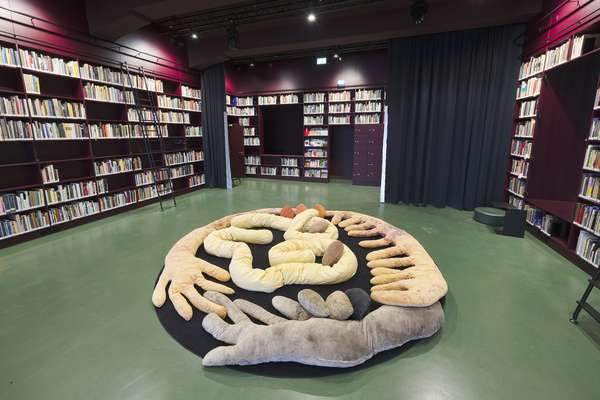
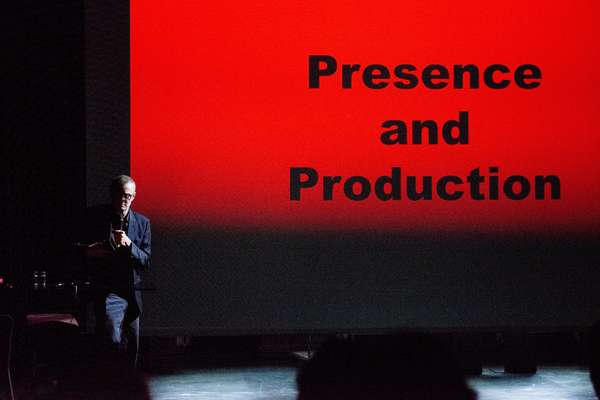
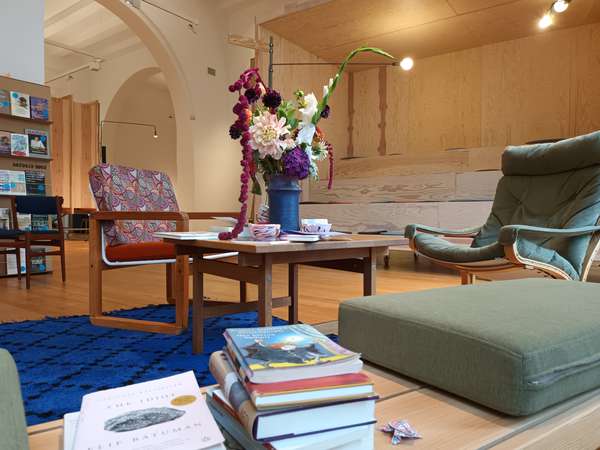
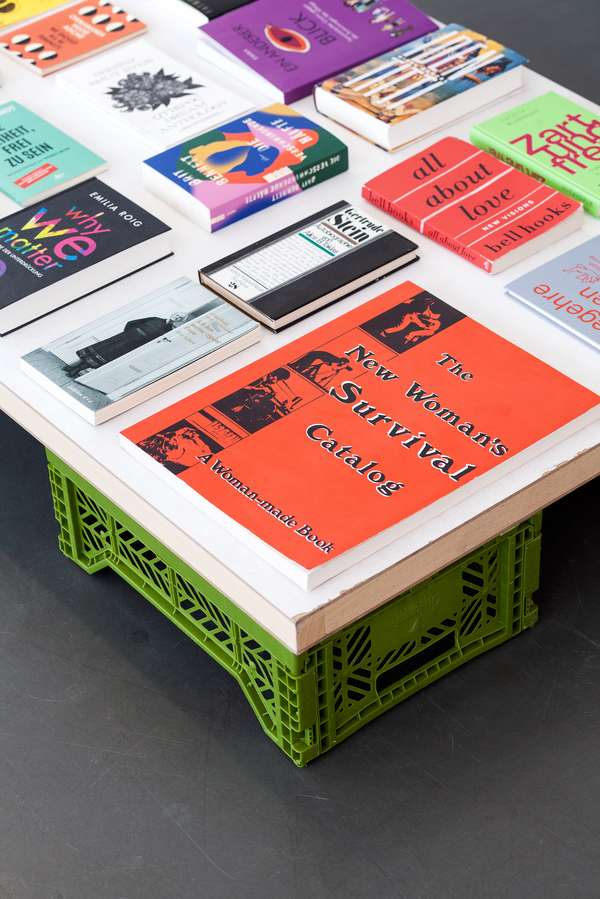
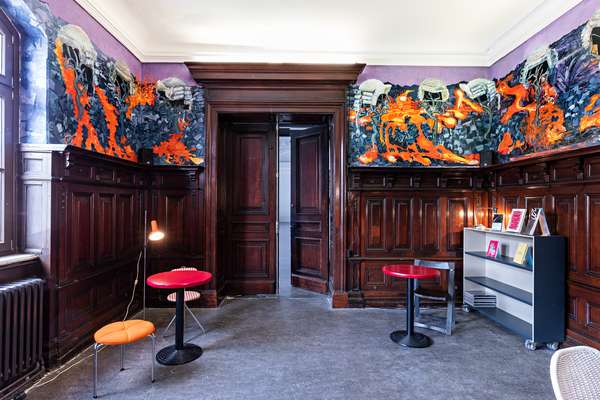
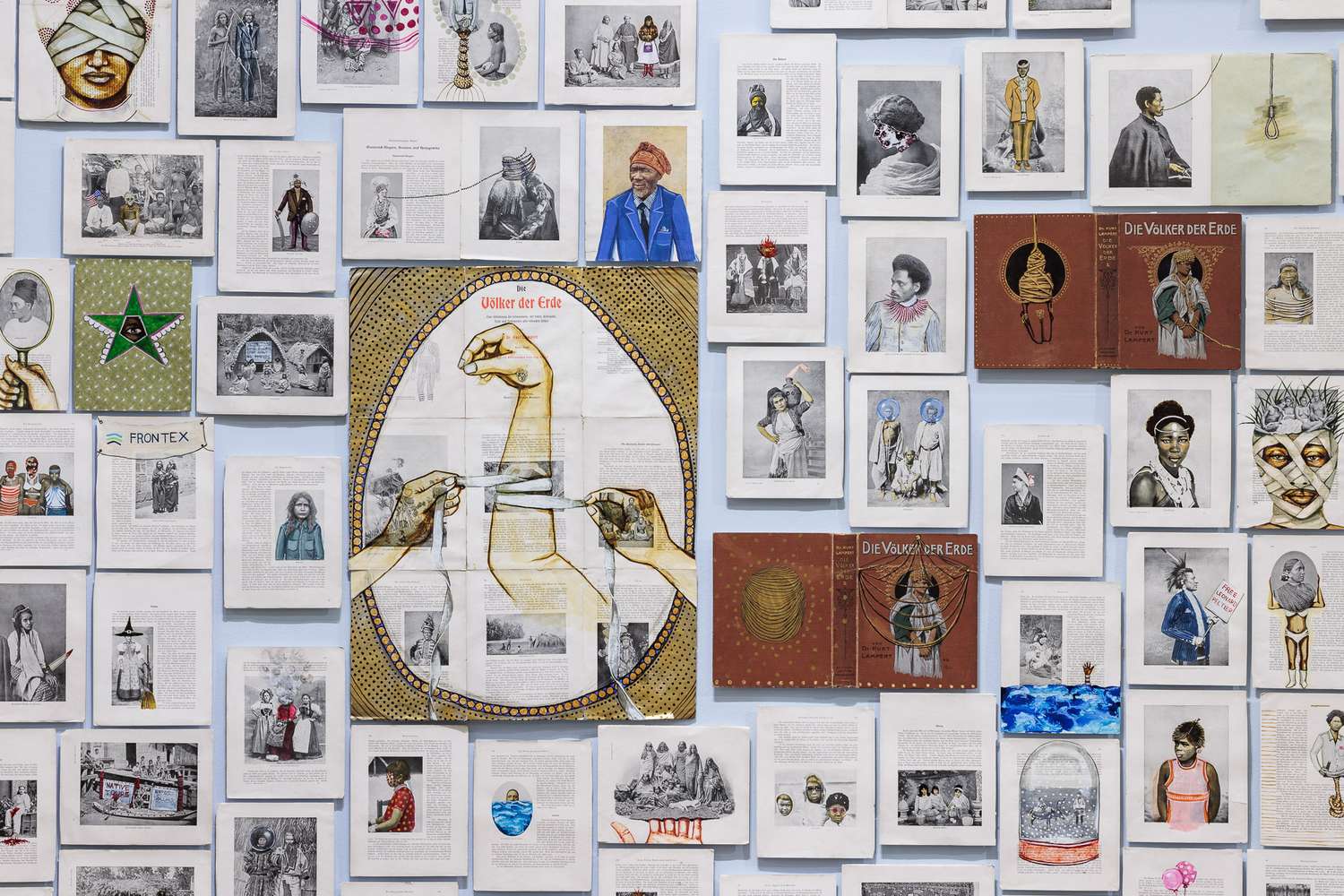
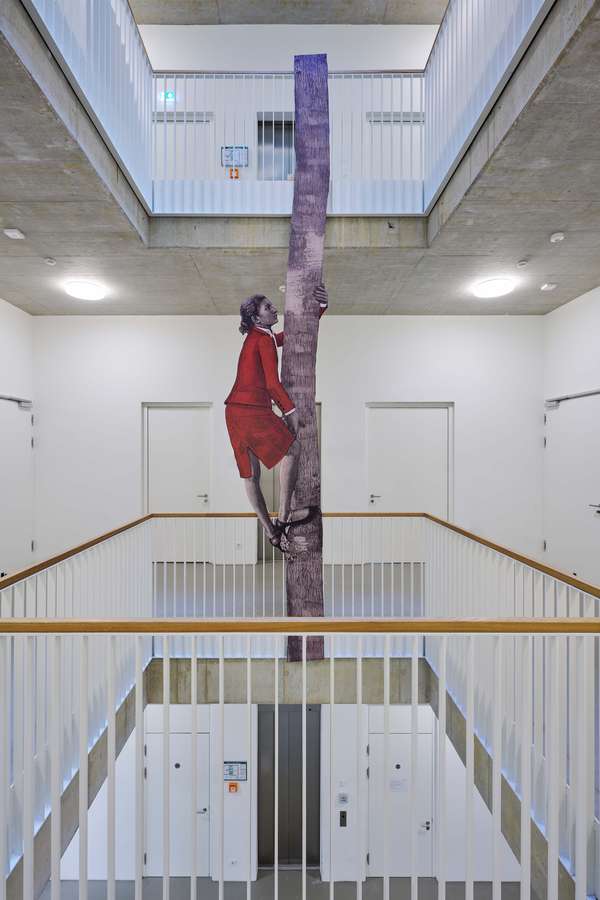
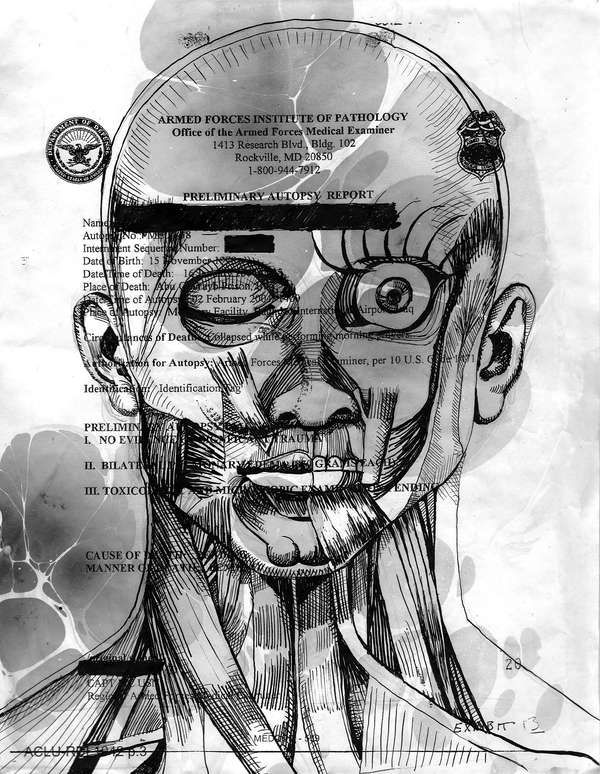
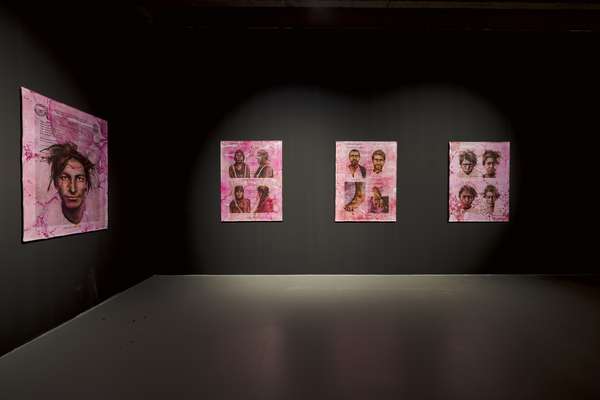
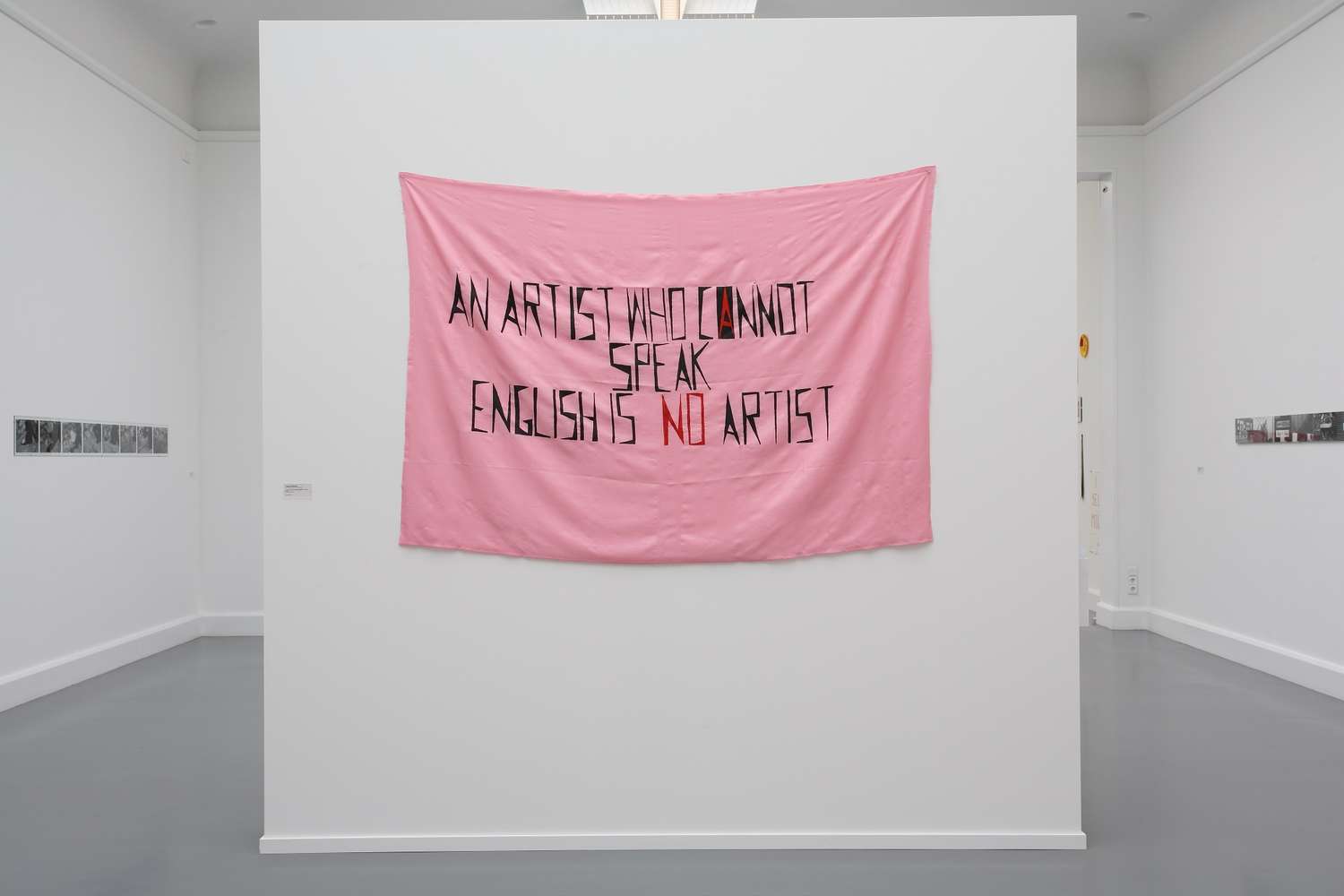

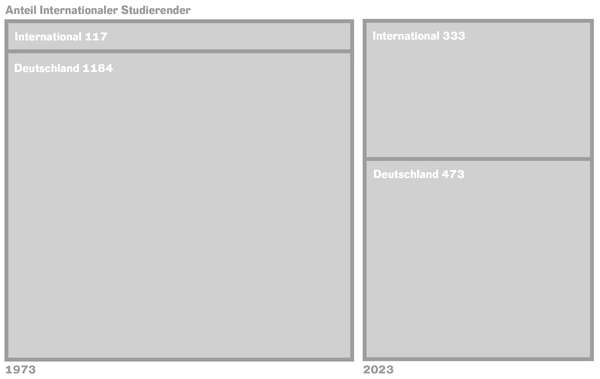

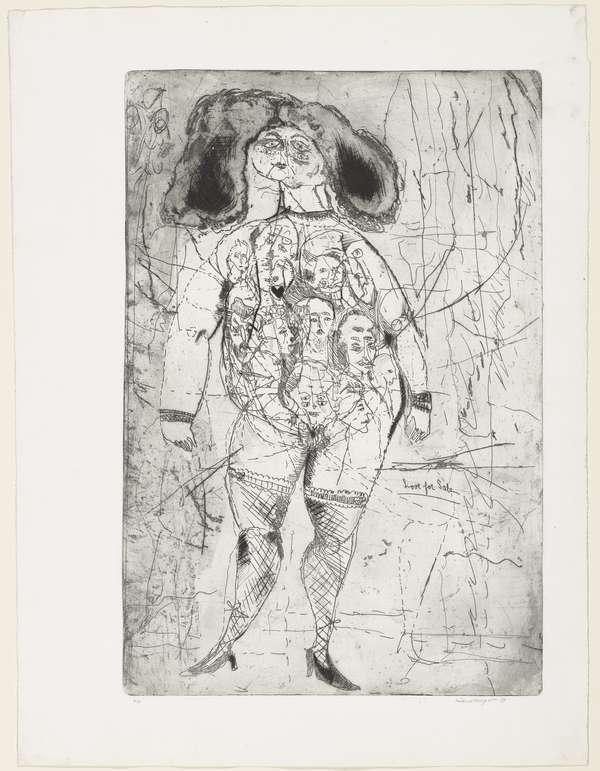
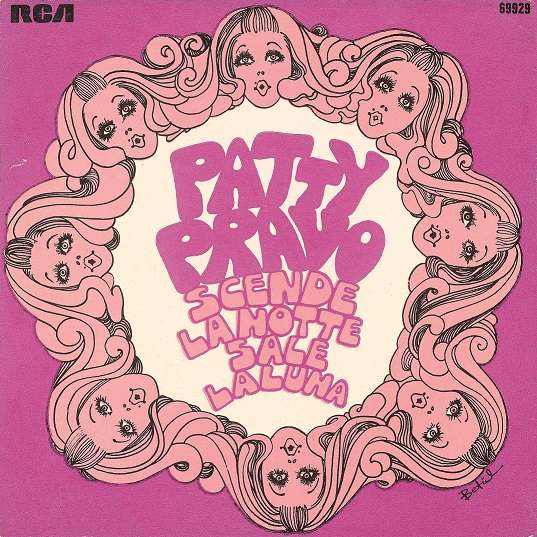
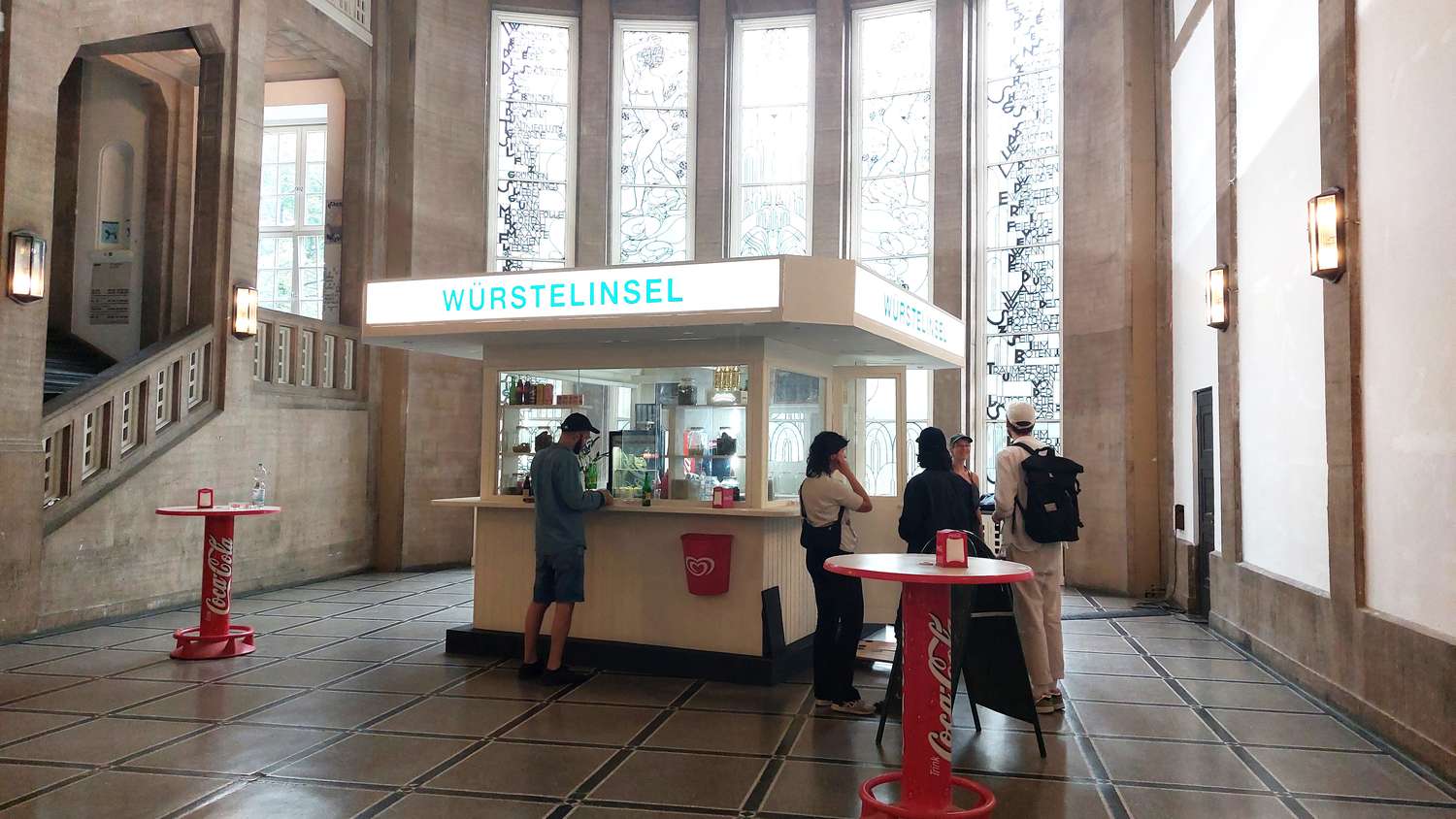
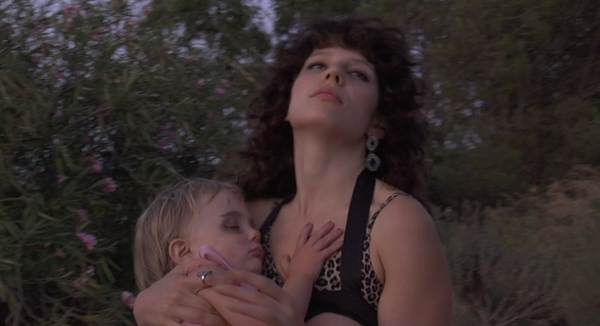
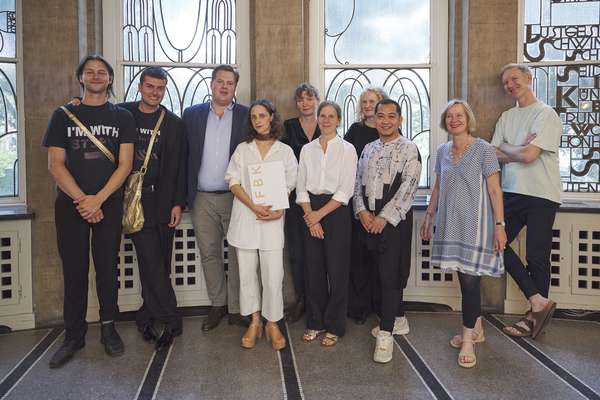
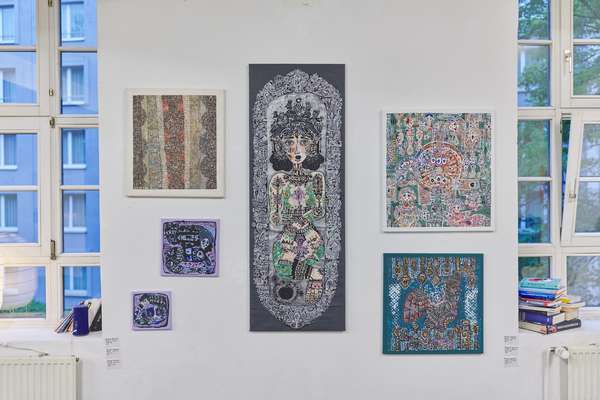
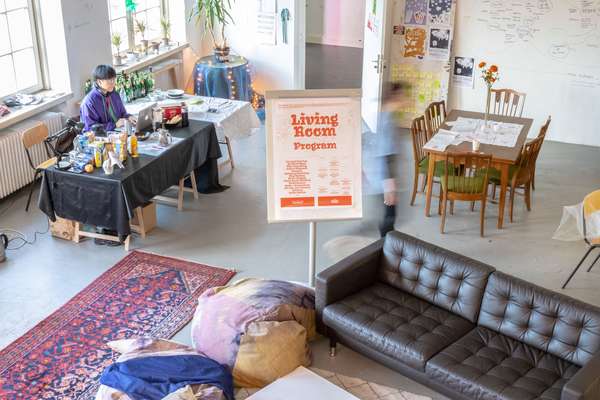
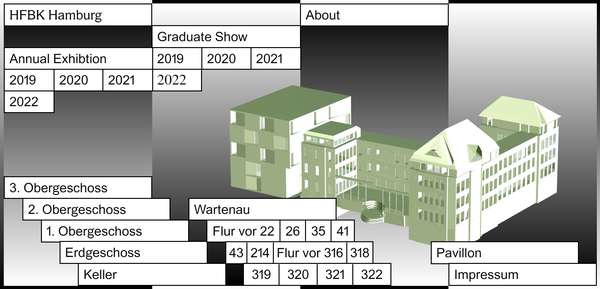
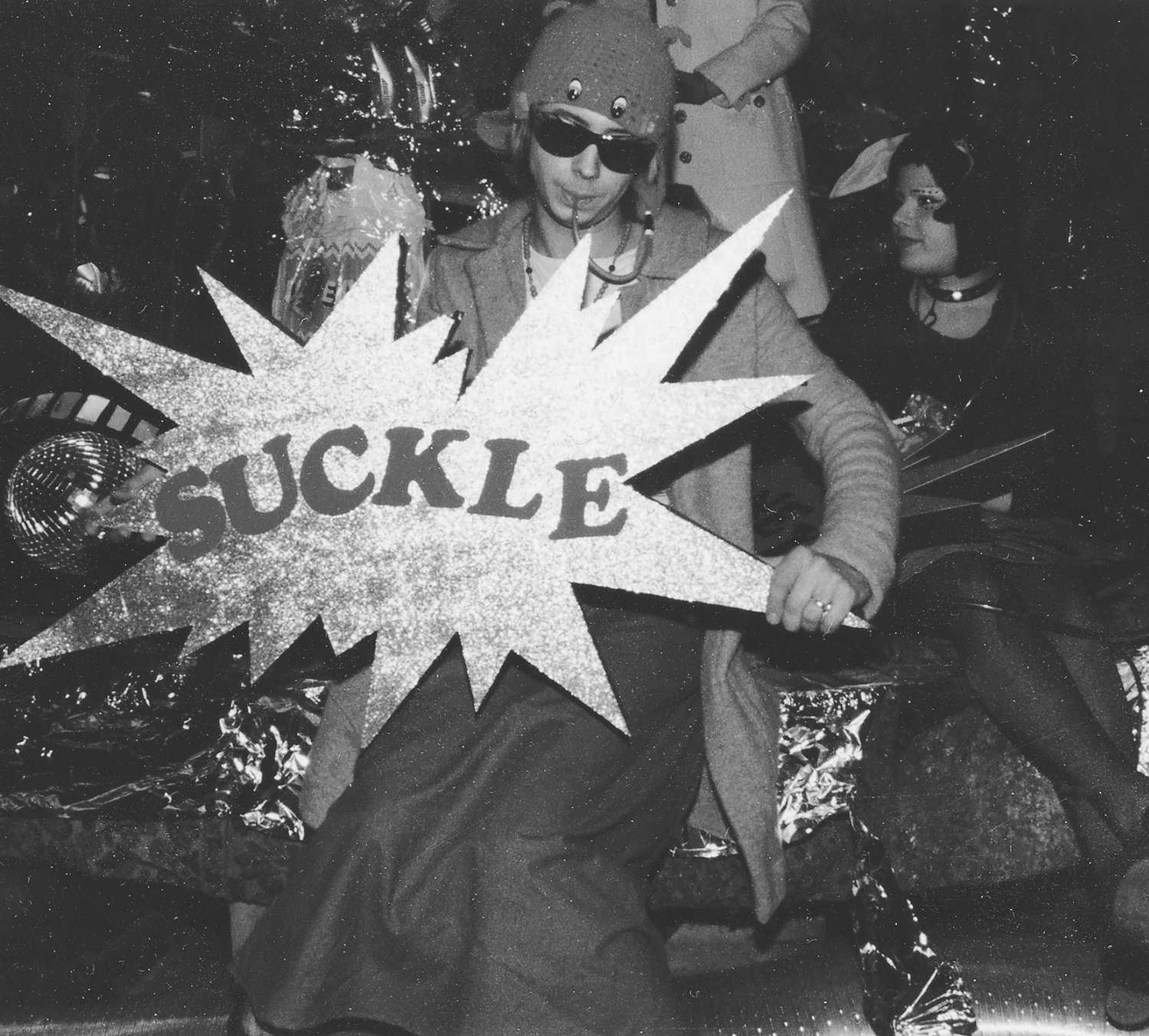
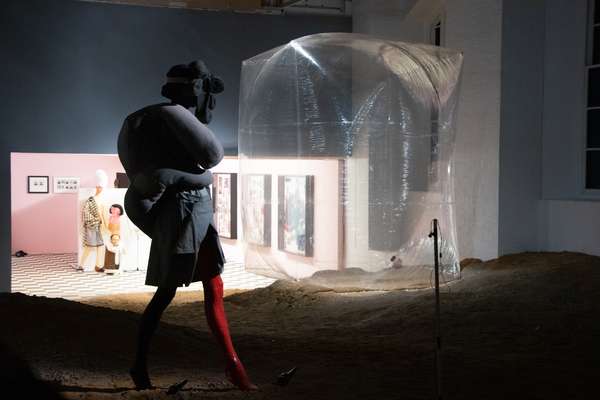
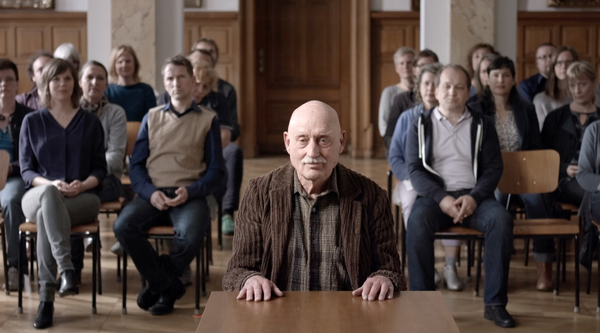
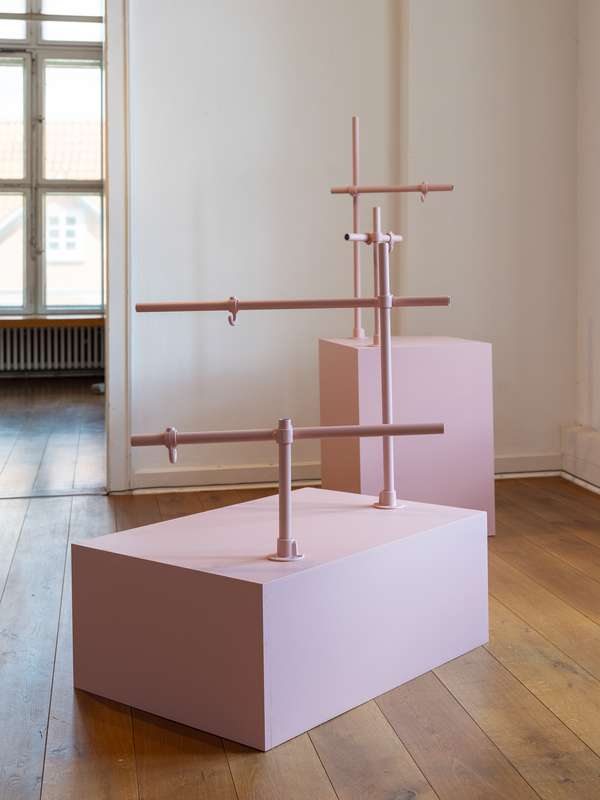
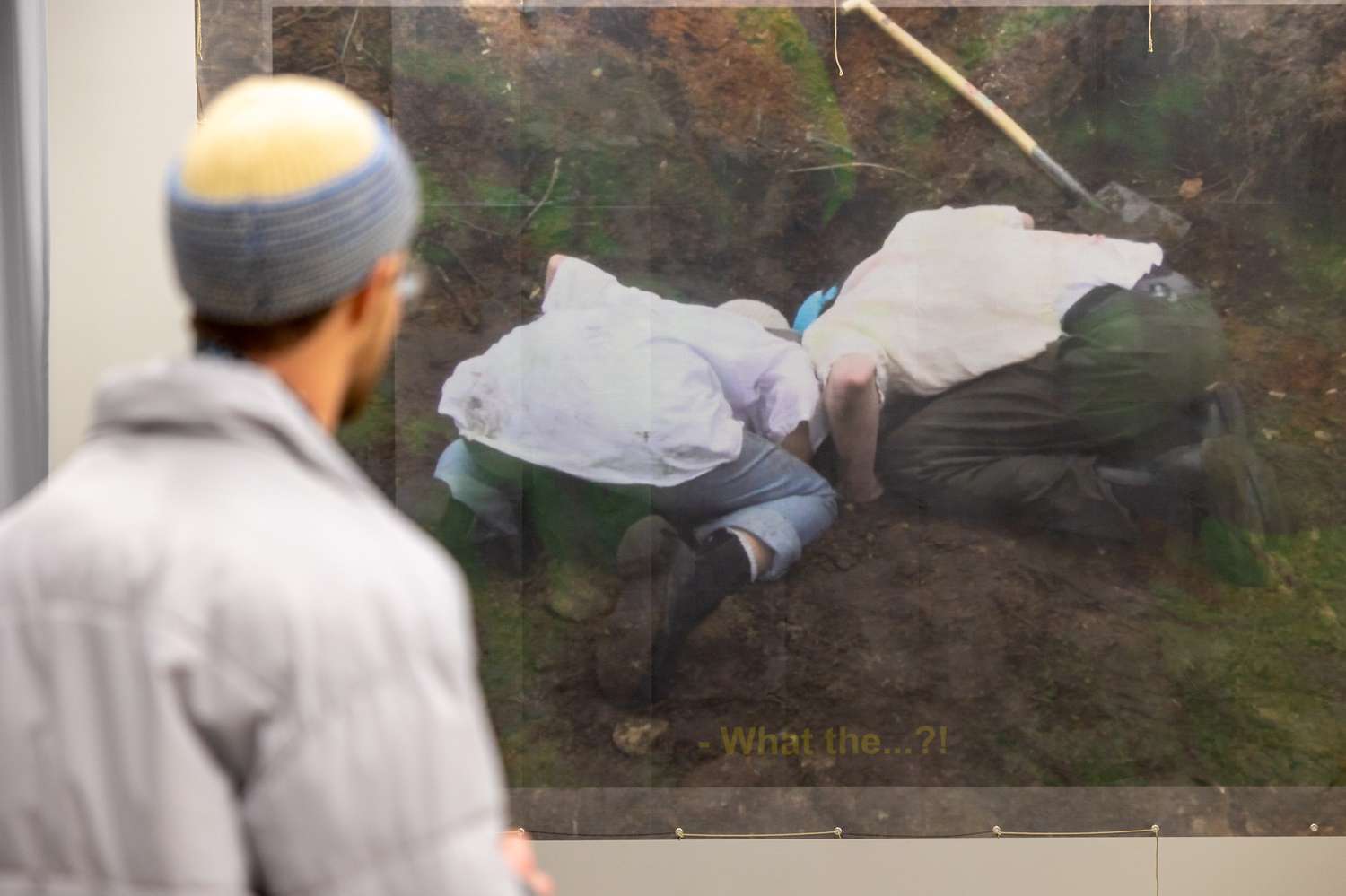
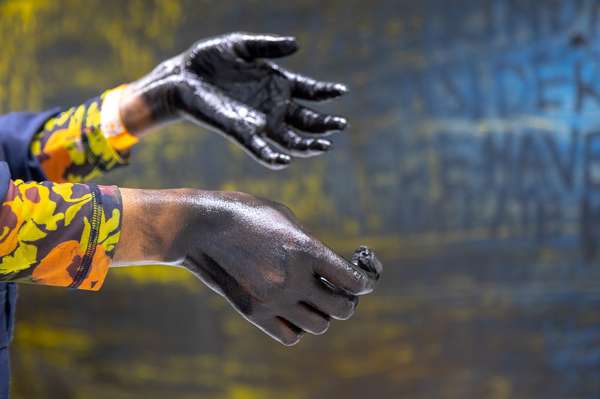
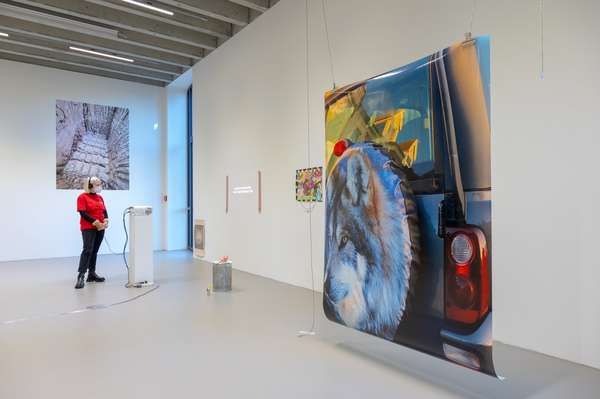
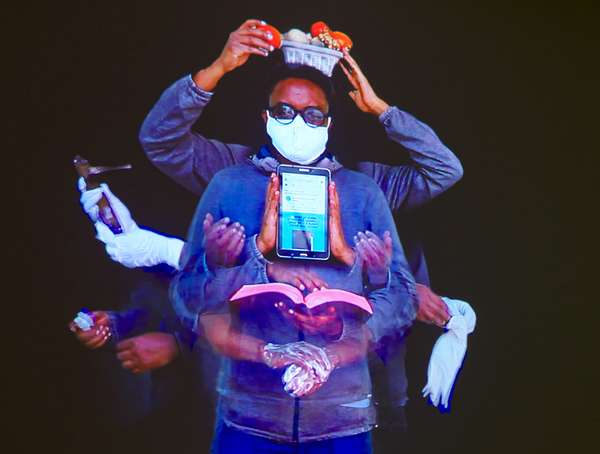
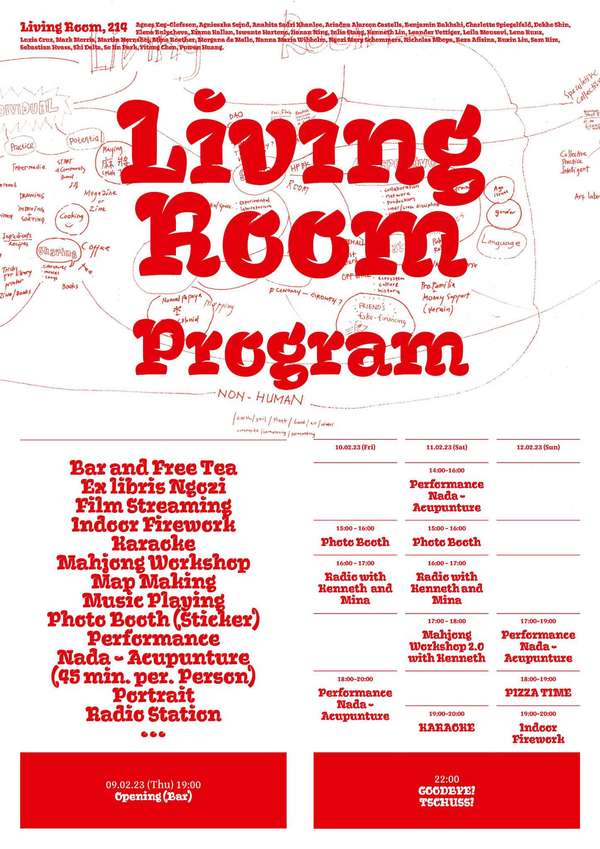
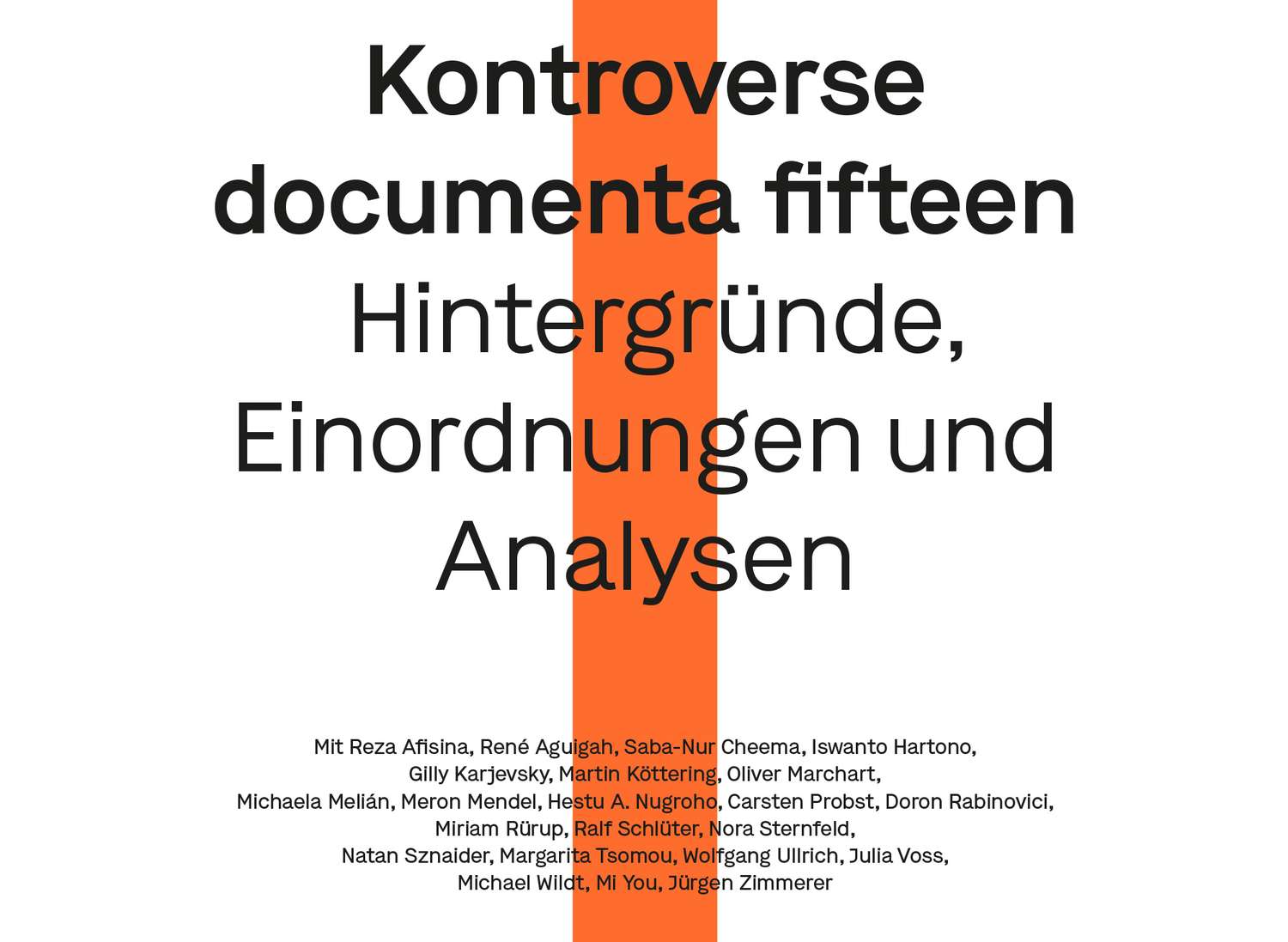
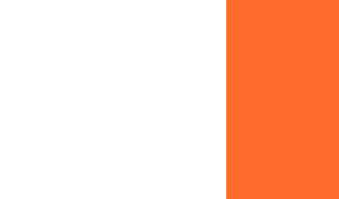
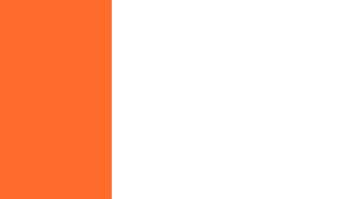
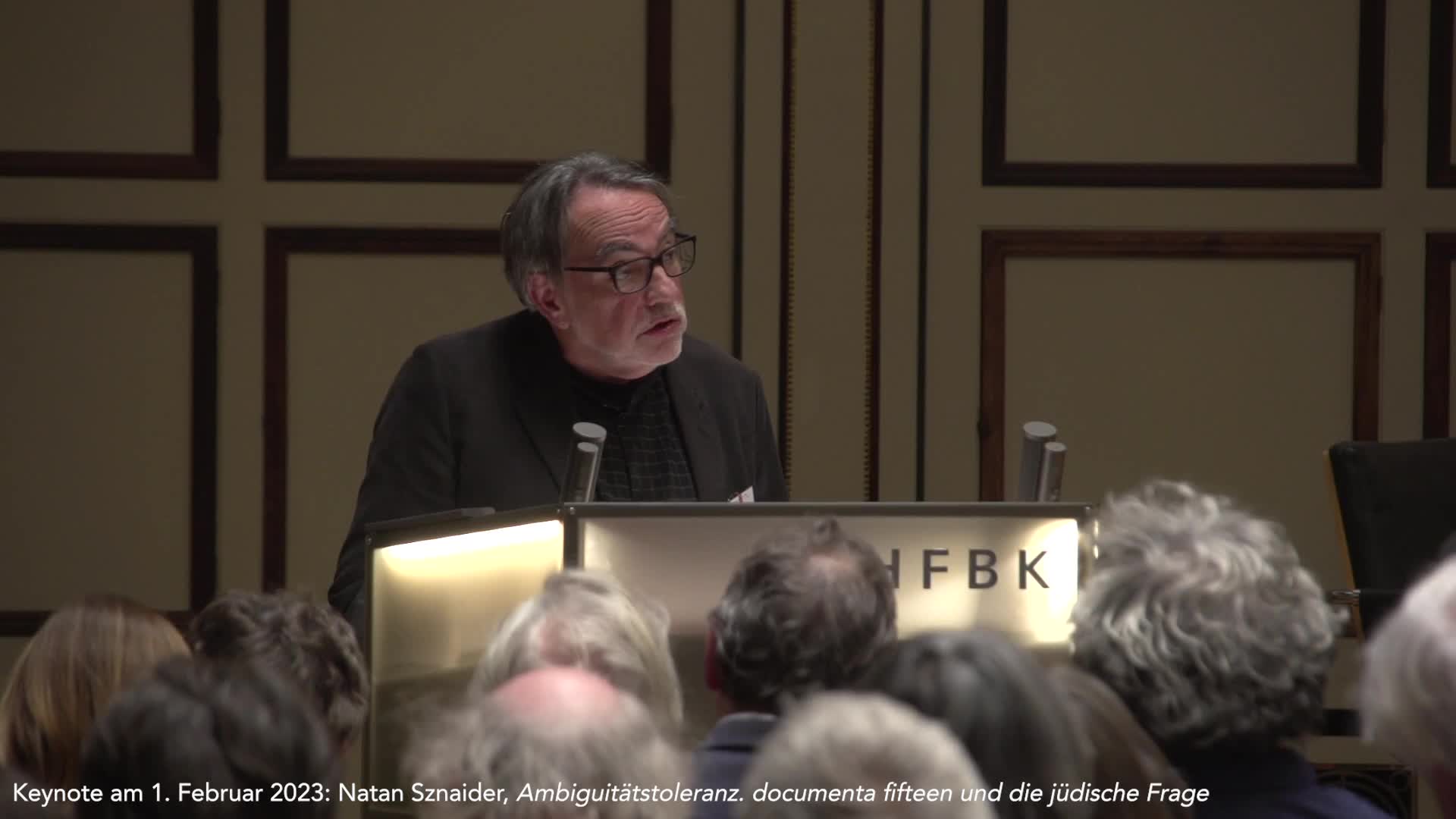
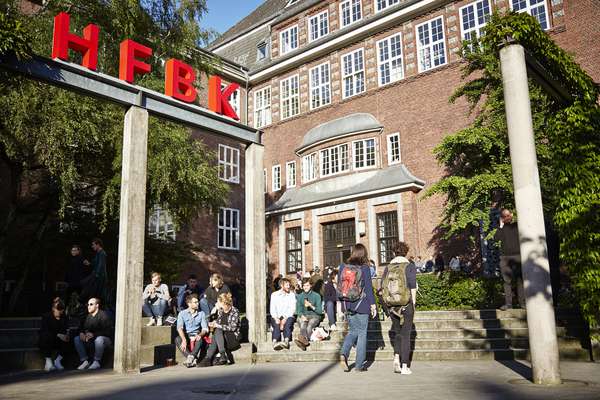
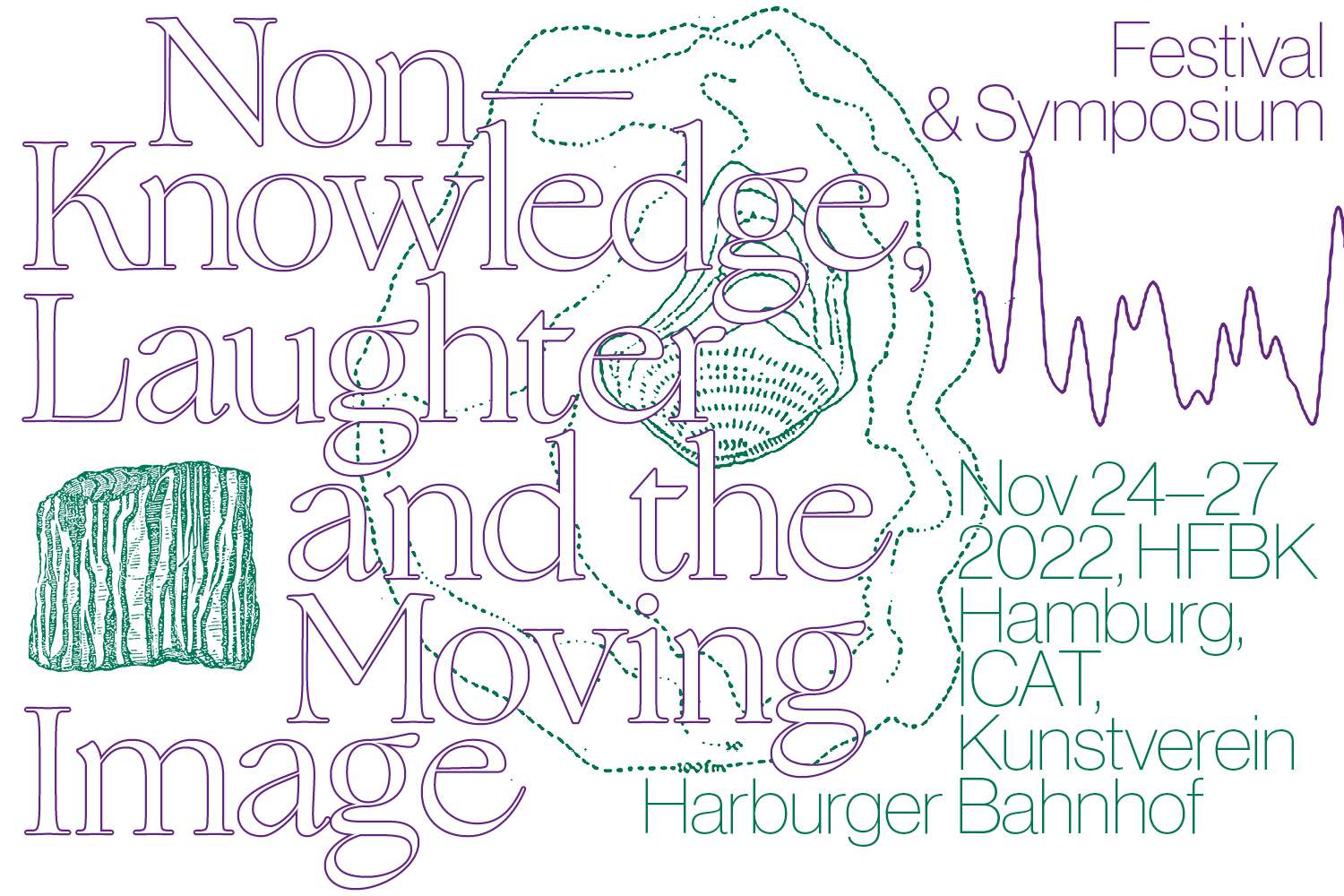
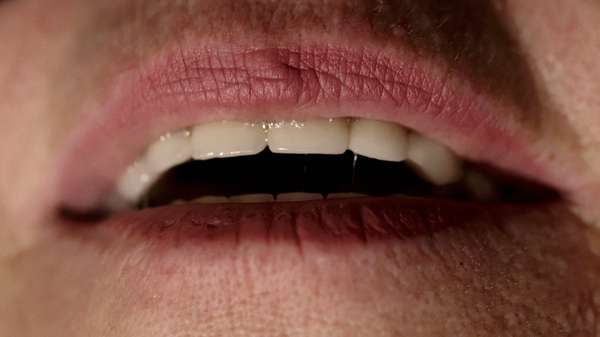
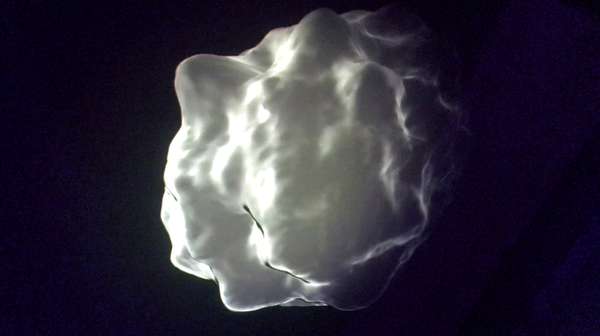
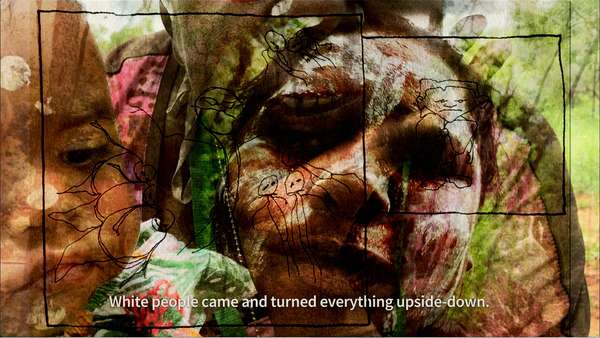
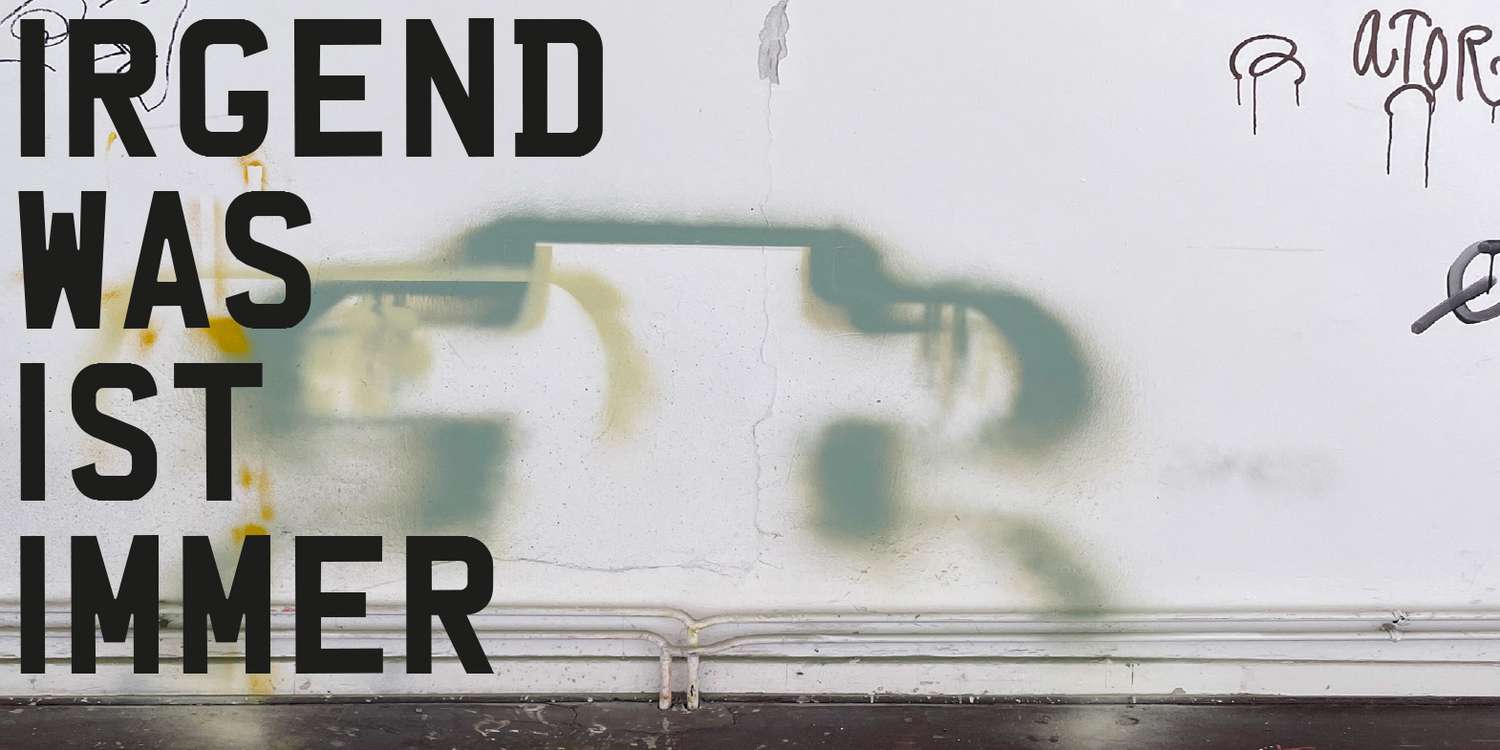
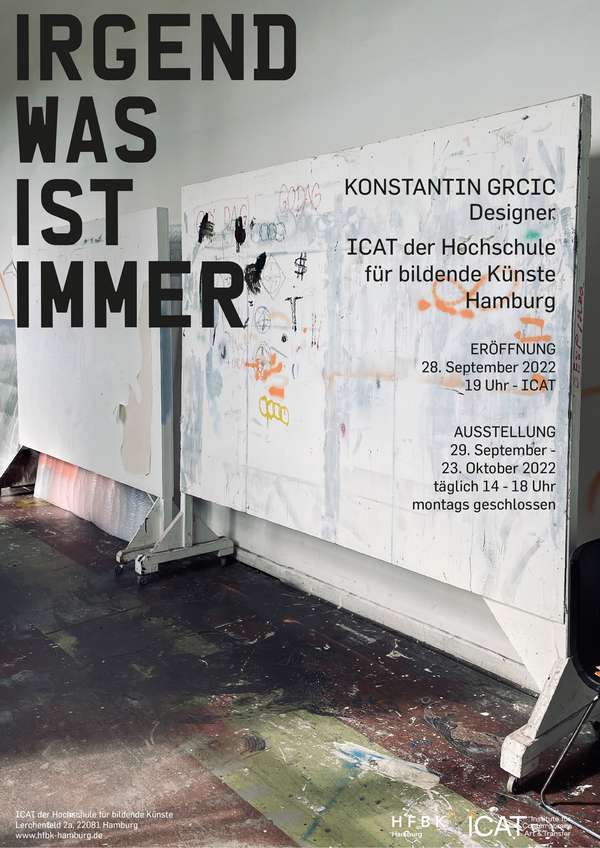
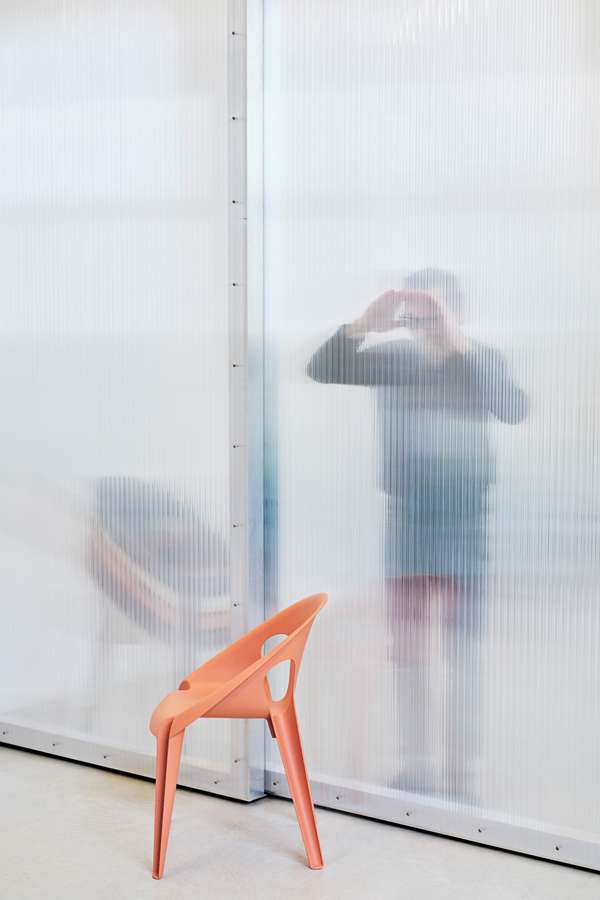
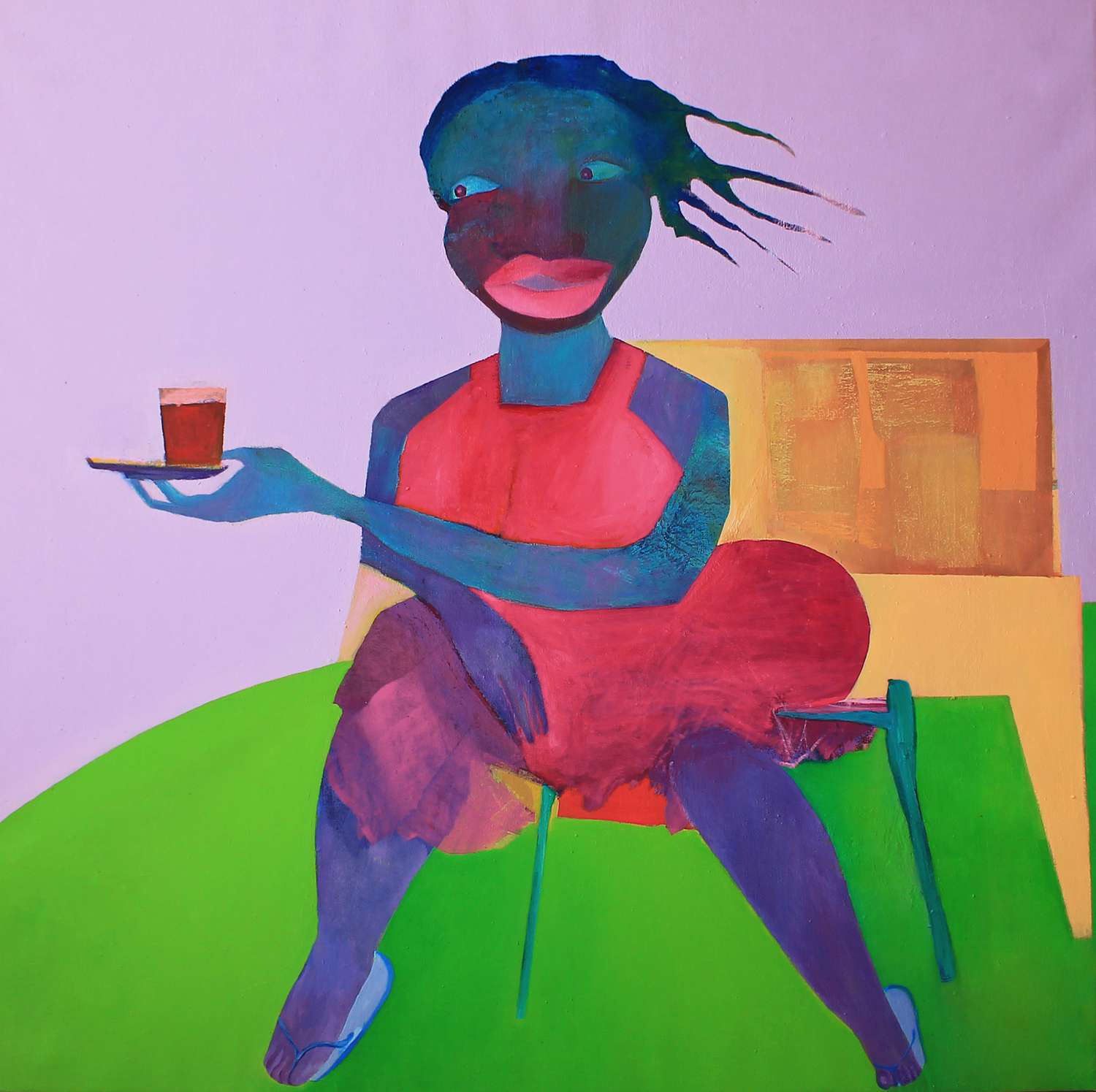
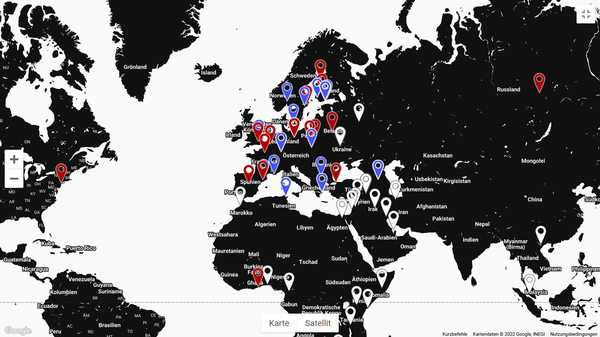
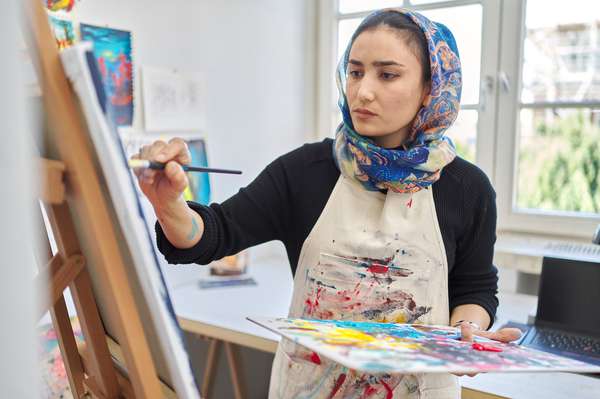
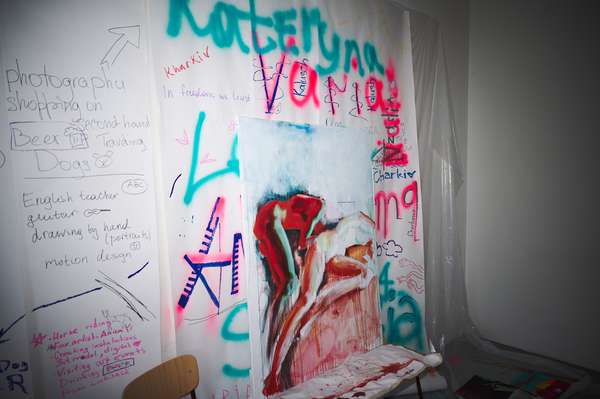
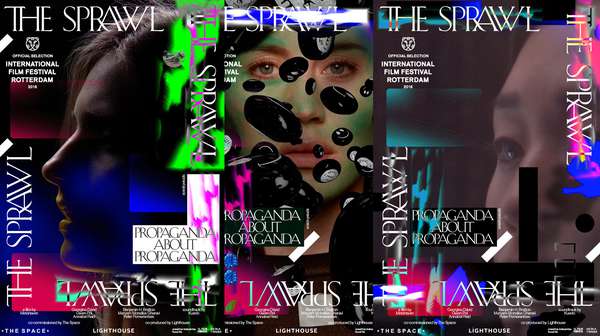
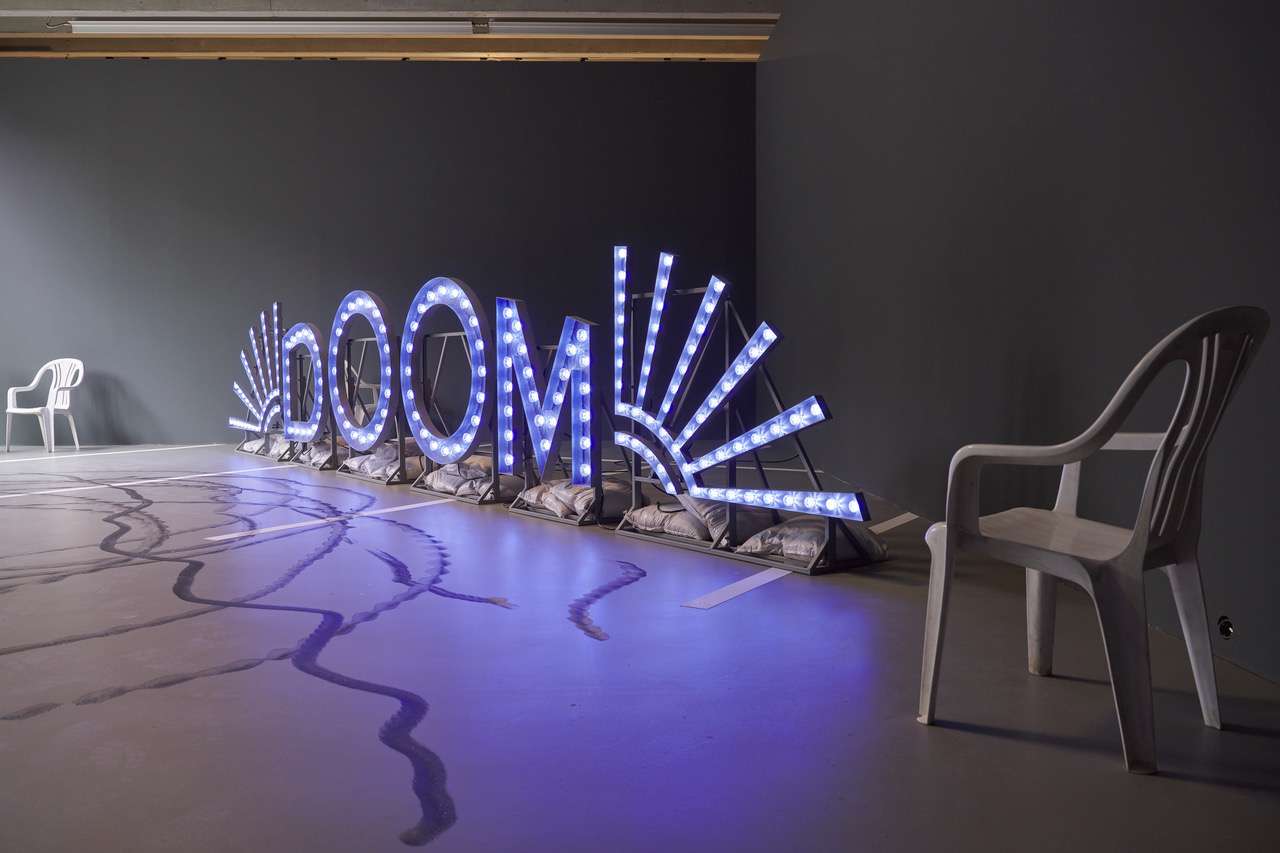
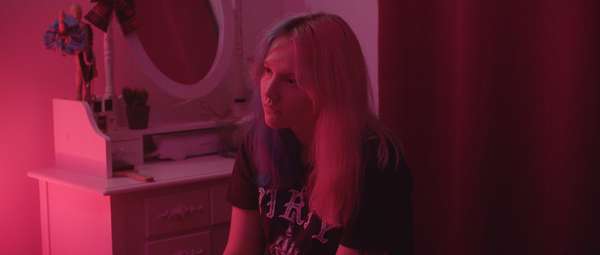
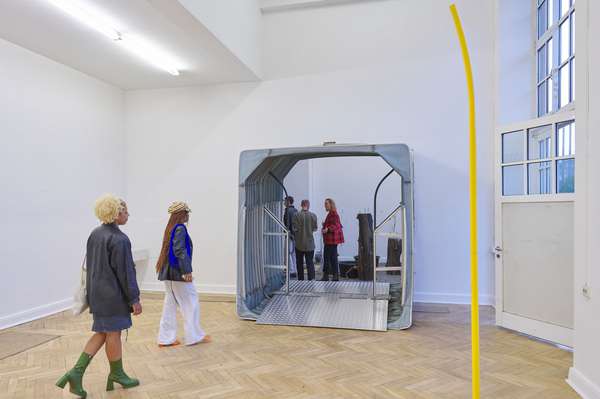
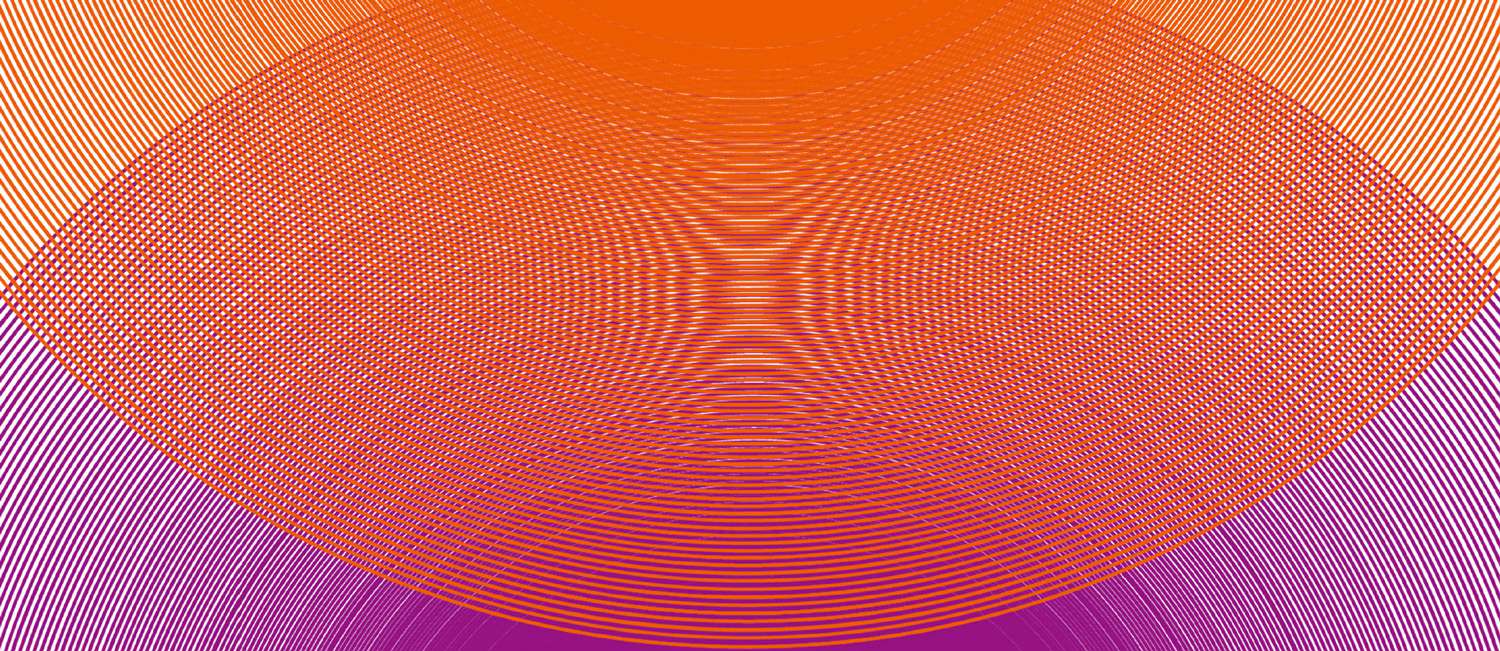
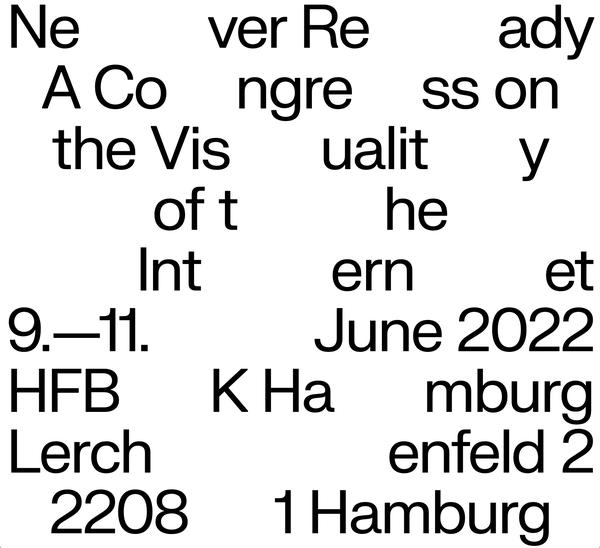
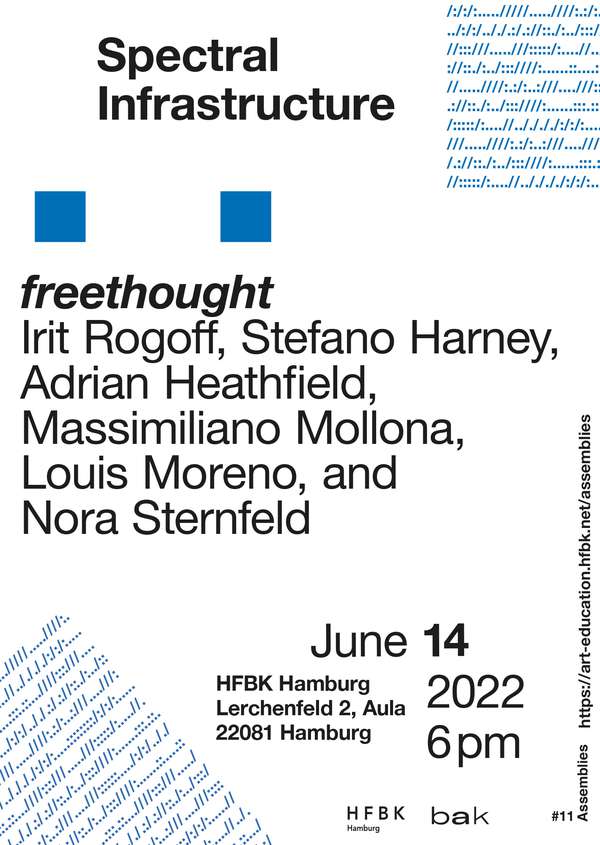
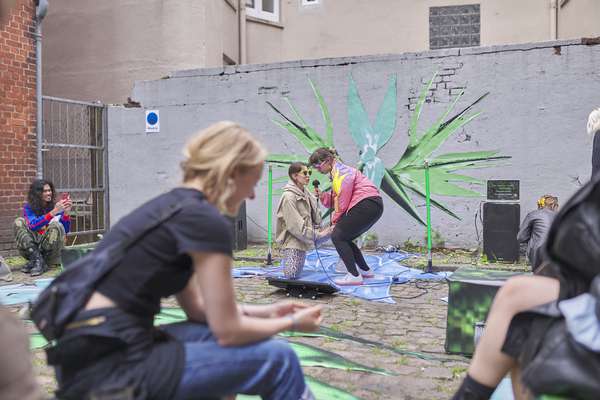
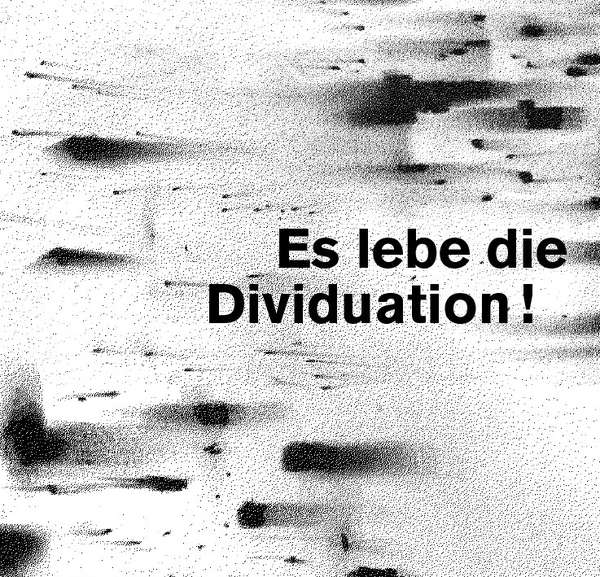
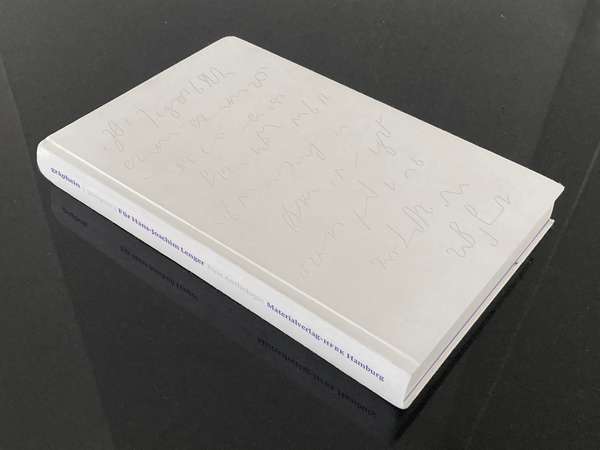
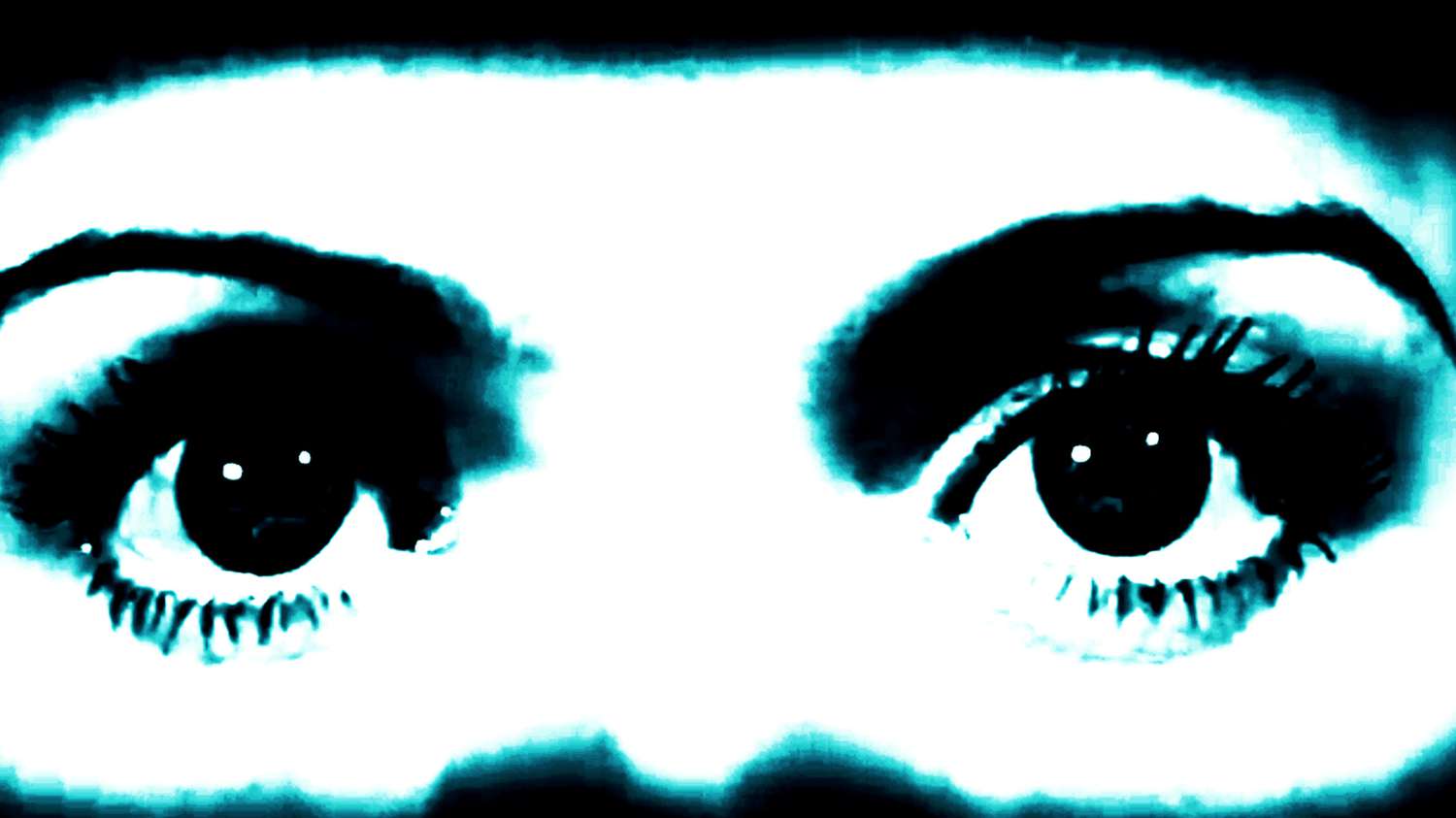
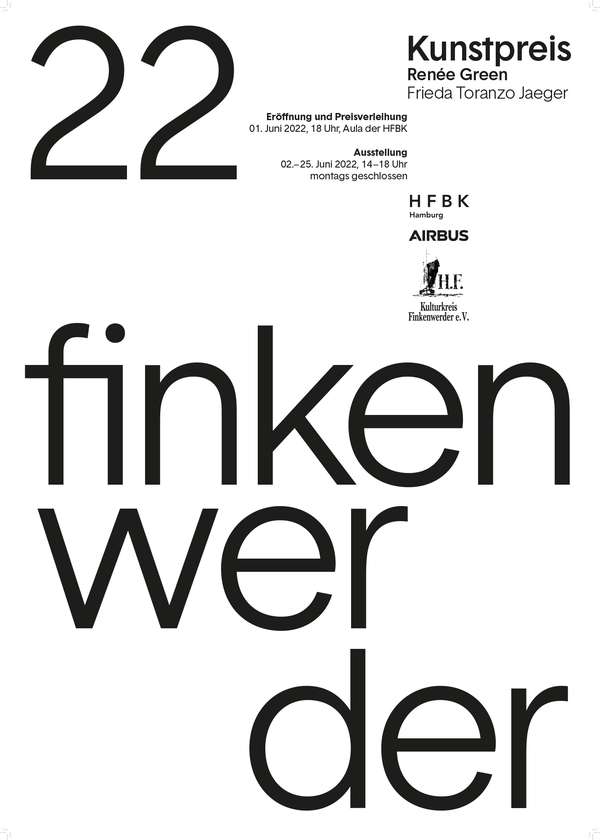
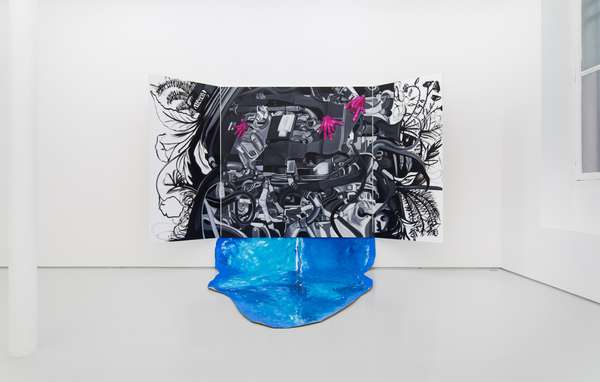
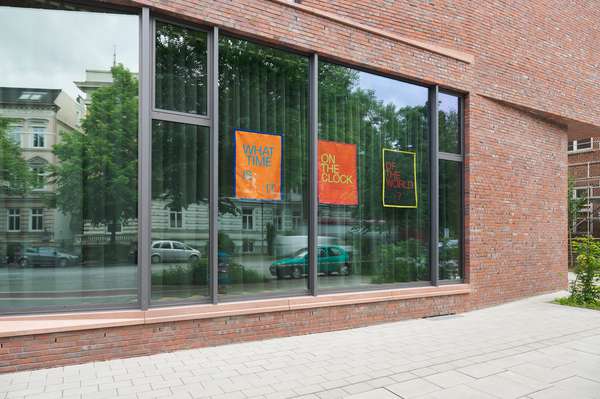
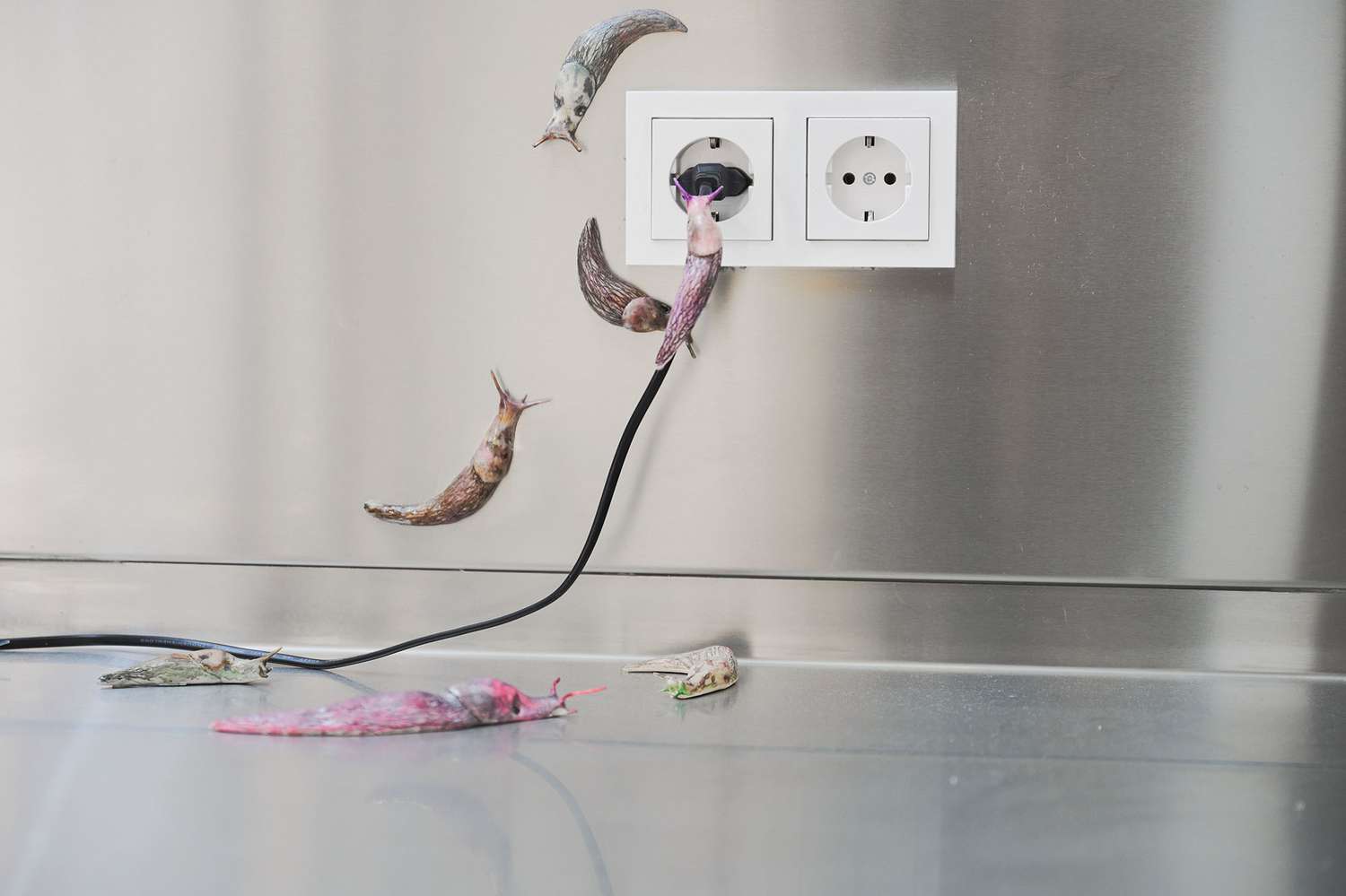
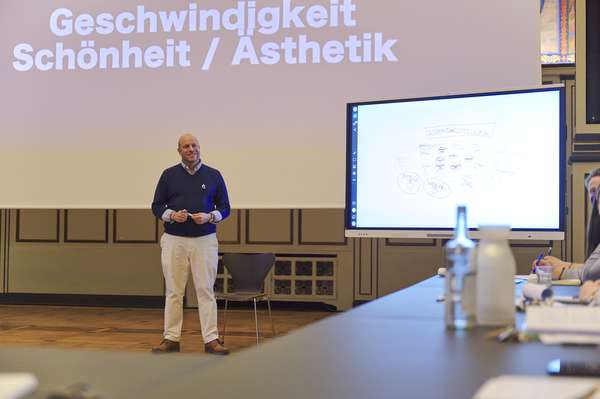

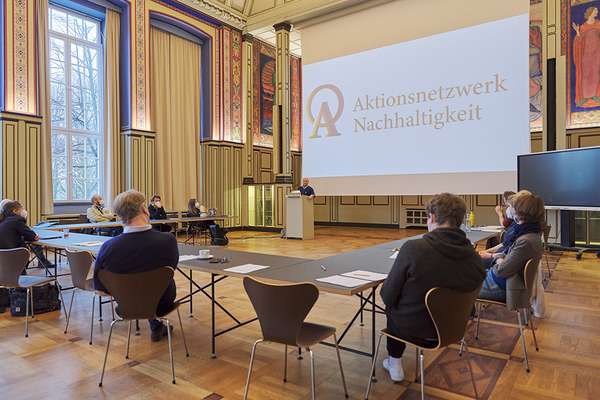
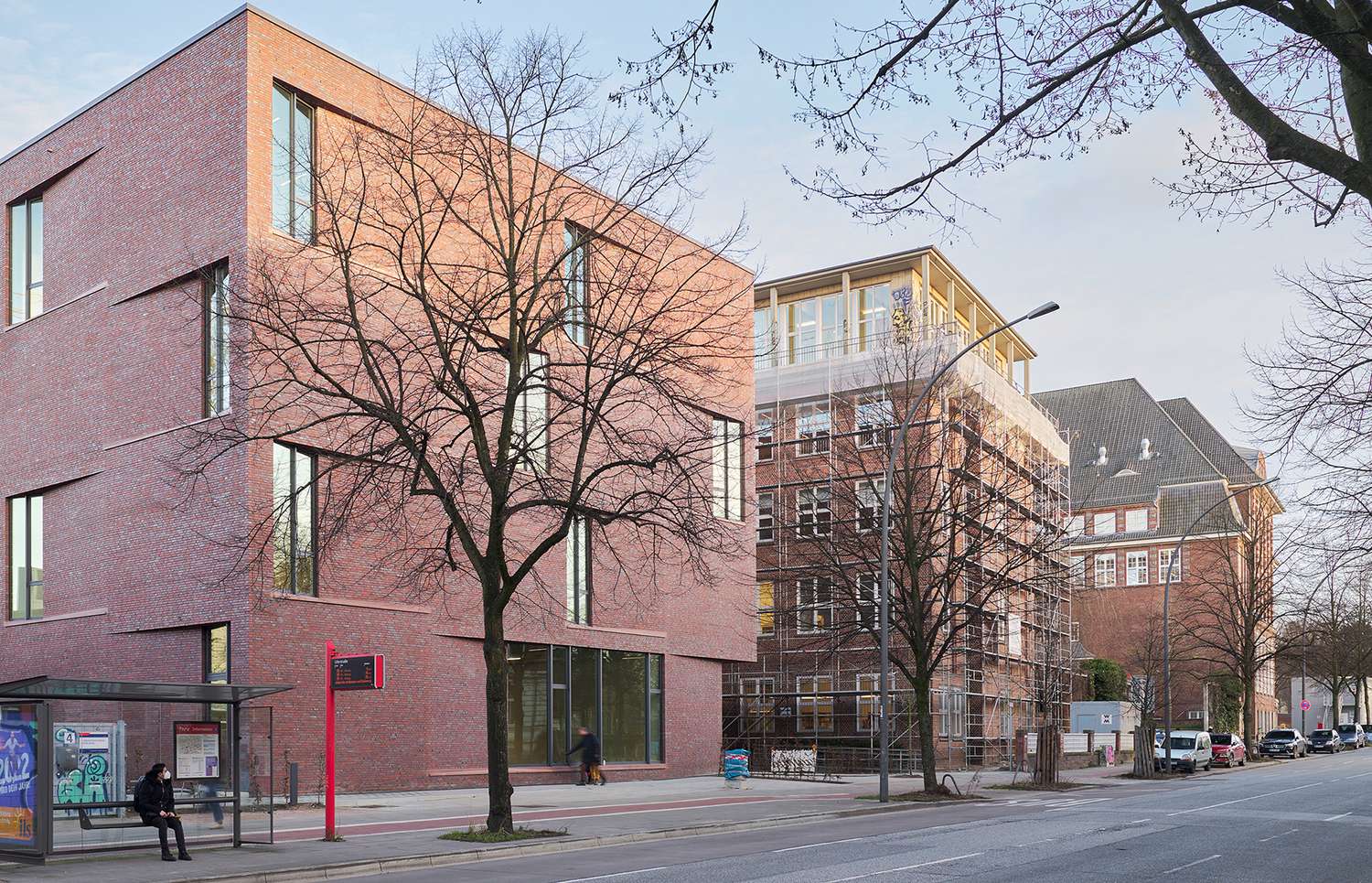
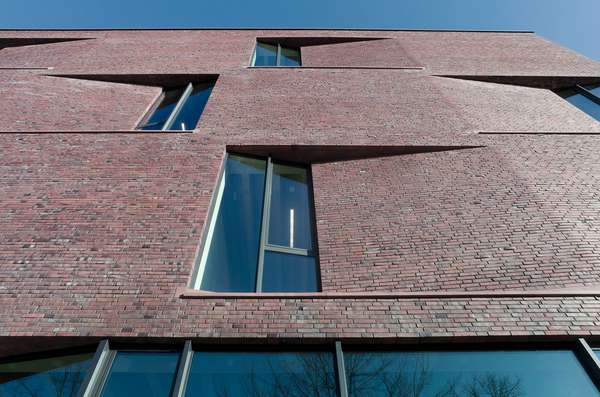
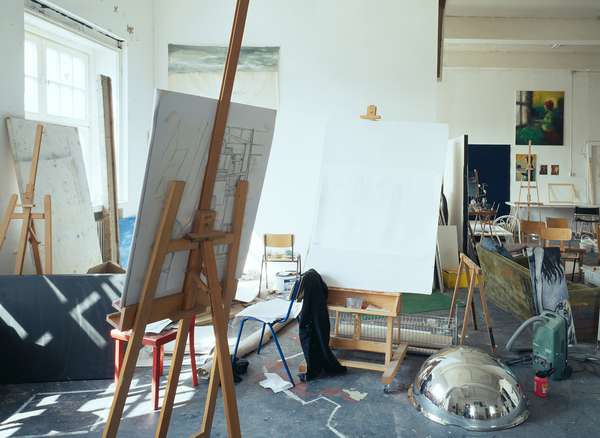
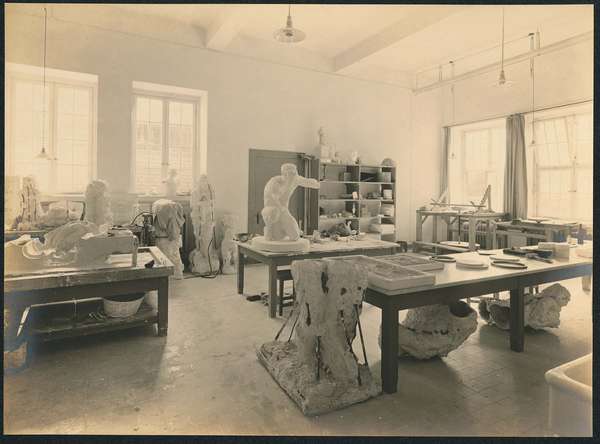
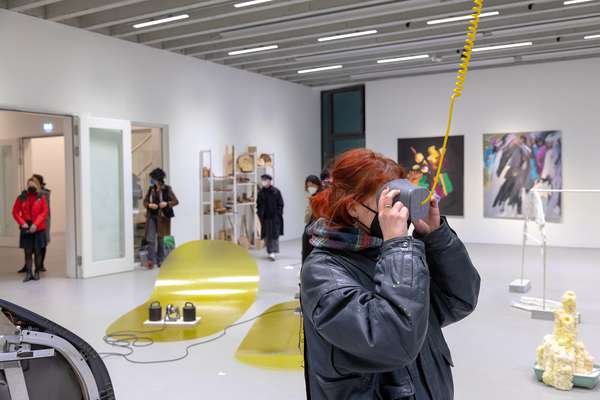
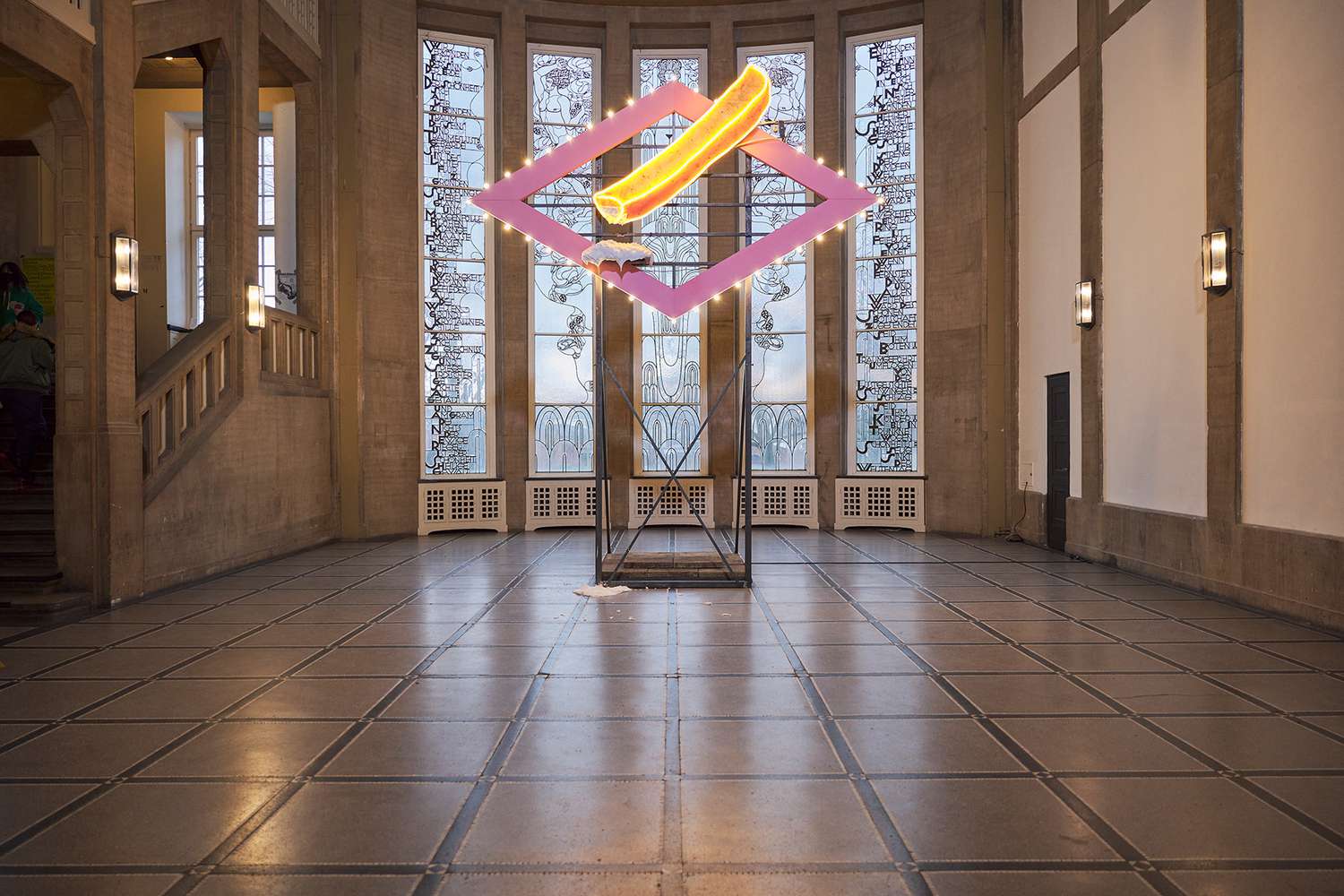
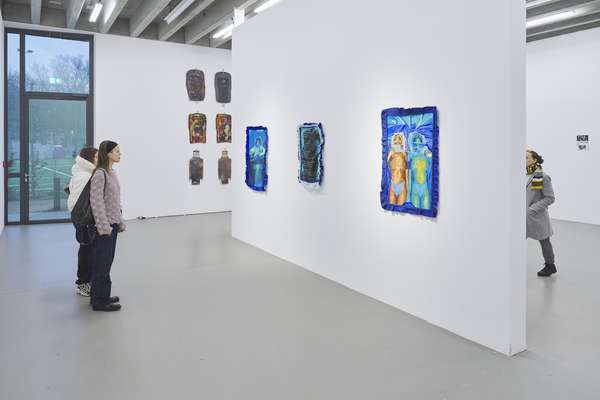
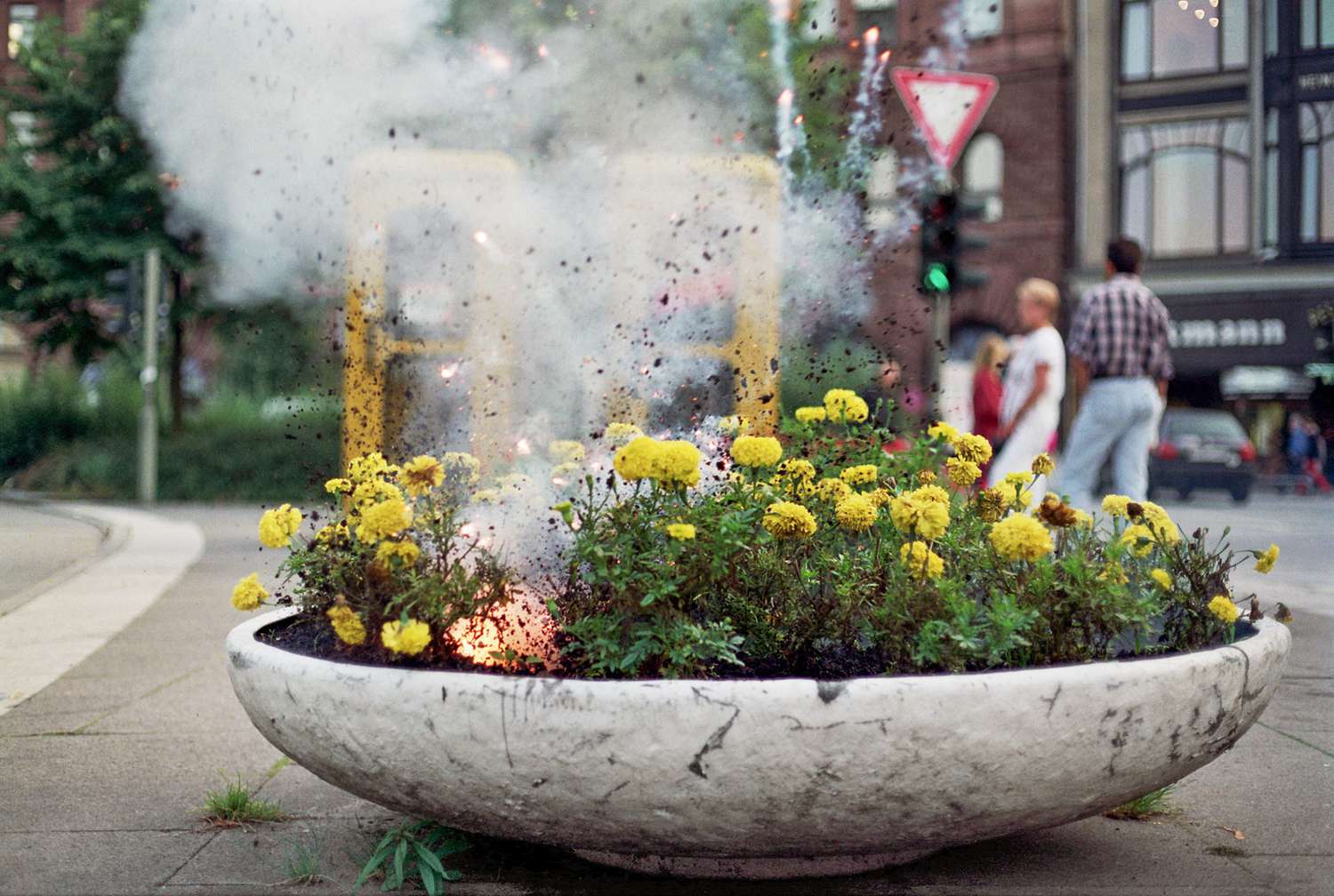
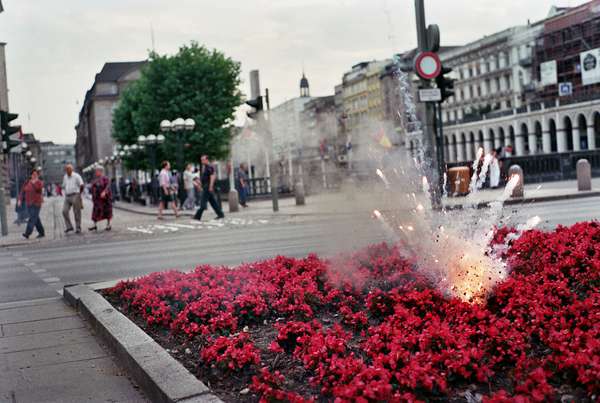
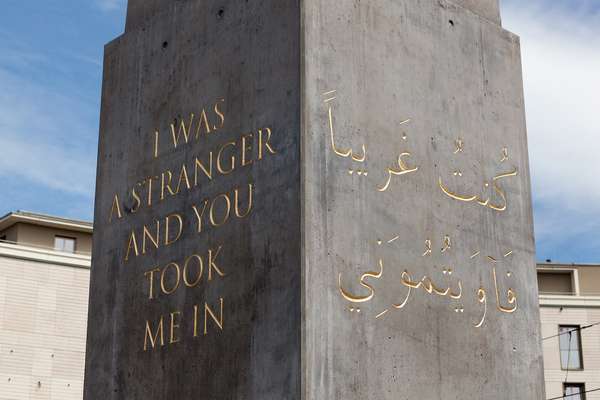
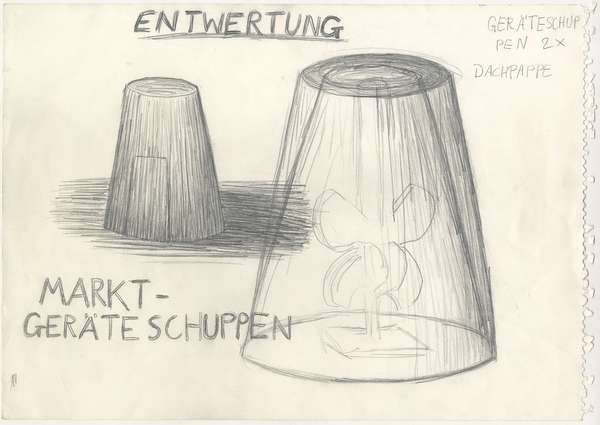
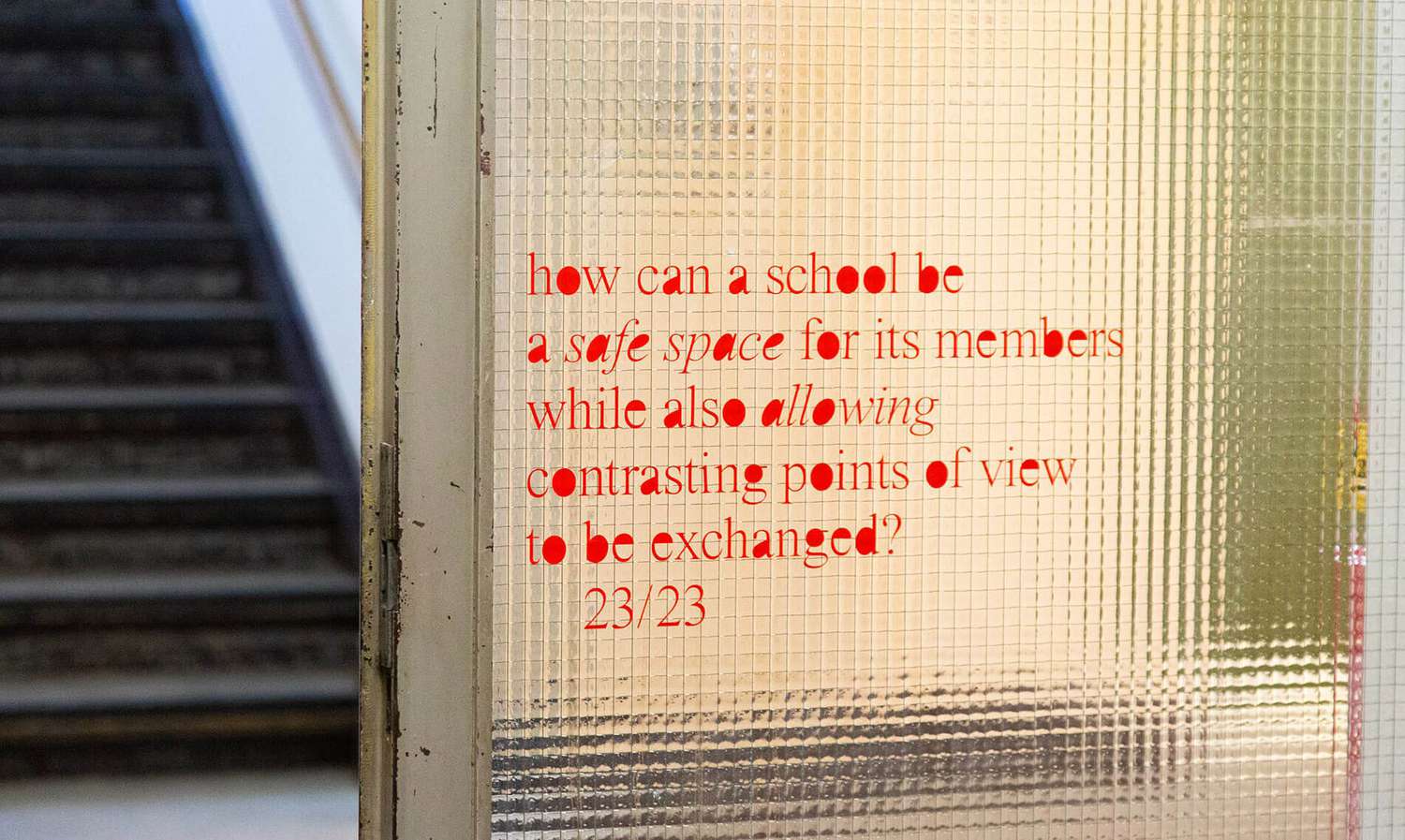
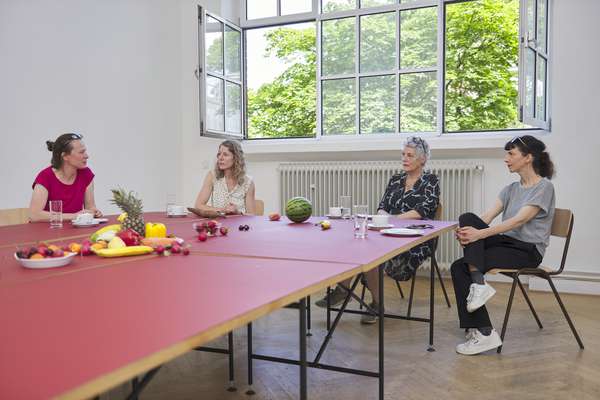
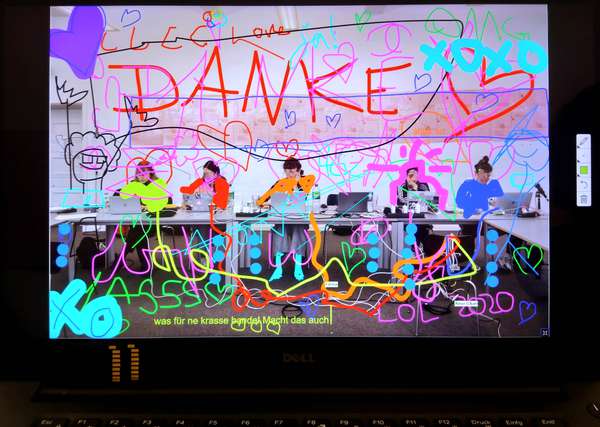
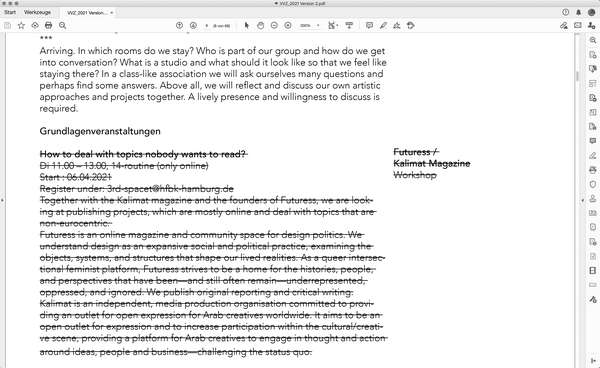
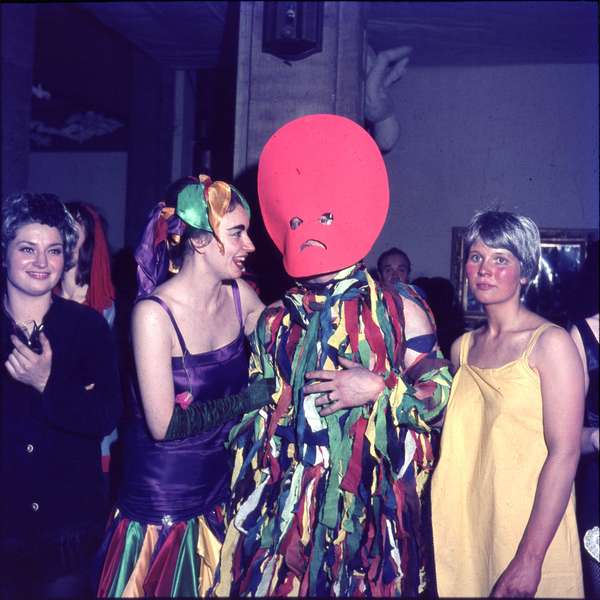
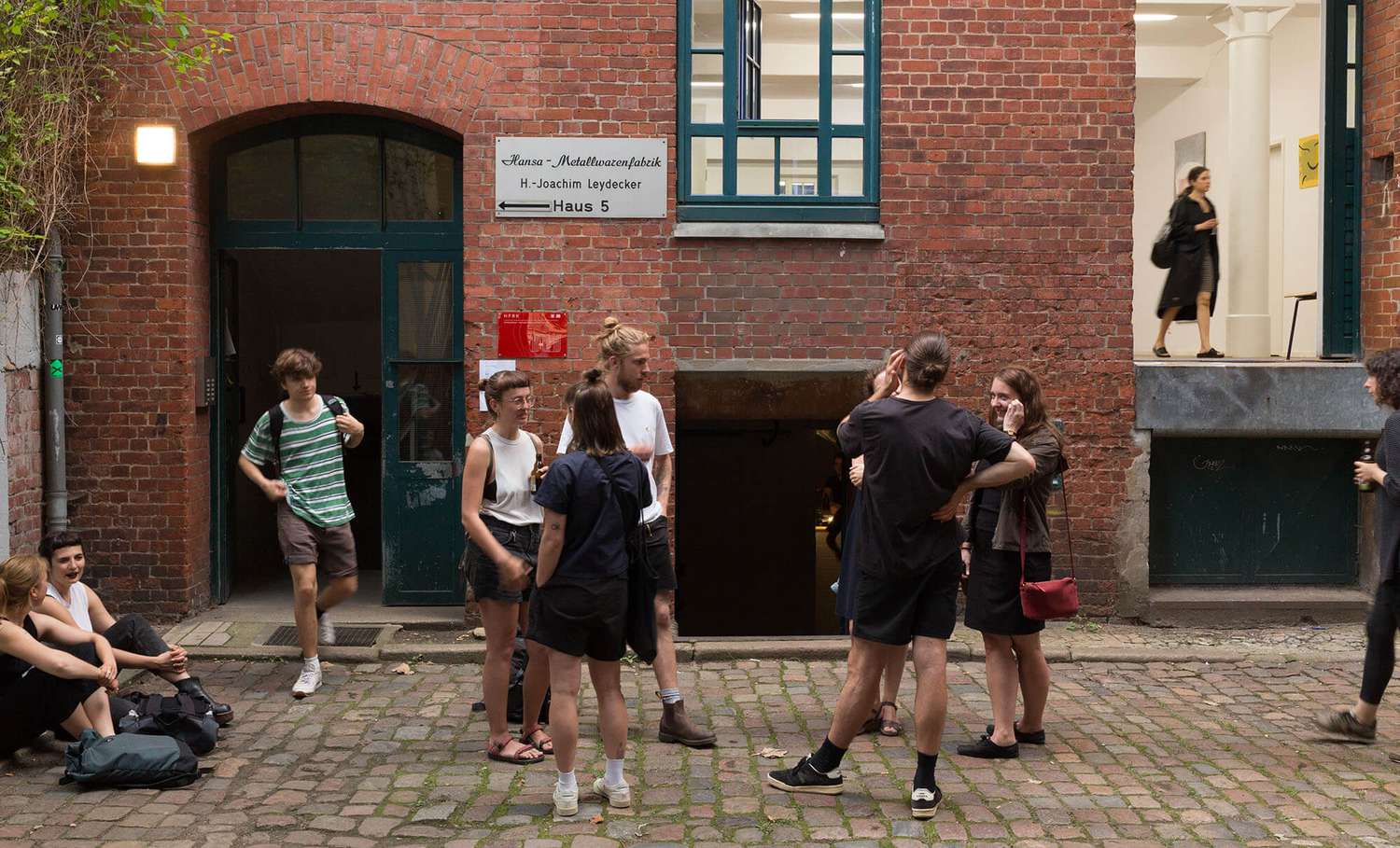
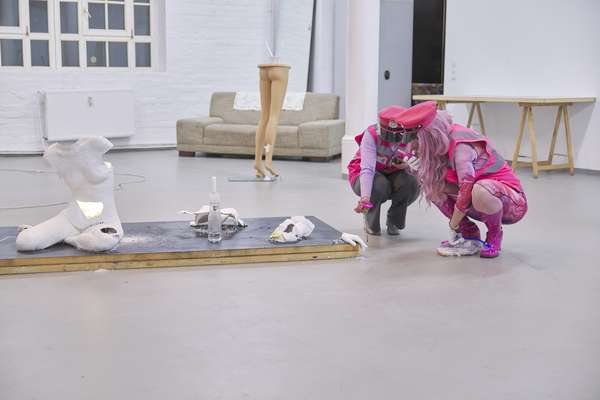
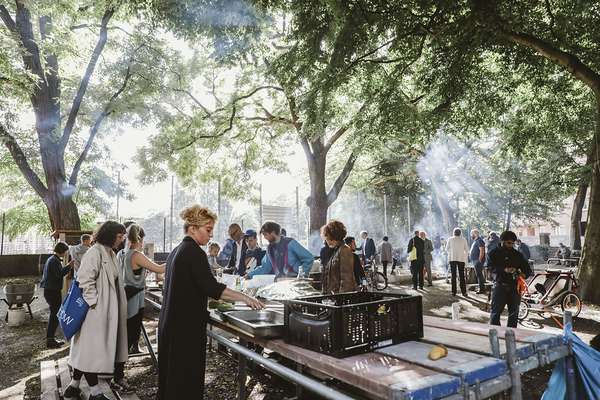
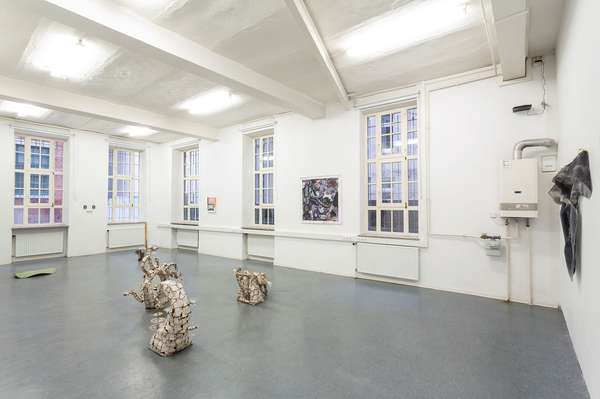
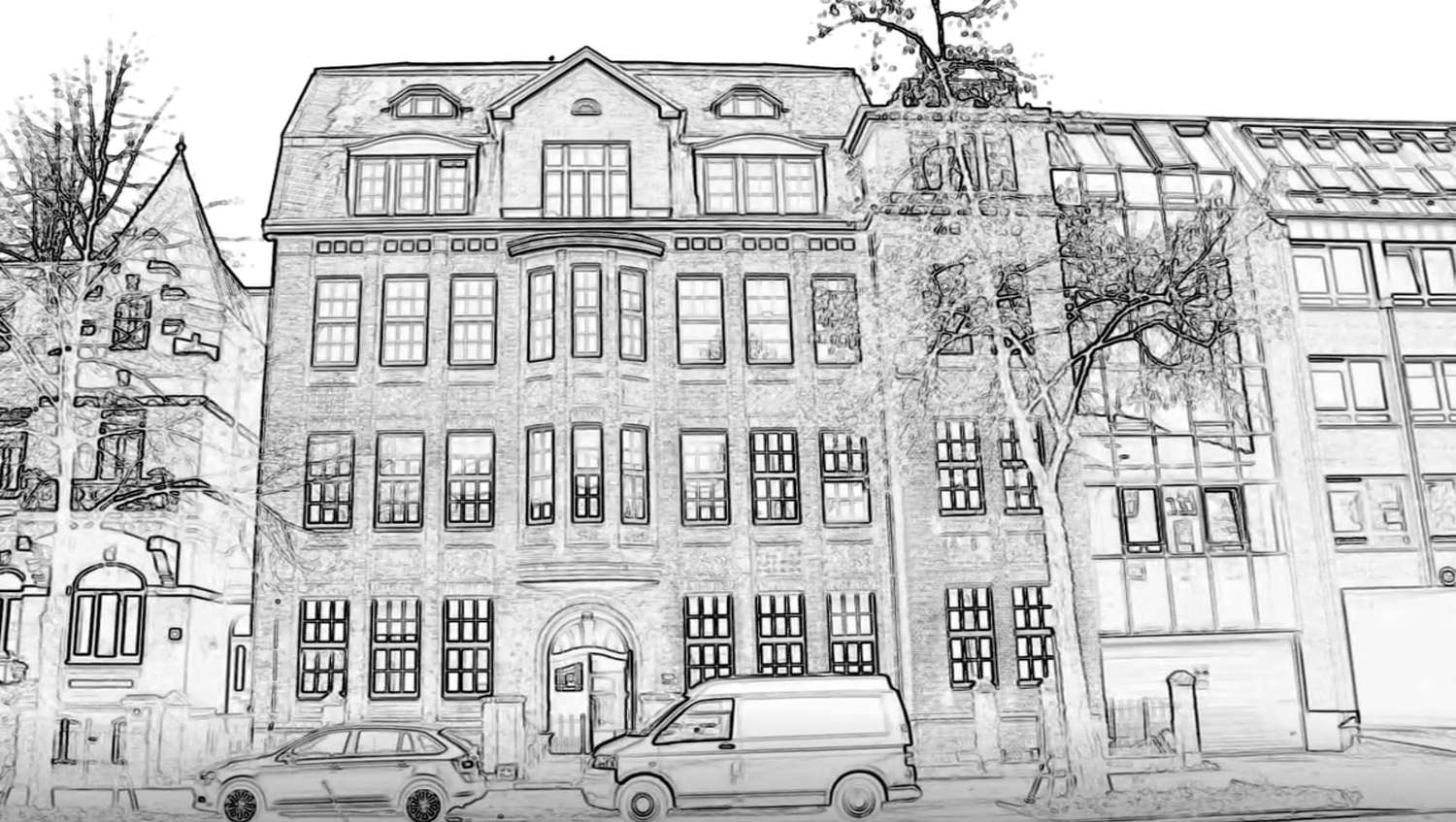
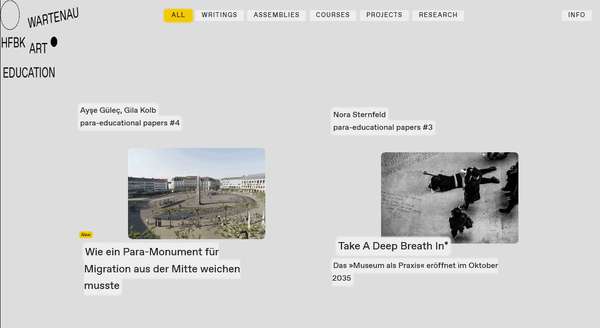
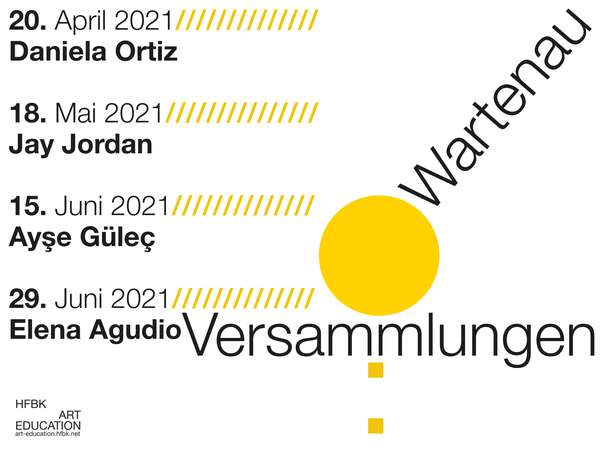
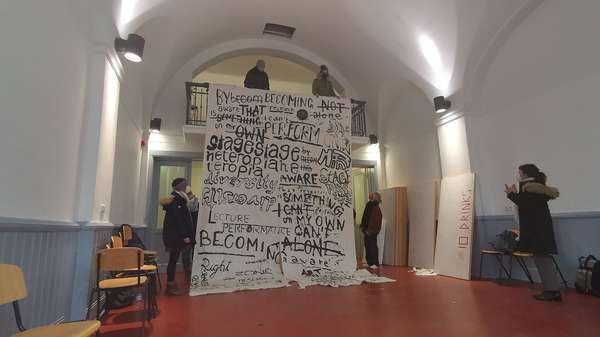
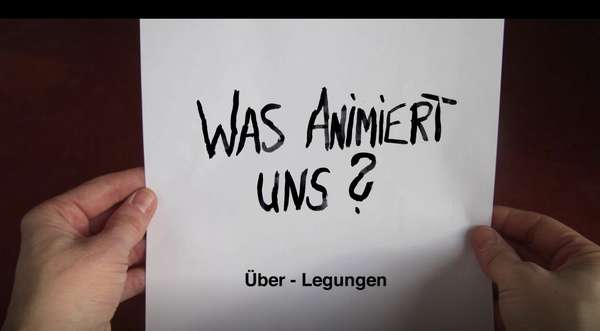
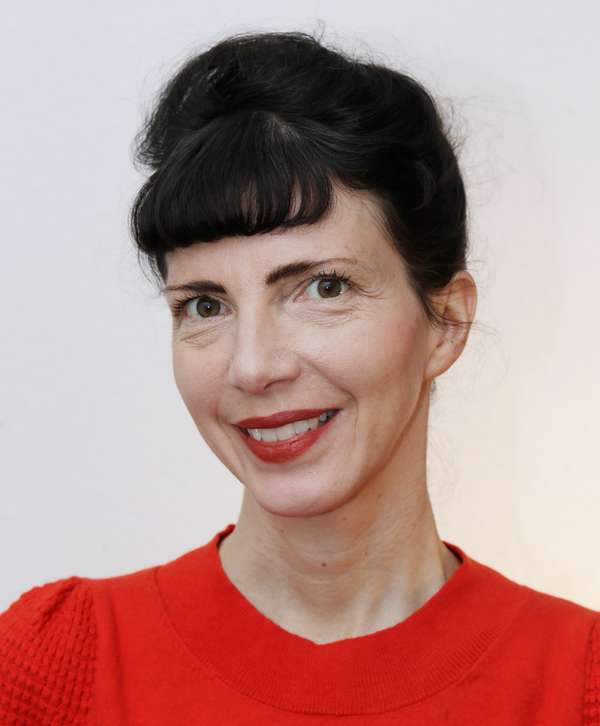
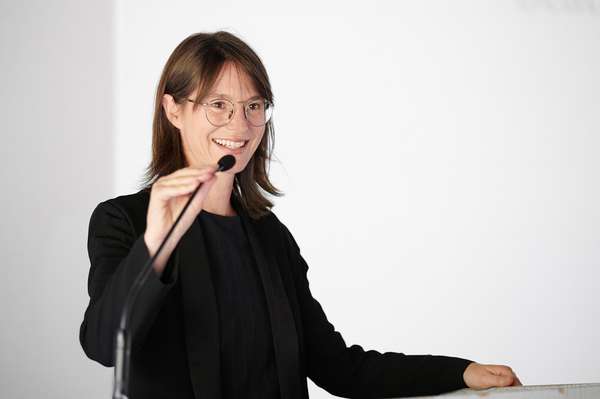
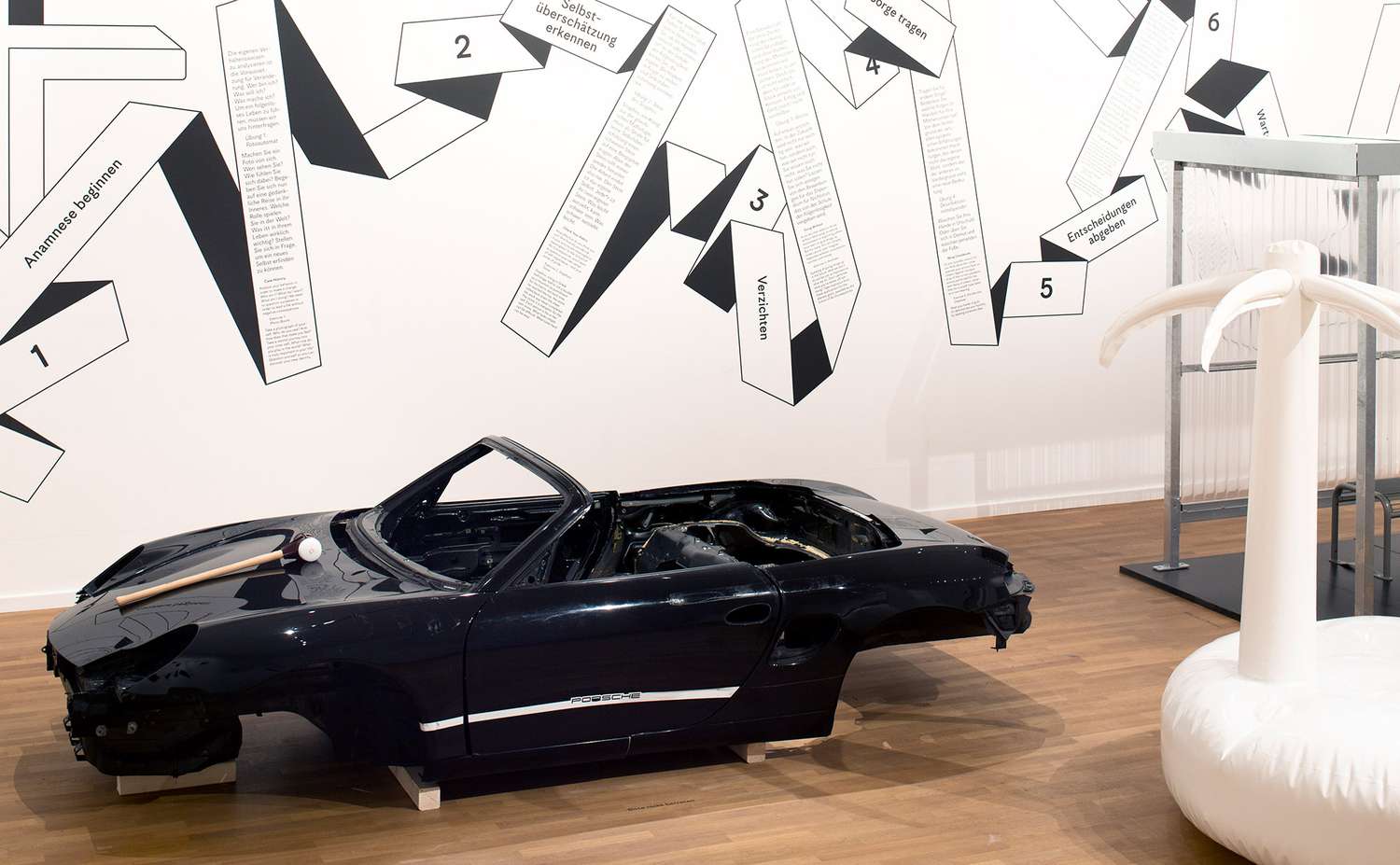
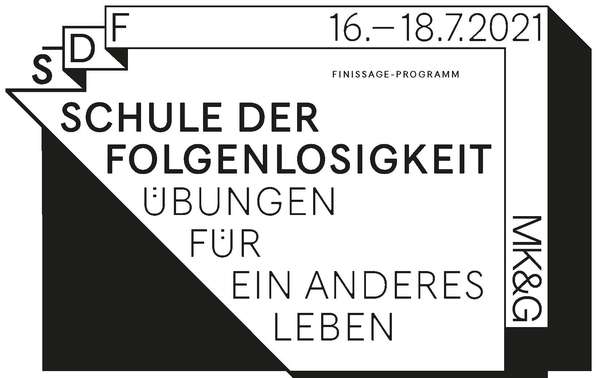
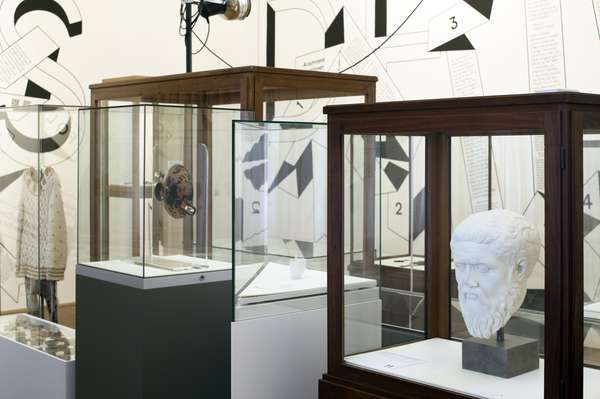
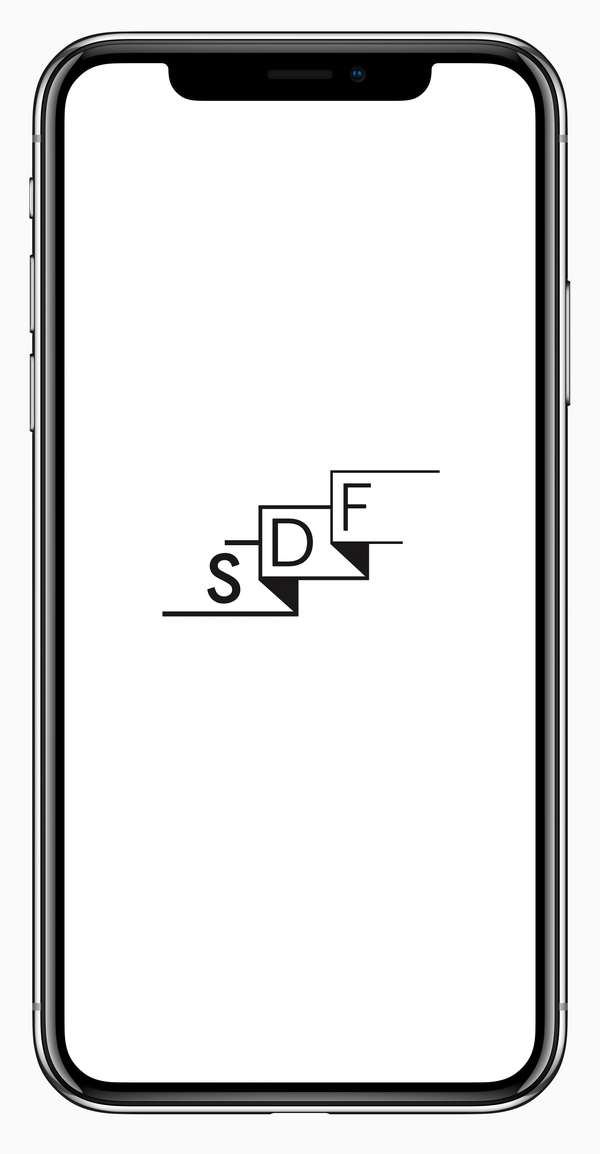
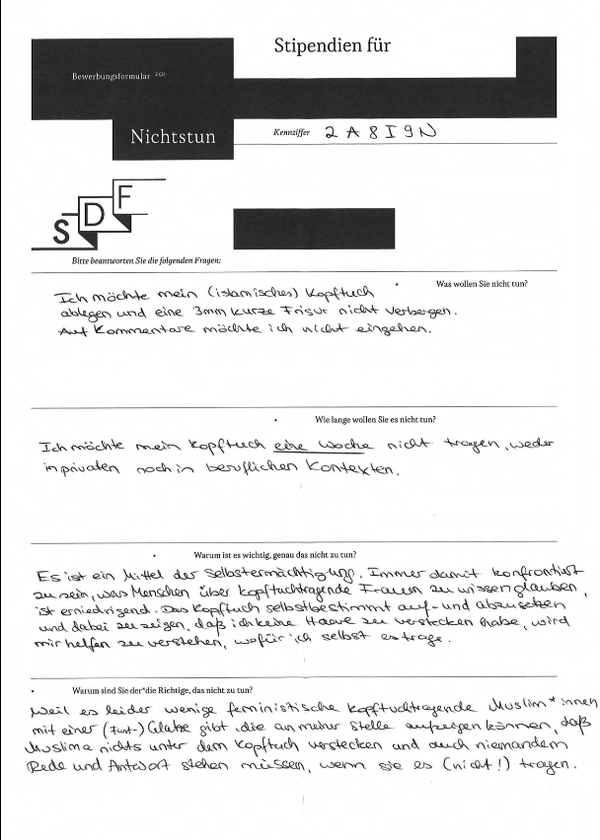
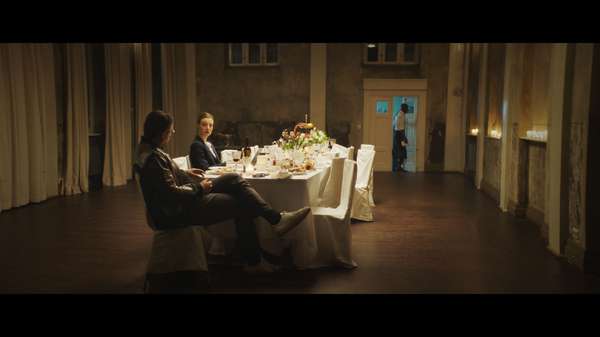
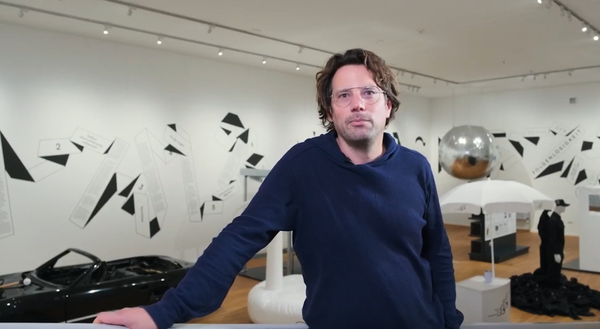
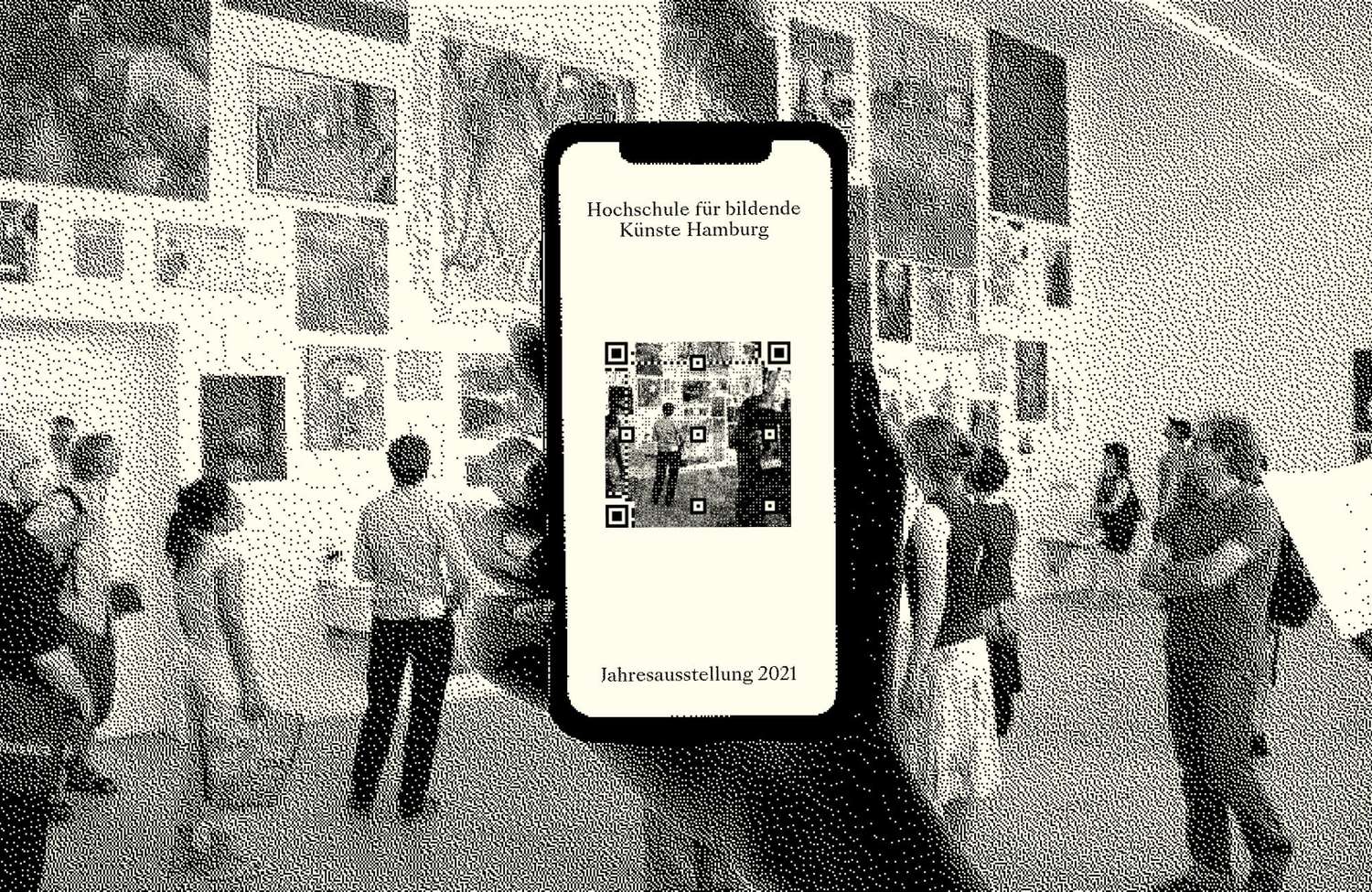
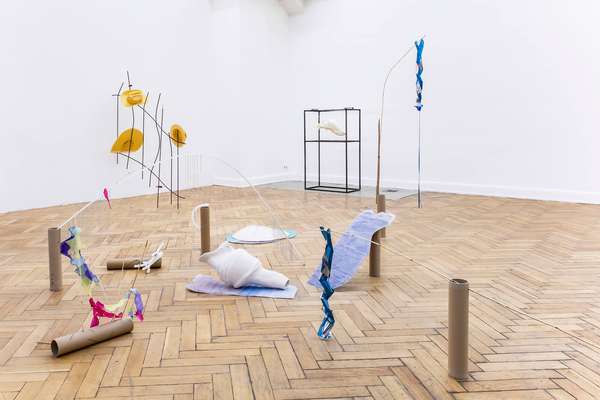
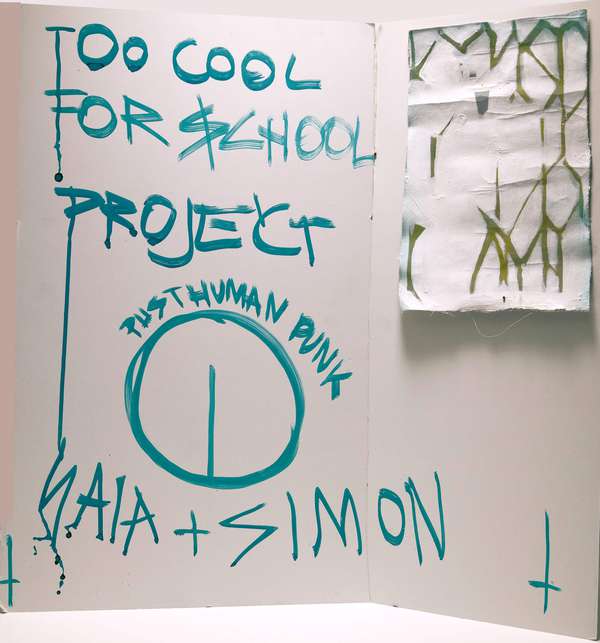
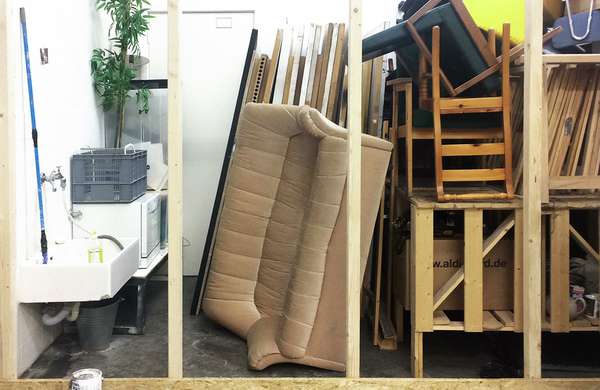

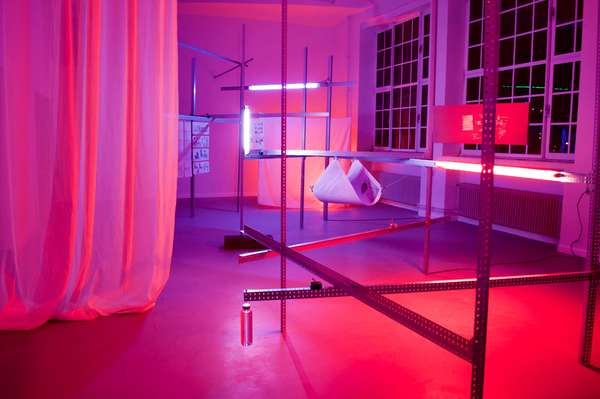
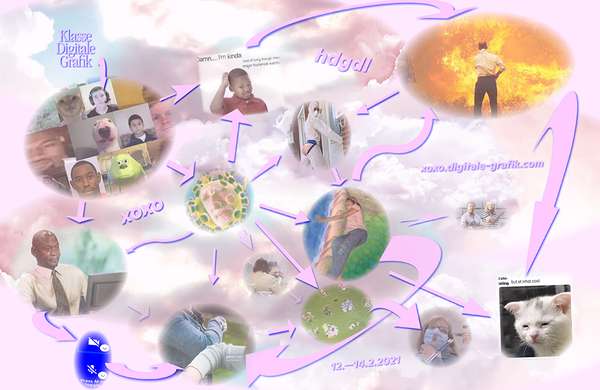
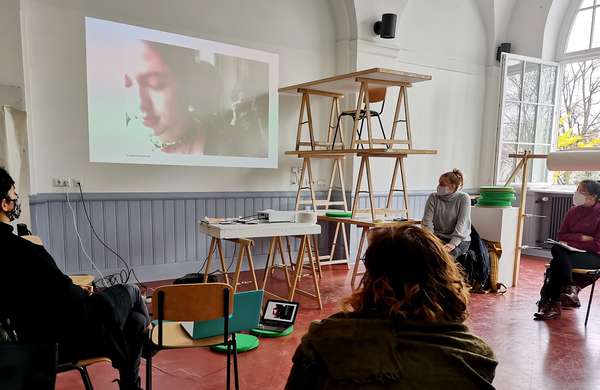
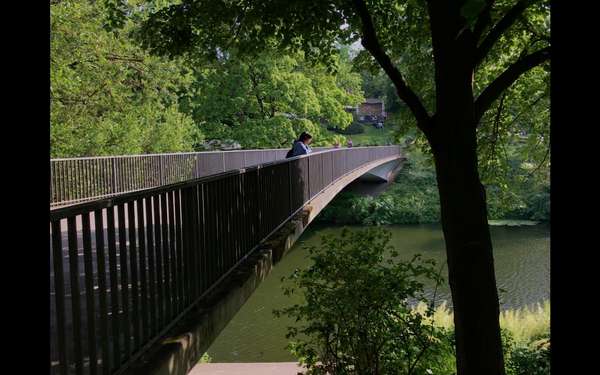
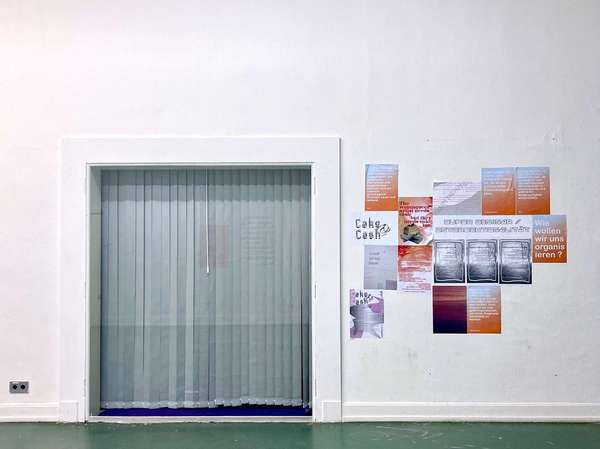
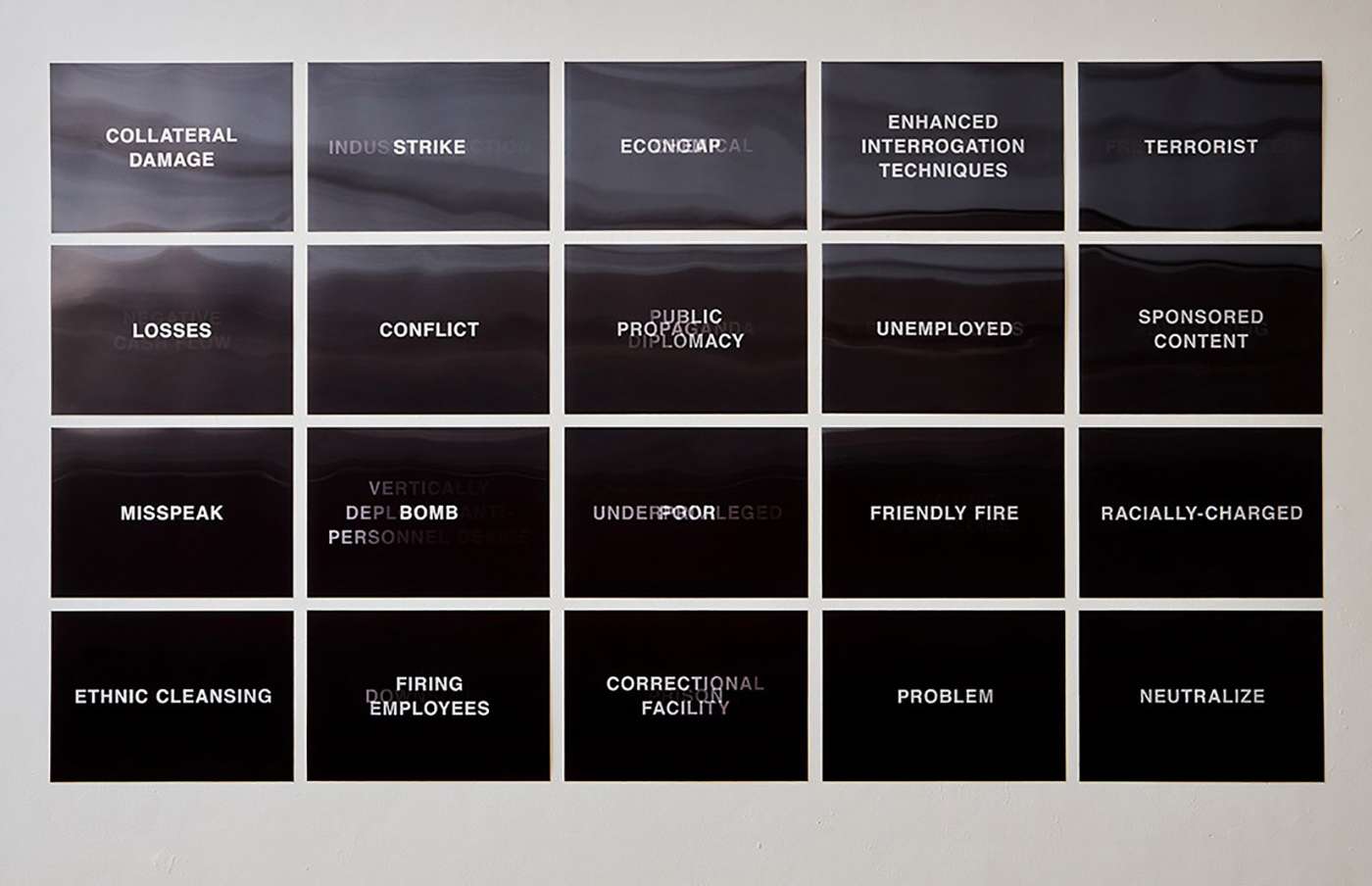
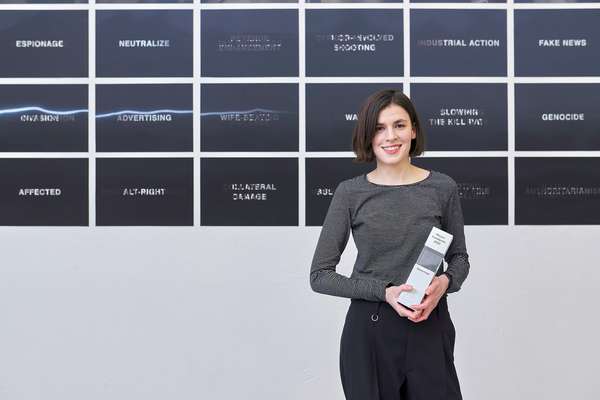
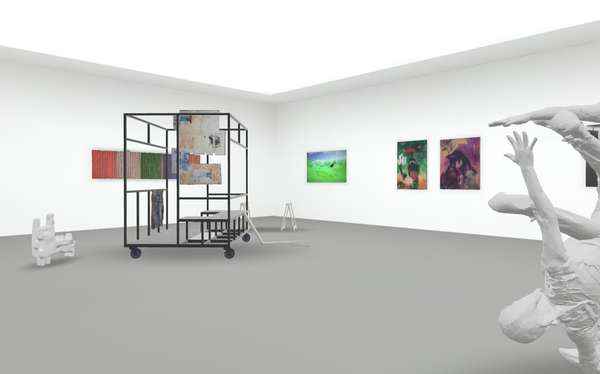
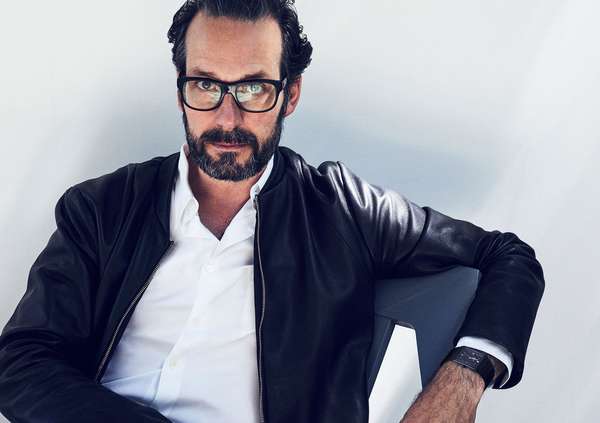
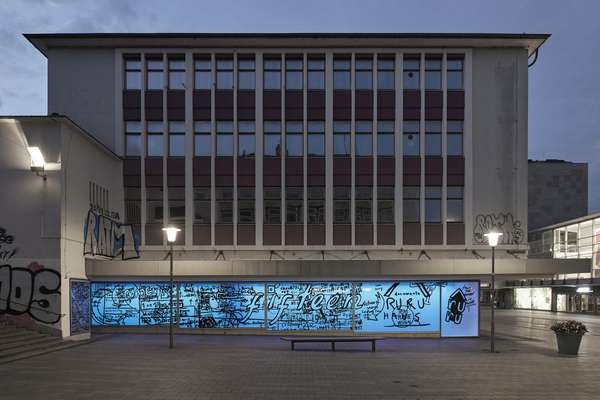
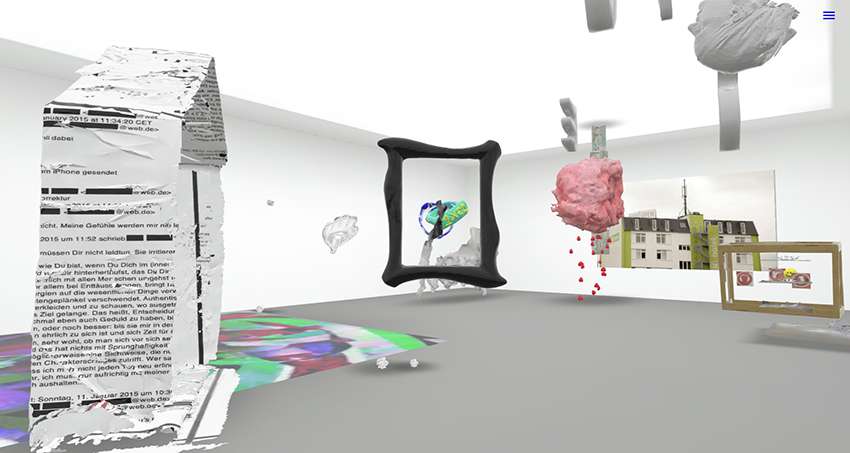
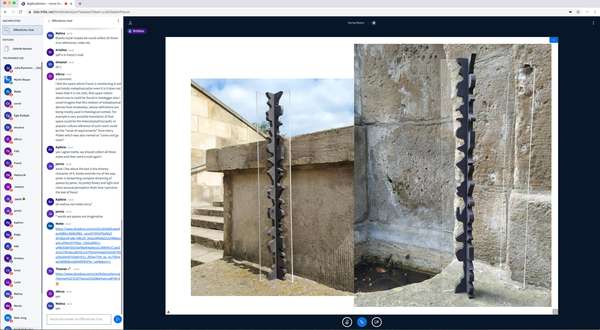
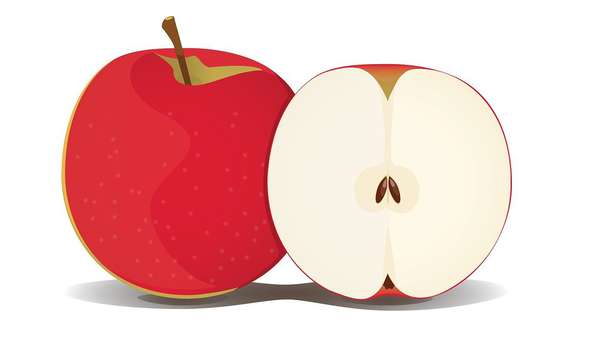
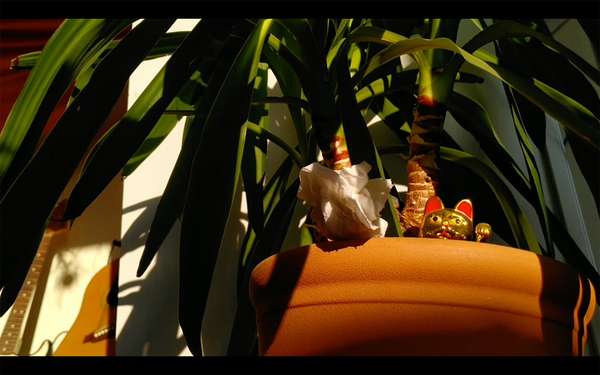
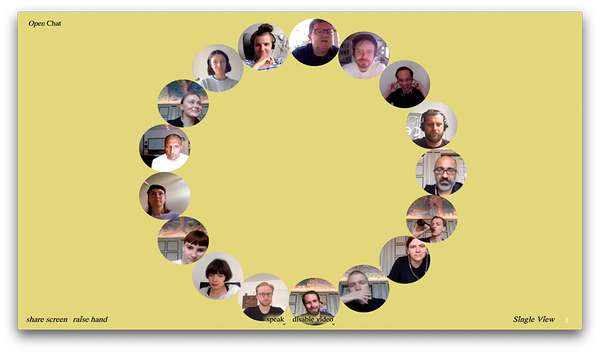
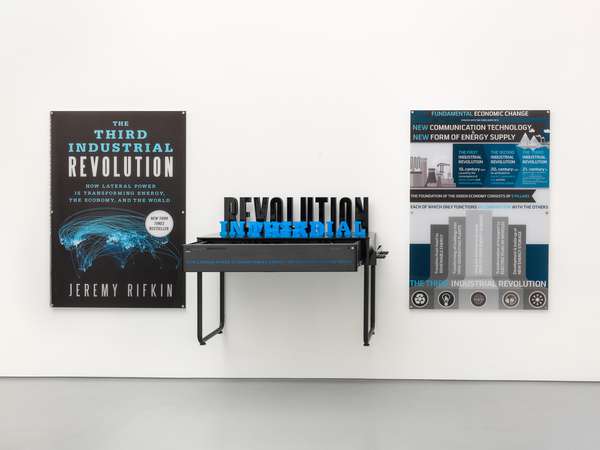
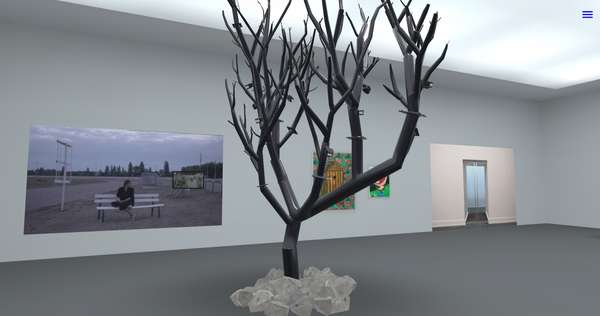
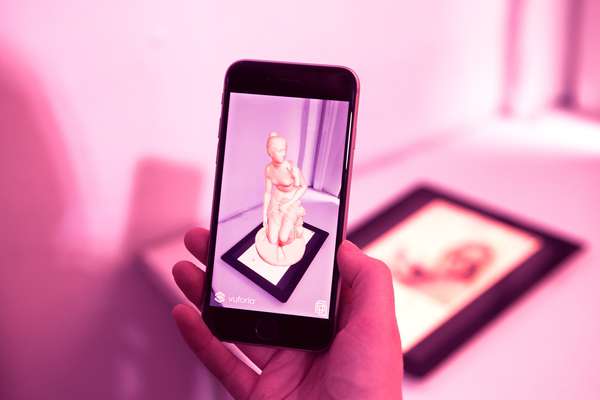
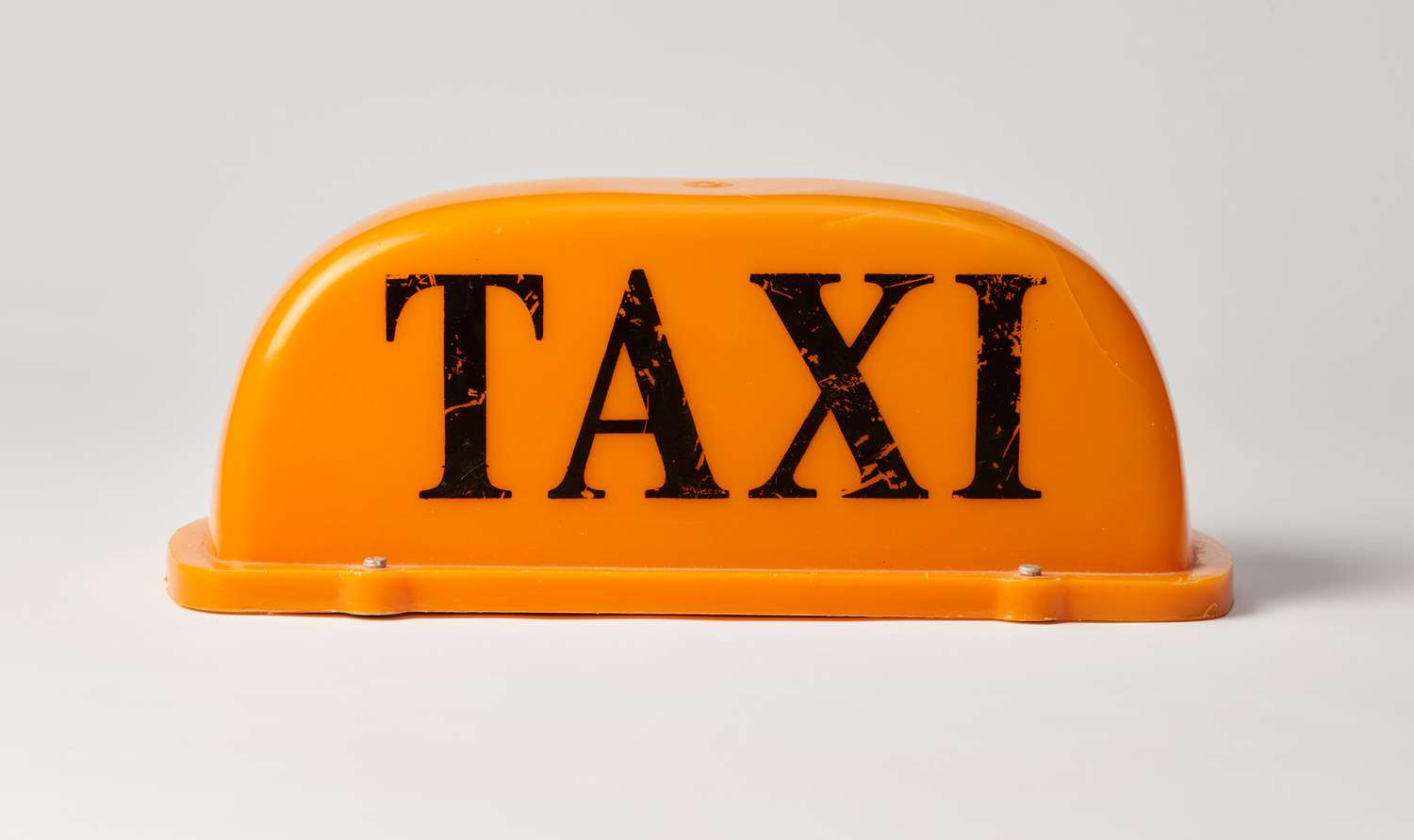
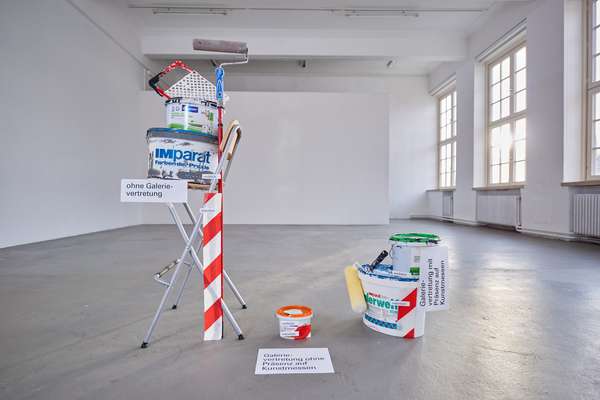
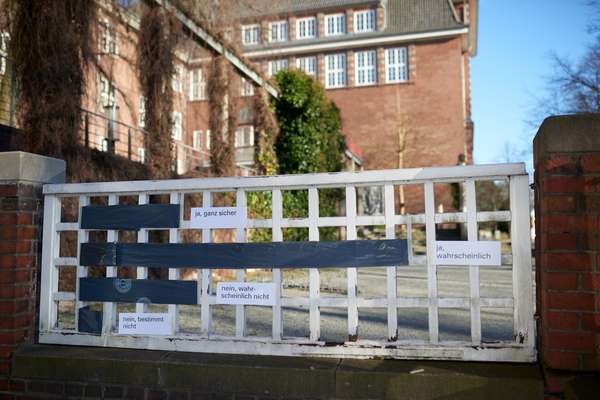
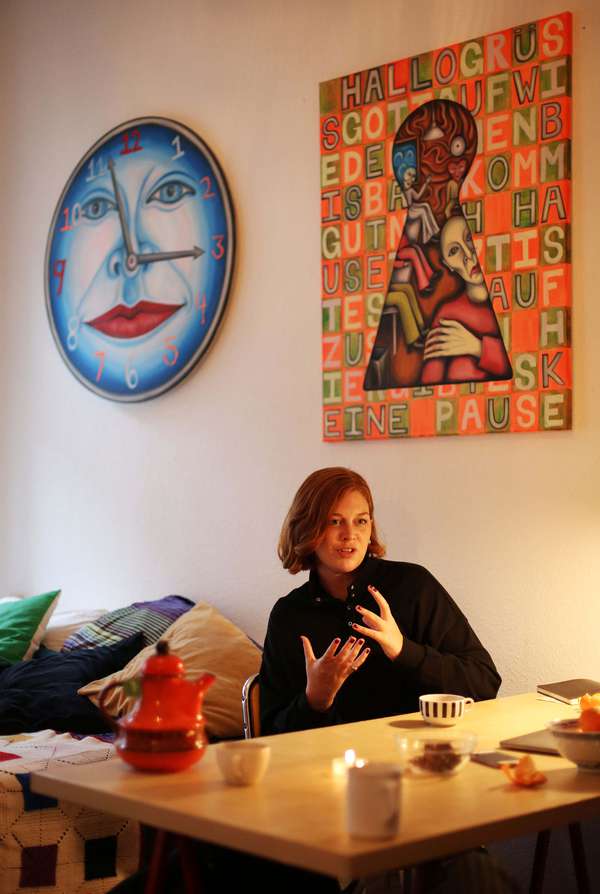
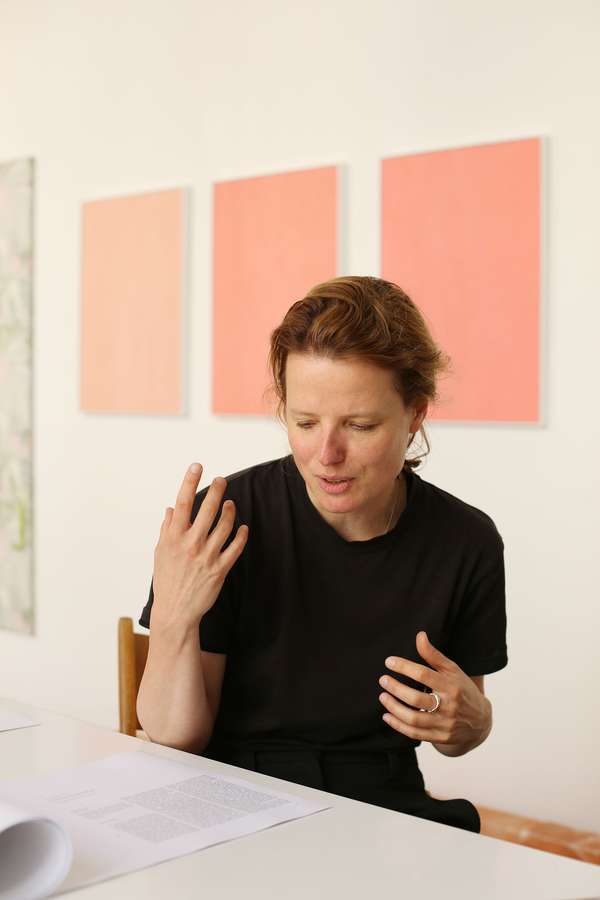
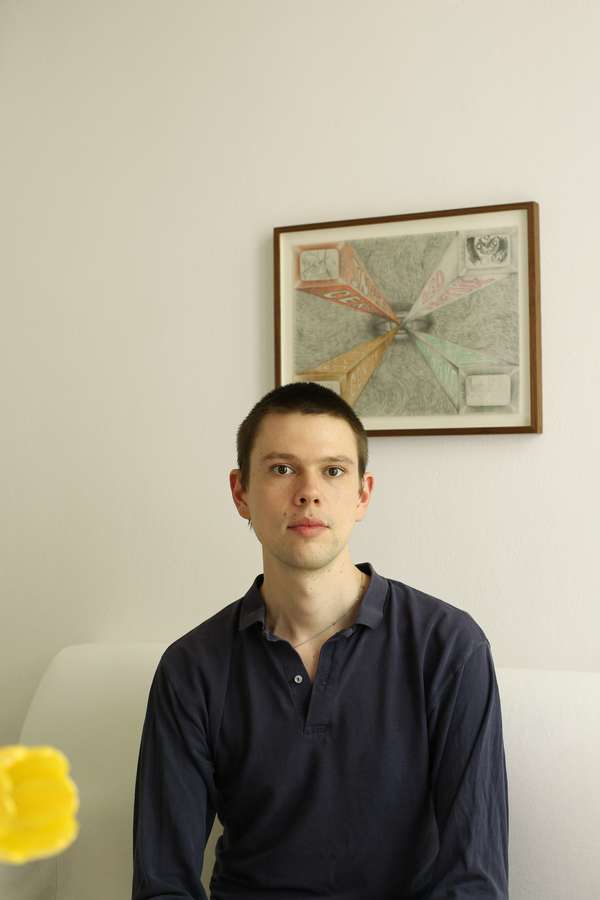
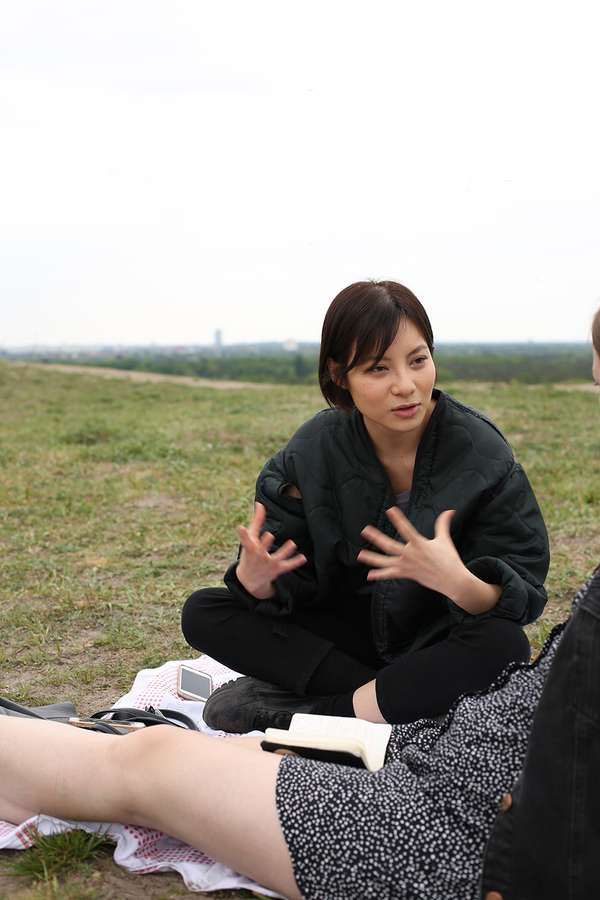
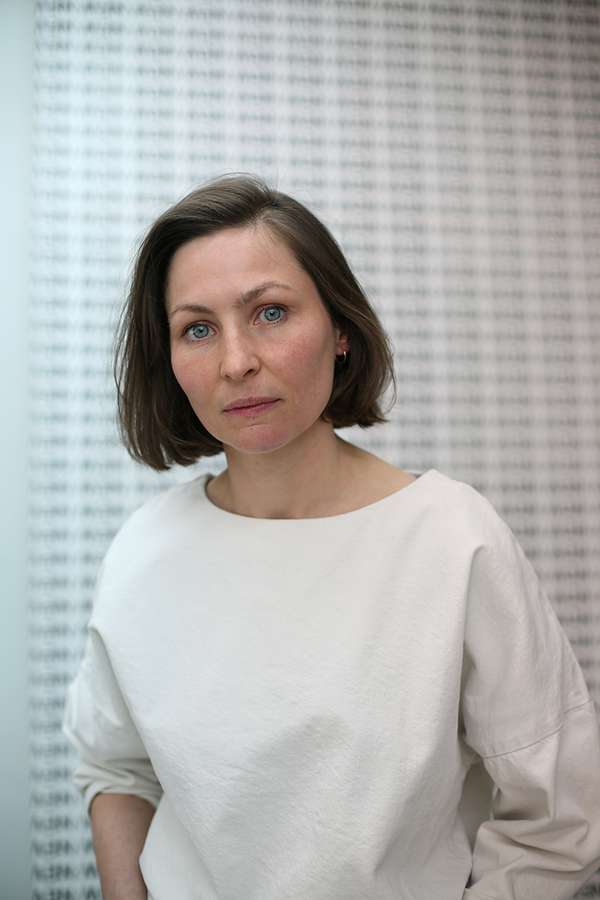
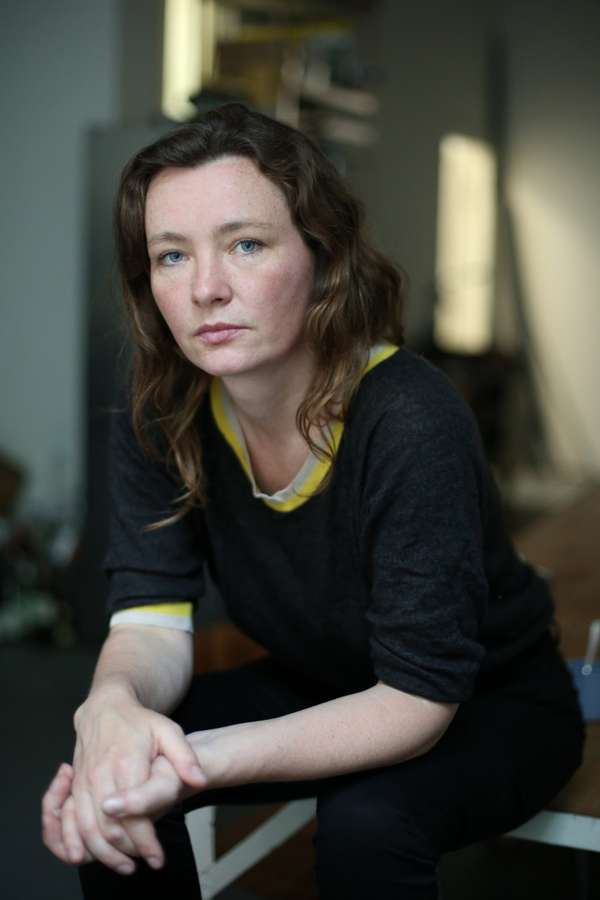
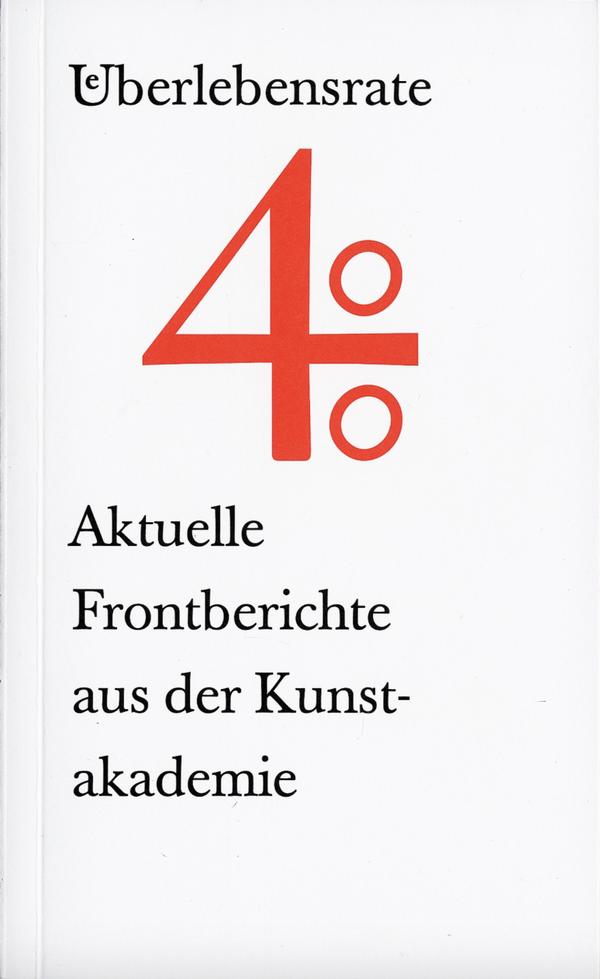
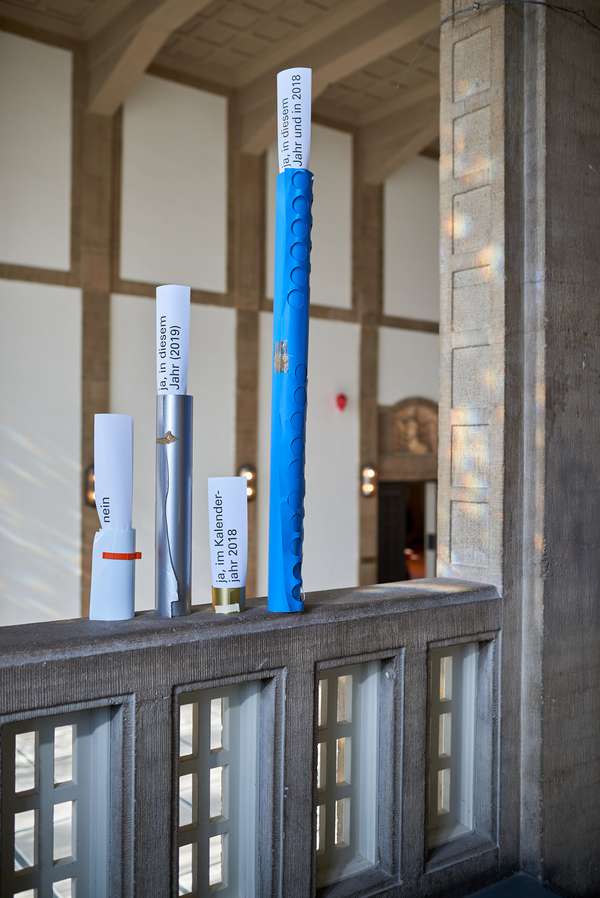
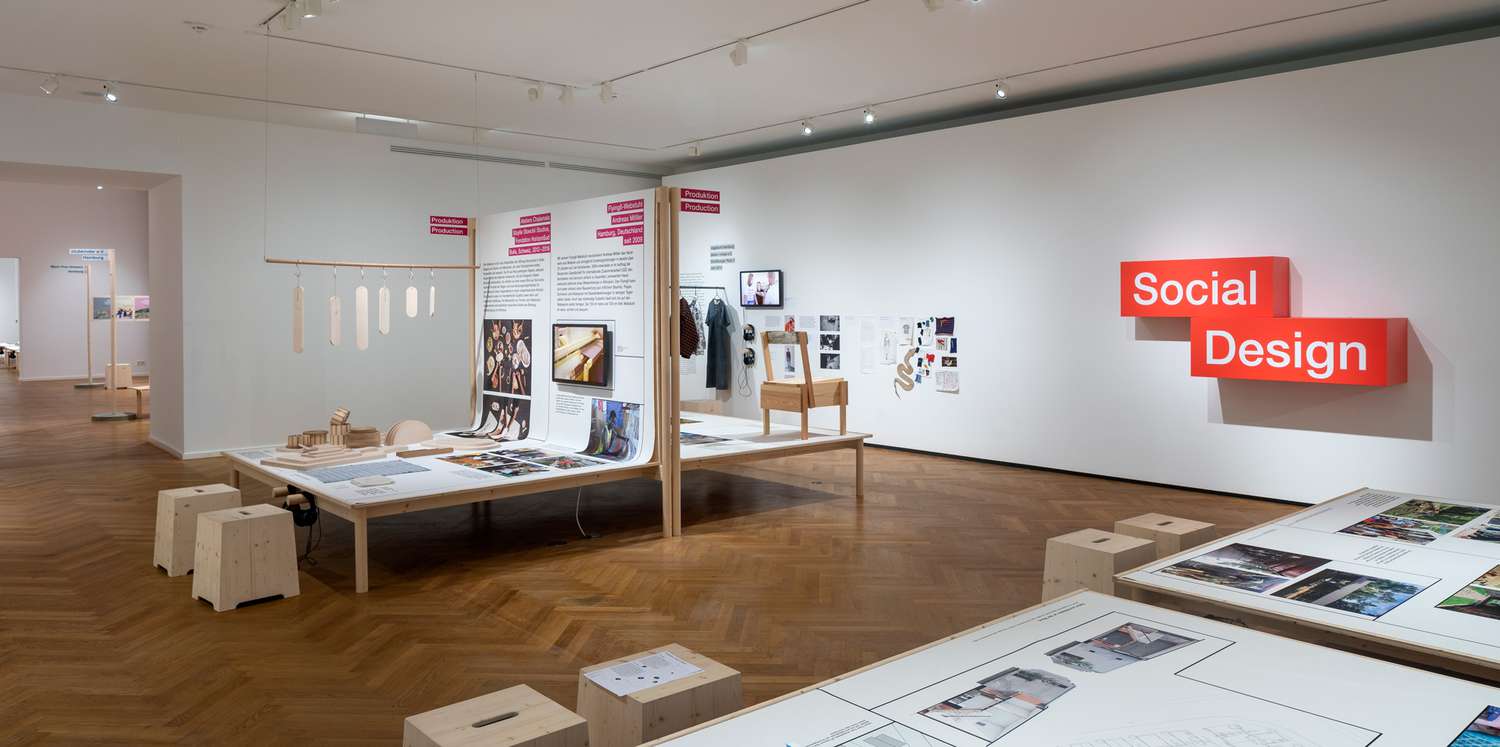
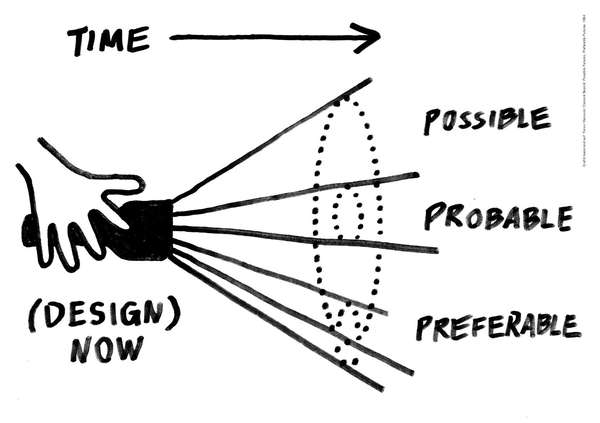
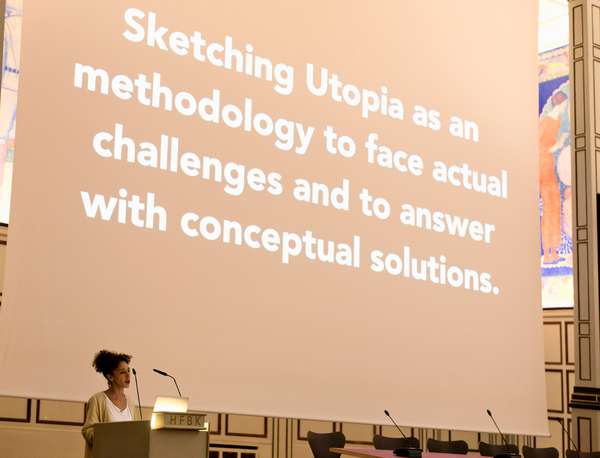
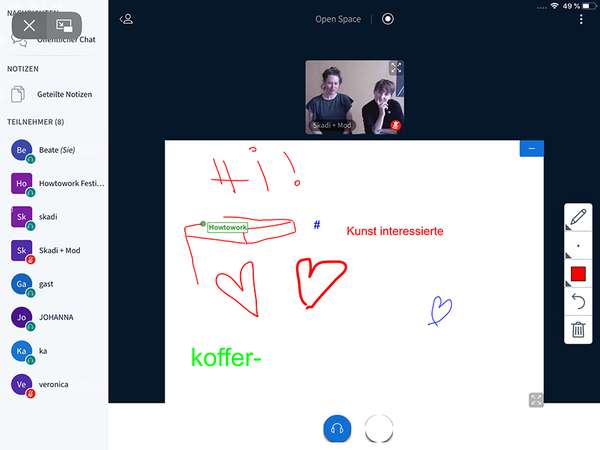
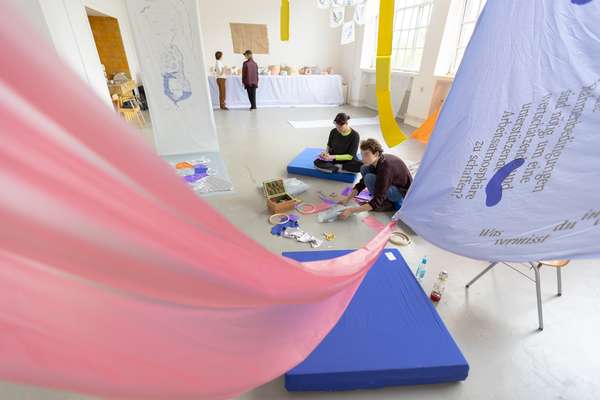
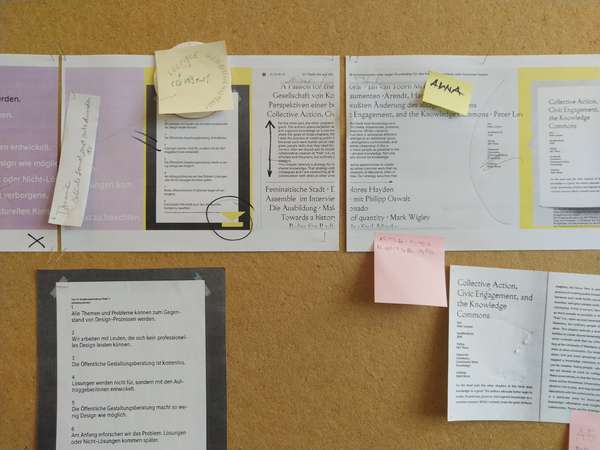
 Graduate Show 2025: Don't stop me now
Graduate Show 2025: Don't stop me now
 Long days, lots to do
Long days, lots to do
 Cine*Ami*es
Cine*Ami*es
 Redesign Democracy – competition for the ballot box of the democratic future
Redesign Democracy – competition for the ballot box of the democratic future
 Art in public space
Art in public space
 How to apply: study at HFBK Hamburg
How to apply: study at HFBK Hamburg
 Annual Exhibition 2025 at the HFBK Hamburg
Annual Exhibition 2025 at the HFBK Hamburg
 The Elephant in The Room – Sculpture today
The Elephant in The Room – Sculpture today
 Hiscox Art Prize 2024
Hiscox Art Prize 2024
 The New Woman
The New Woman
 Doing a PhD at the HFBK Hamburg
Doing a PhD at the HFBK Hamburg
 Graduate Show 2024 - Letting Go
Graduate Show 2024 - Letting Go
 Finkenwerder Art Prize 2024
Finkenwerder Art Prize 2024
 Archives of the Body - The Body in Archiving
Archives of the Body - The Body in Archiving
 New partnership with the School of Arts at the University of Haifa
New partnership with the School of Arts at the University of Haifa
 Annual Exhibition 2024 at the HFBK Hamburg
Annual Exhibition 2024 at the HFBK Hamburg
 (Ex)Changes of / in Art
(Ex)Changes of / in Art
 Extended Libraries
Extended Libraries
 And Still I Rise
And Still I Rise
 Let's talk about language
Let's talk about language
 Graduate Show 2023: Unfinished Business
Graduate Show 2023: Unfinished Business
 Let`s work together
Let`s work together
 Annual Exhibition 2023 at HFBK Hamburg
Annual Exhibition 2023 at HFBK Hamburg
 Symposium: Controversy over documenta fifteen
Symposium: Controversy over documenta fifteen
 Festival and Symposium: Non-Knowledge, Laughter and the Moving Image
Festival and Symposium: Non-Knowledge, Laughter and the Moving Image
 Solo exhibition by Konstantin Grcic
Solo exhibition by Konstantin Grcic
 Art and war
Art and war
 Graduate Show 2022: We’ve Only Just Begun
Graduate Show 2022: We’ve Only Just Begun
 June is full of art and theory
June is full of art and theory
 Finkenwerder Art Prize 2022
Finkenwerder Art Prize 2022
 Nachhaltigkeit im Kontext von Kunst und Kunsthochschule
Nachhaltigkeit im Kontext von Kunst und Kunsthochschule
 Raum für die Kunst
Raum für die Kunst
 Annual Exhibition 2022 at the HFBK
Annual Exhibition 2022 at the HFBK
 Conference: Counter-Monuments and Para-Monuments.
Conference: Counter-Monuments and Para-Monuments.
 Diversity
Diversity
 Live und in Farbe: die ASA Open Studios im Juni 2021
Live und in Farbe: die ASA Open Studios im Juni 2021
 Unlearning: Wartenau Assemblies
Unlearning: Wartenau Assemblies
 School of No Consequences
School of No Consequences
 Annual Exhibition 2021 at the HFBK
Annual Exhibition 2021 at the HFBK
 Semestereröffnung und Hiscox-Preisverleihung 2020
Semestereröffnung und Hiscox-Preisverleihung 2020
 Teaching Art Online at the HFBK
Teaching Art Online at the HFBK
 HFBK Graduate Survey
HFBK Graduate Survey
 How political is Social Design?
How political is Social Design?